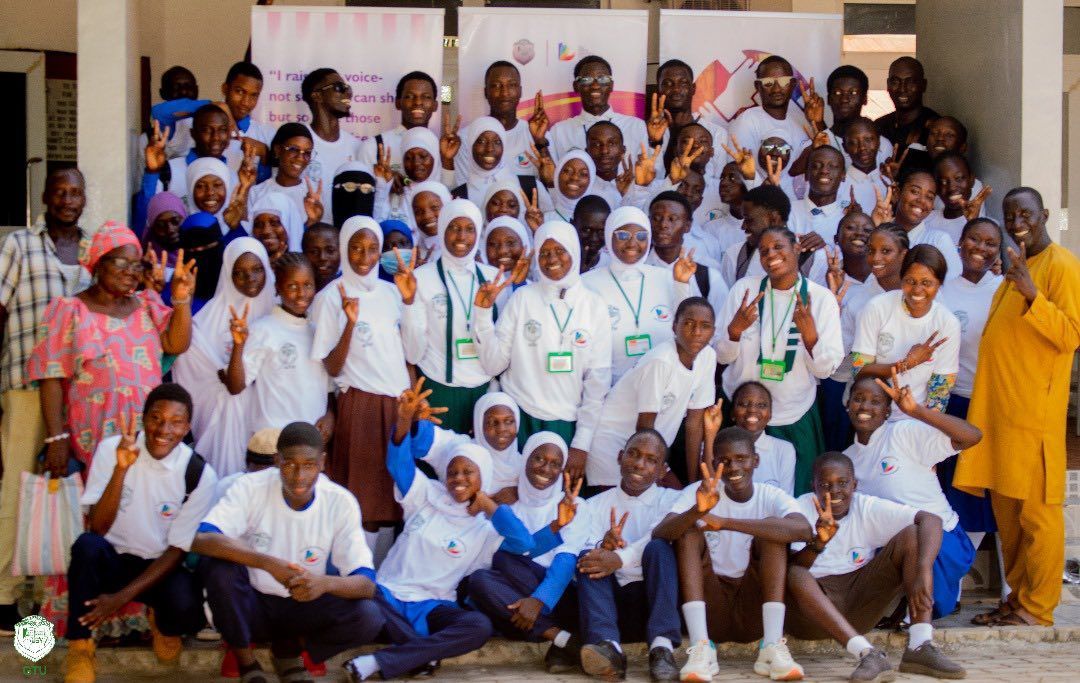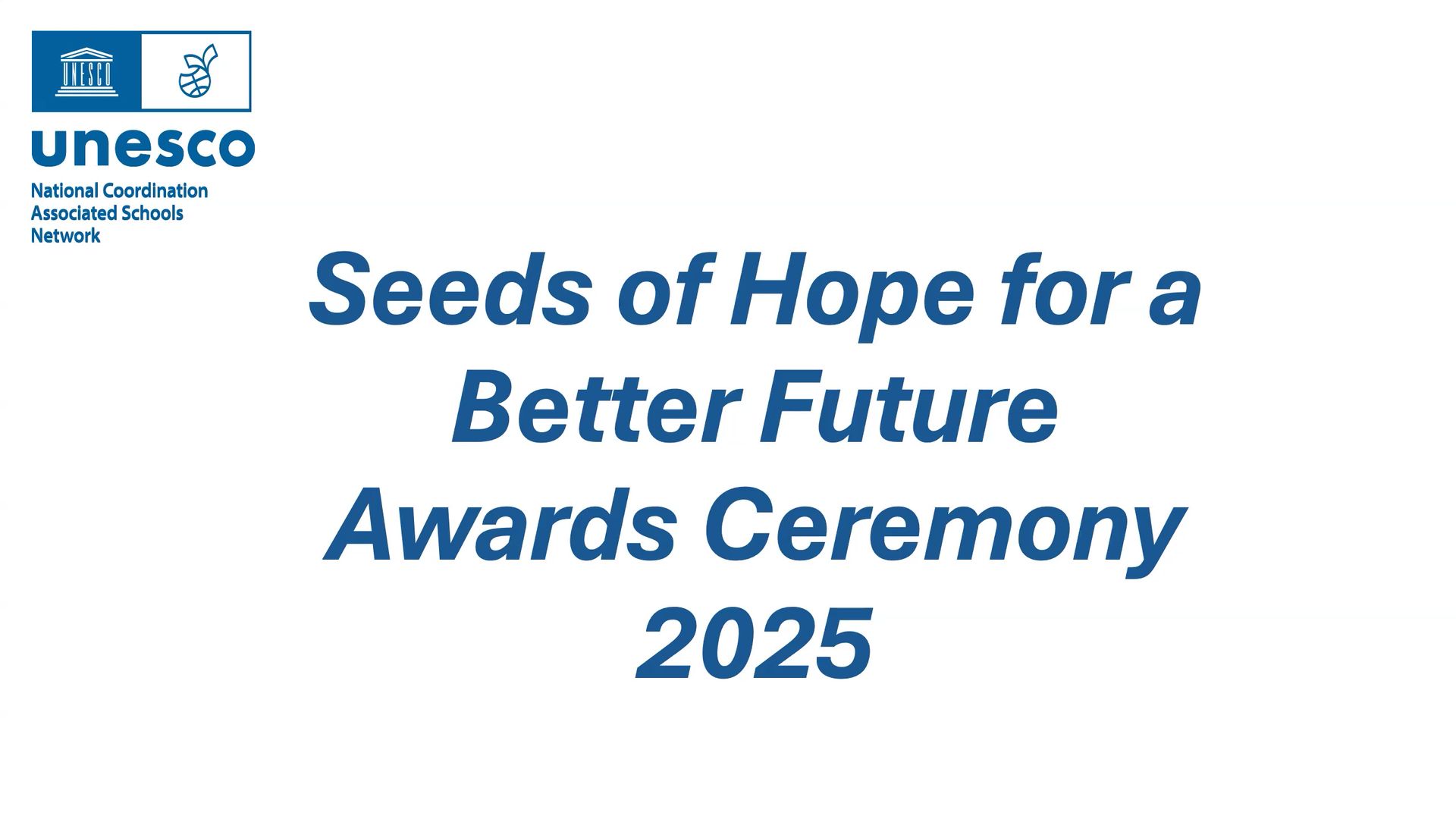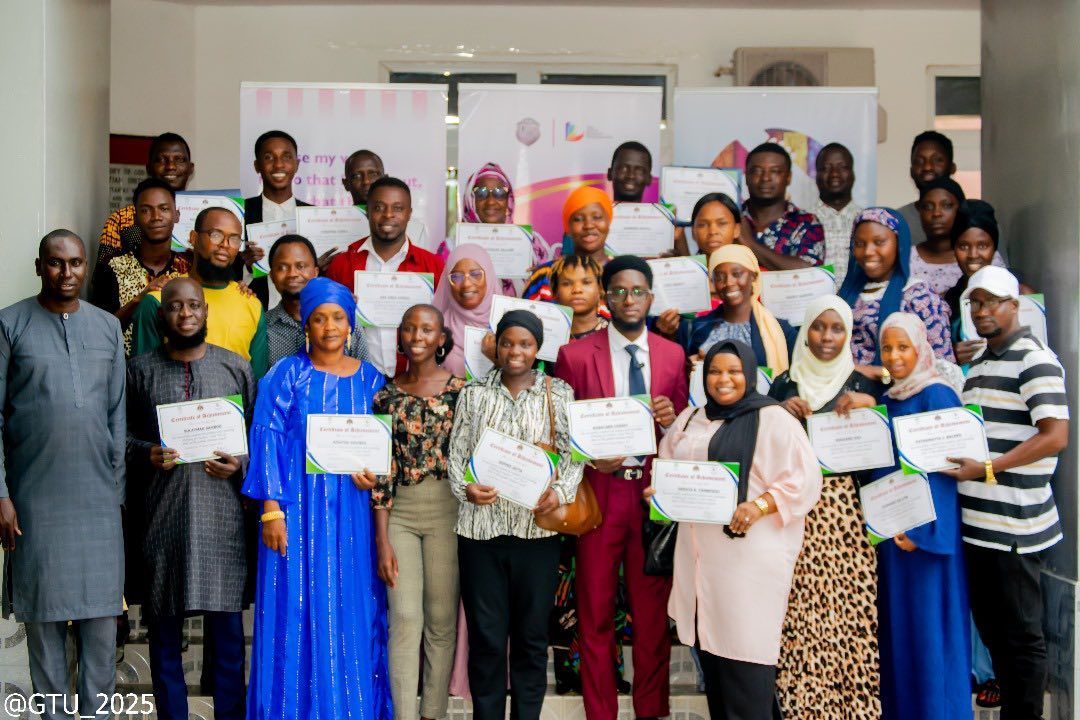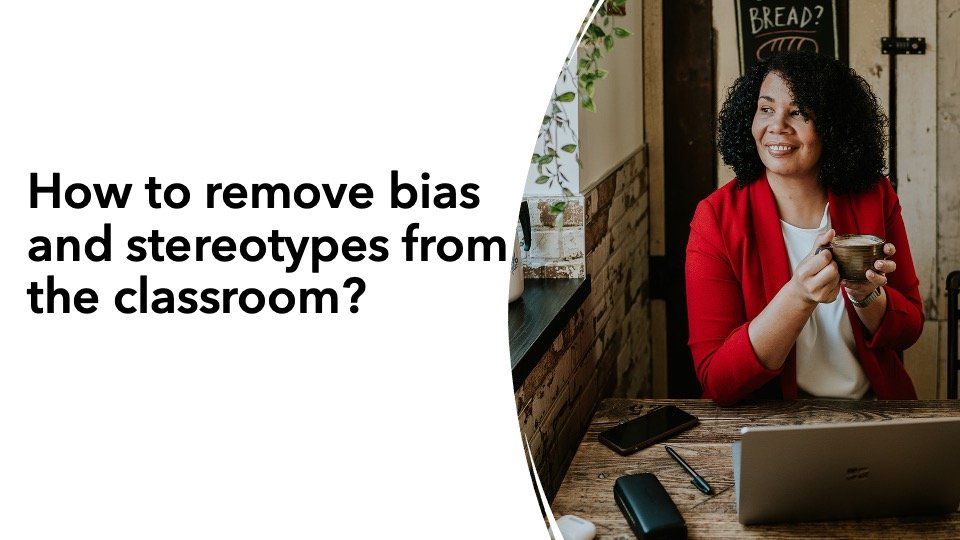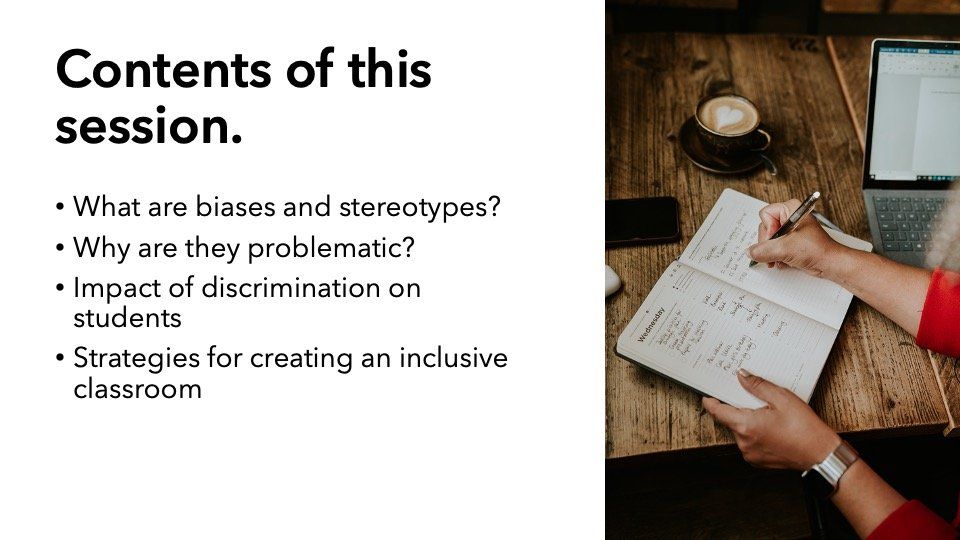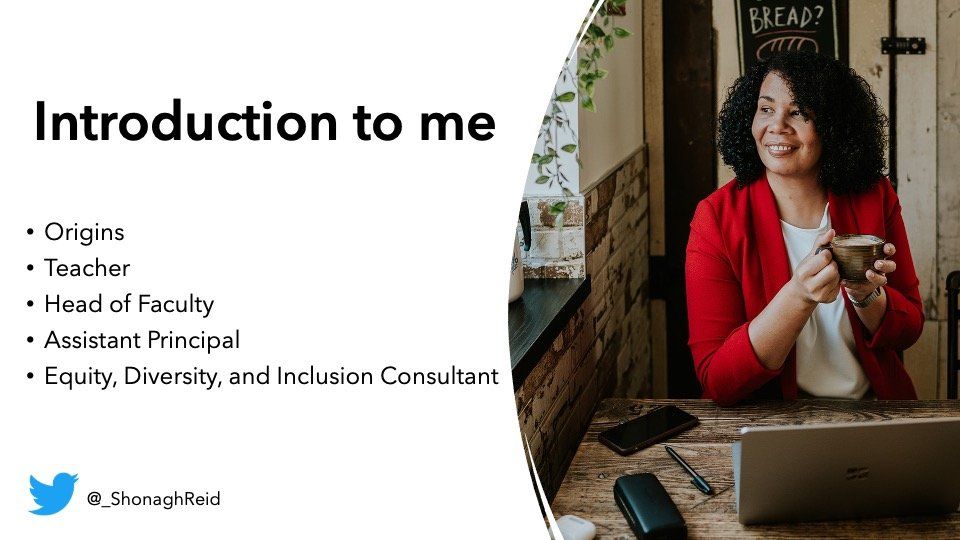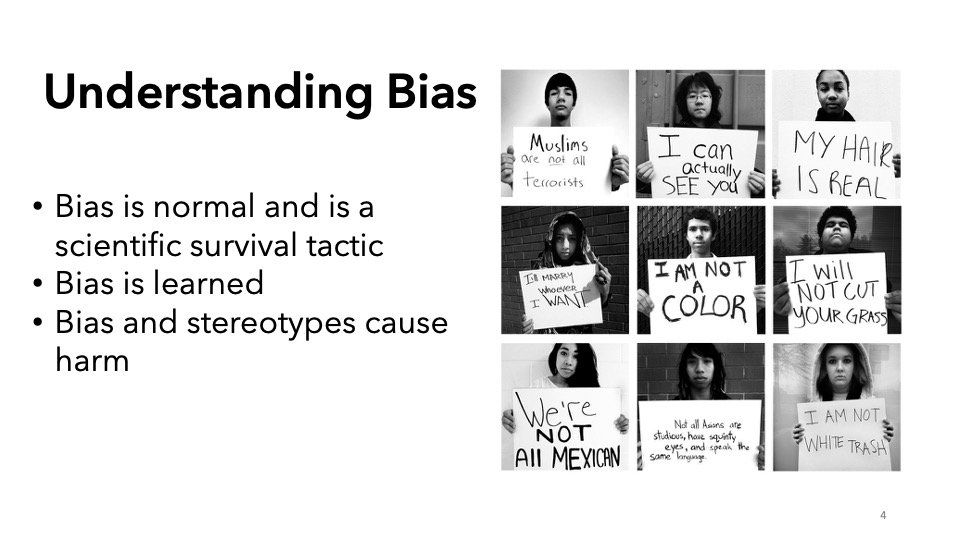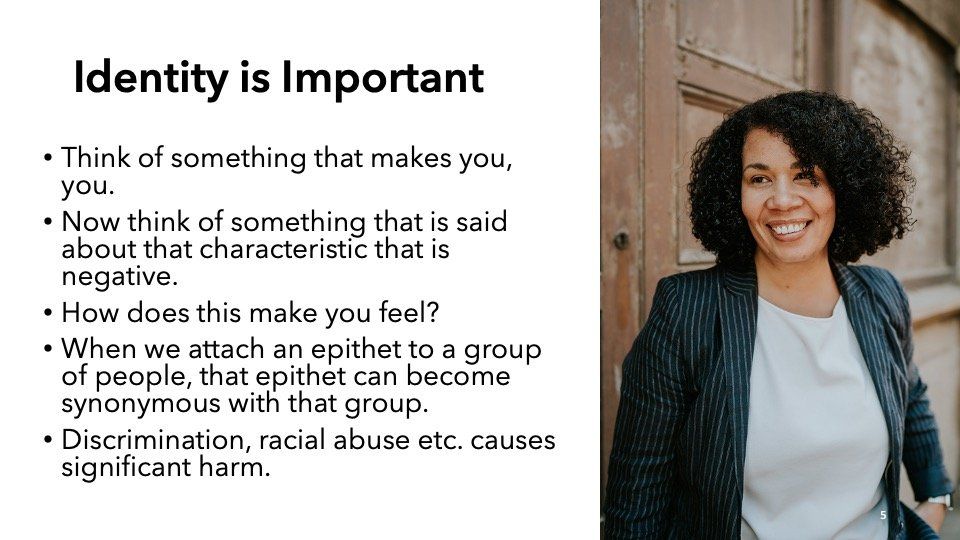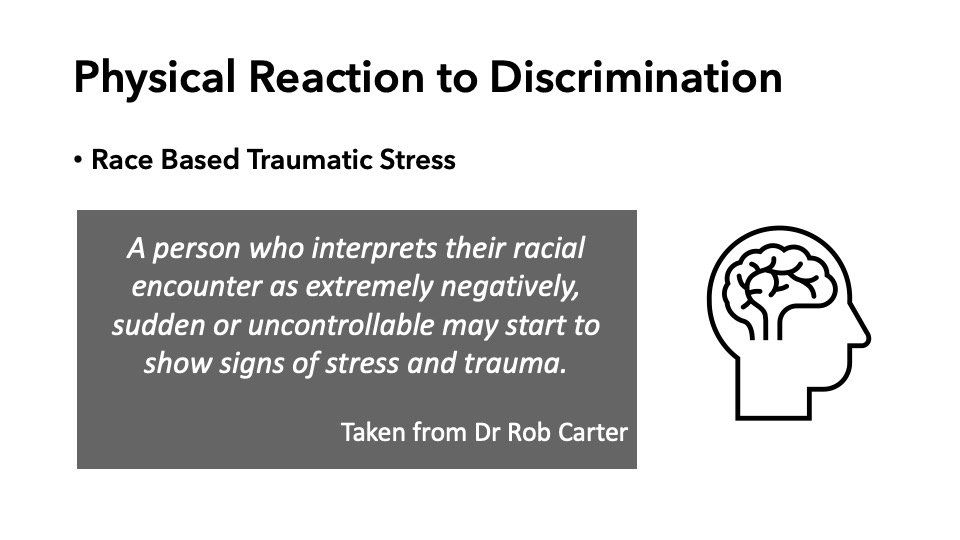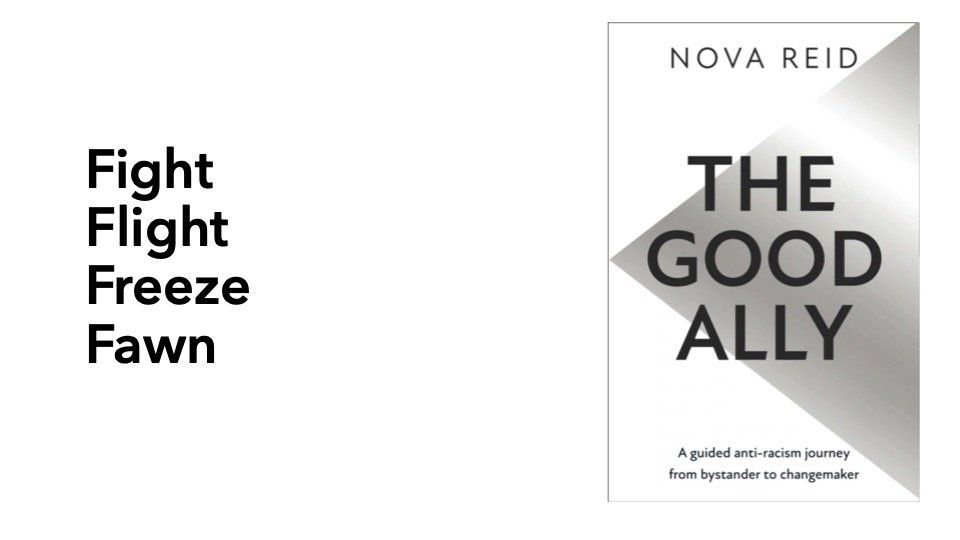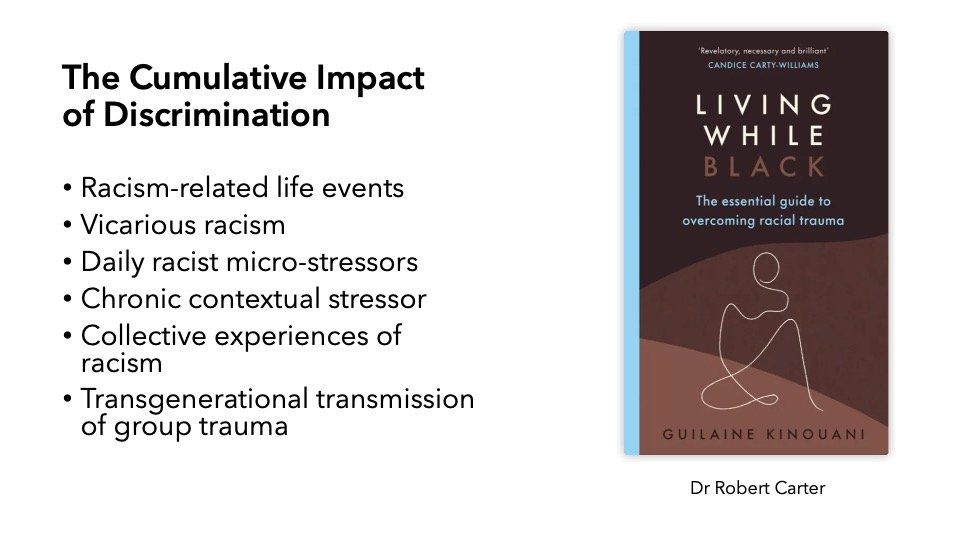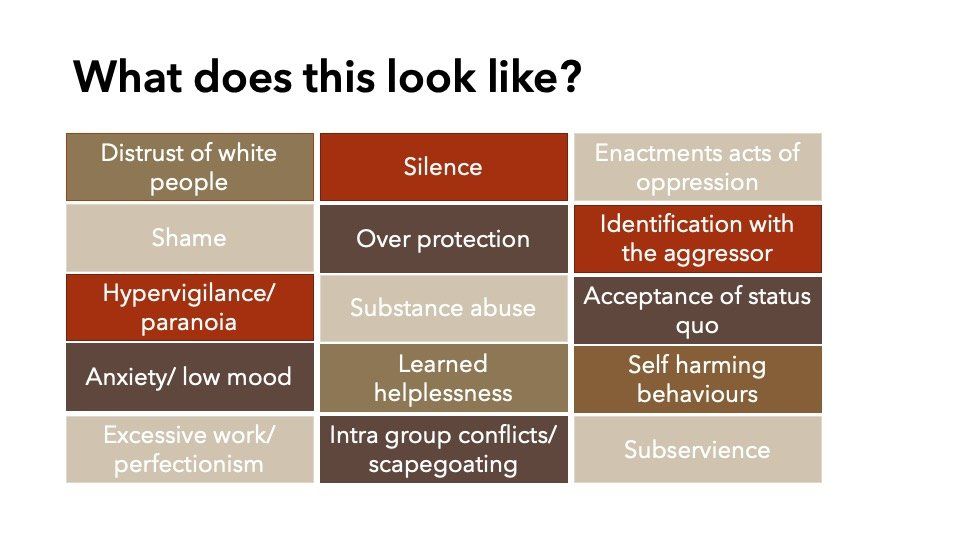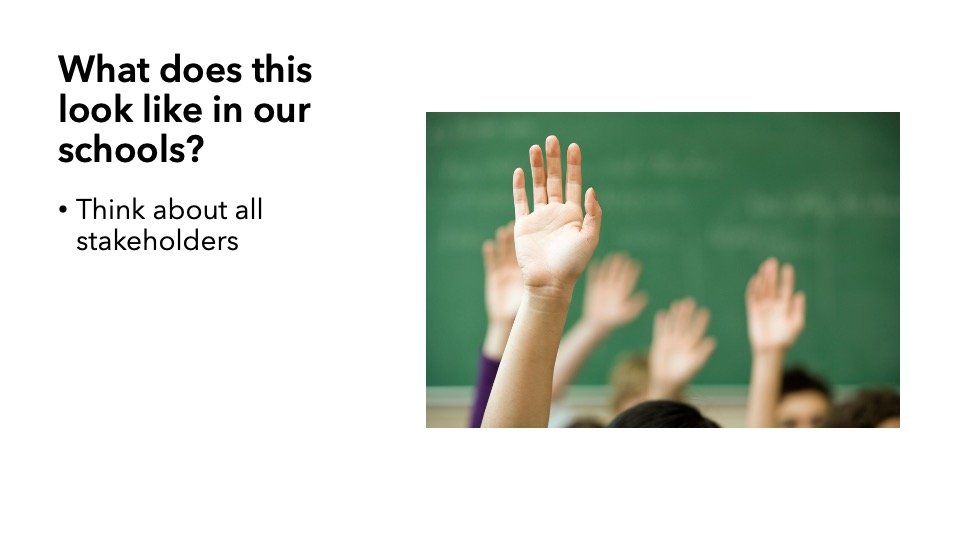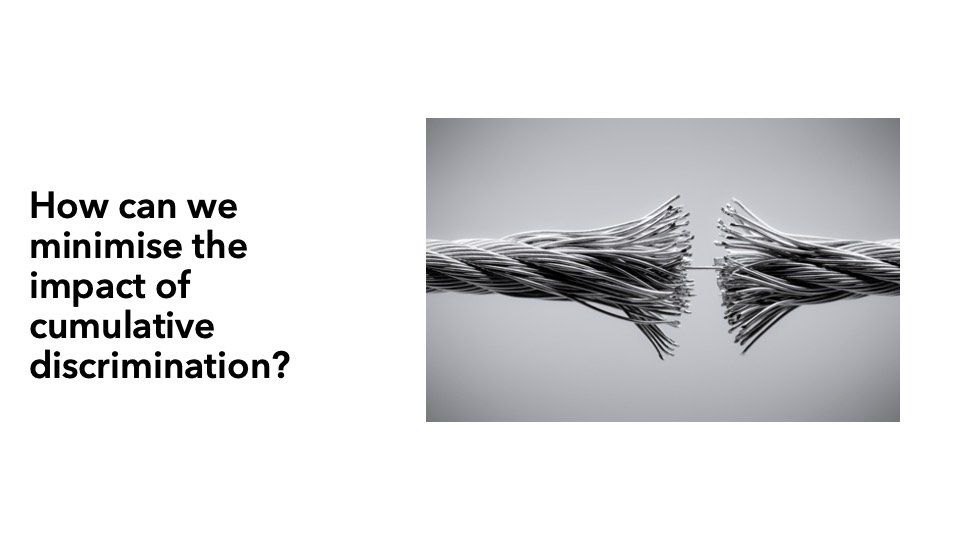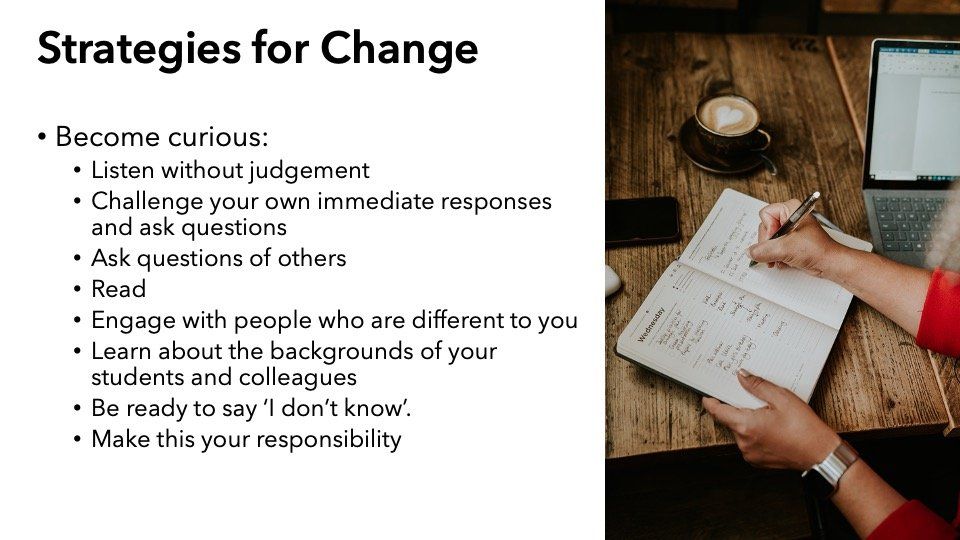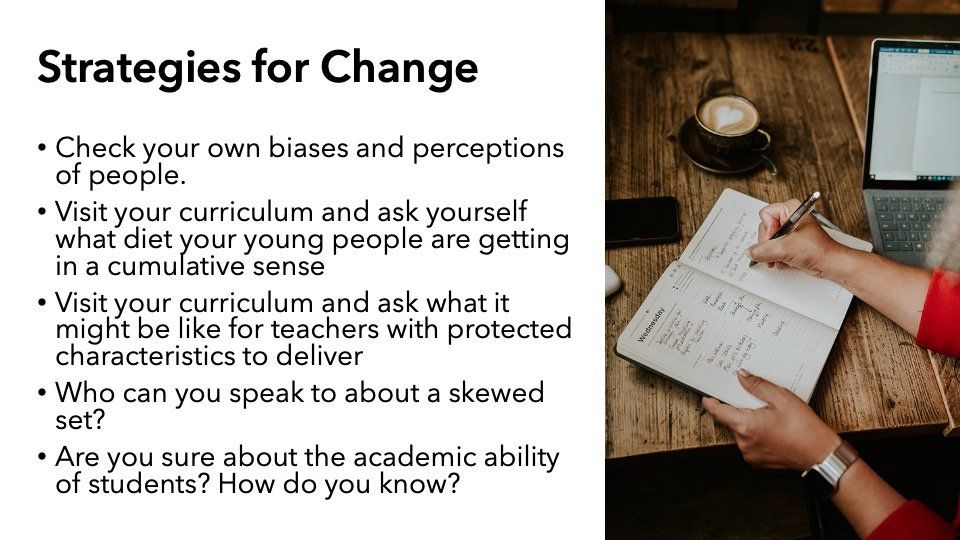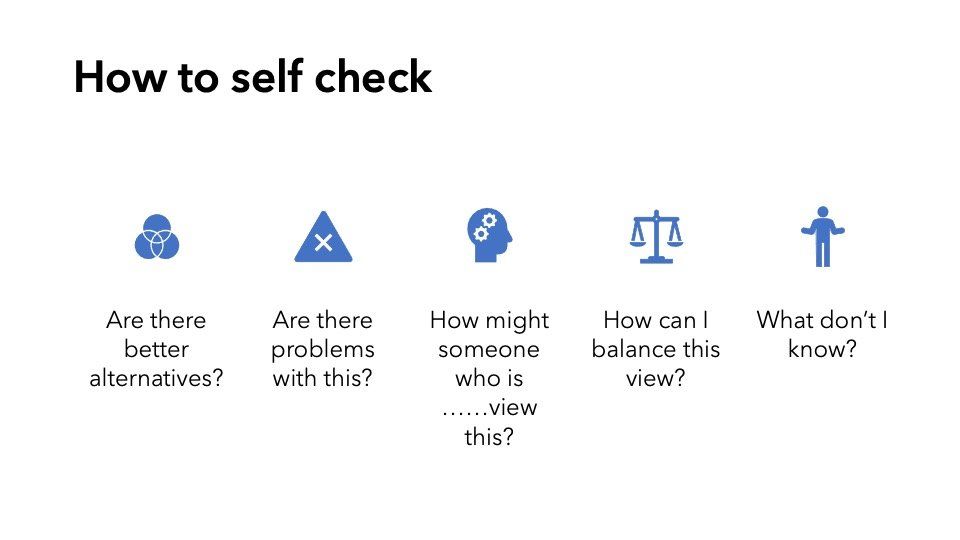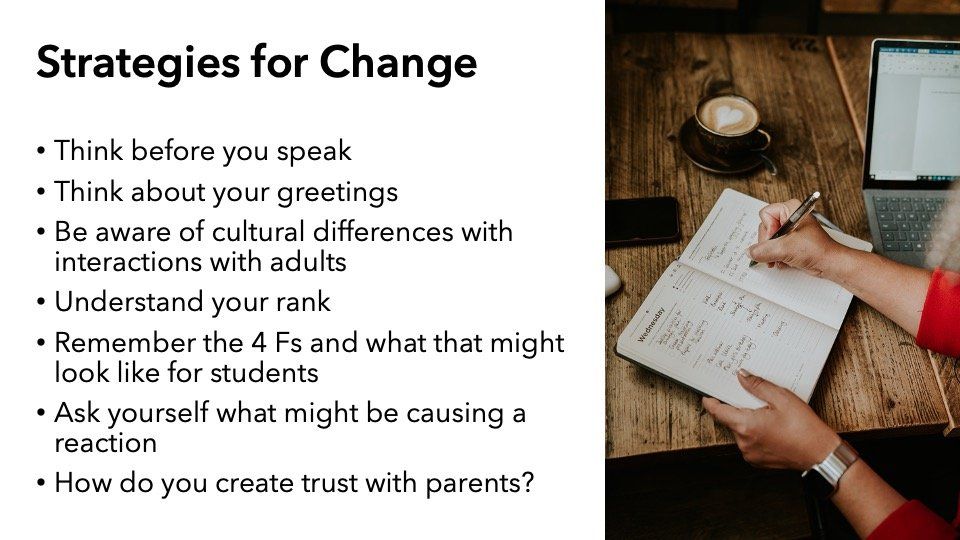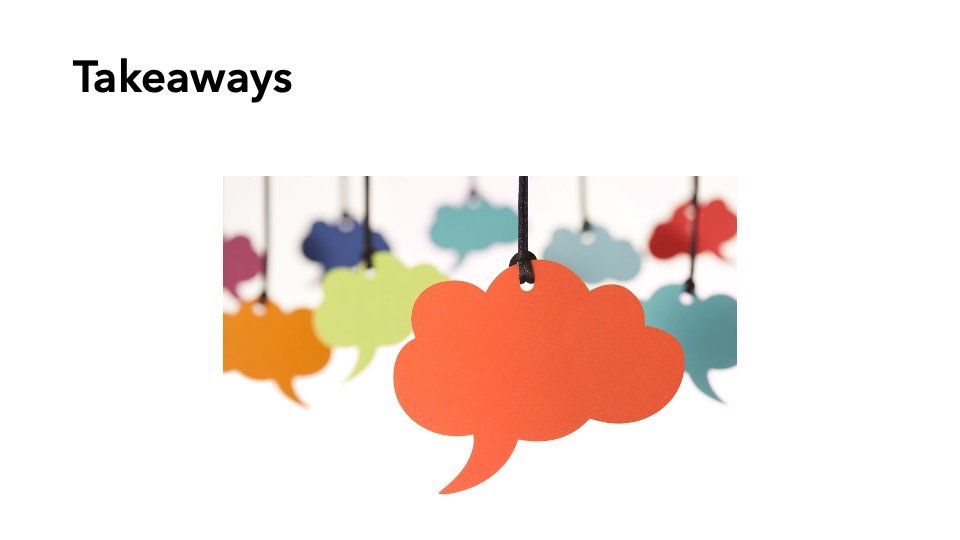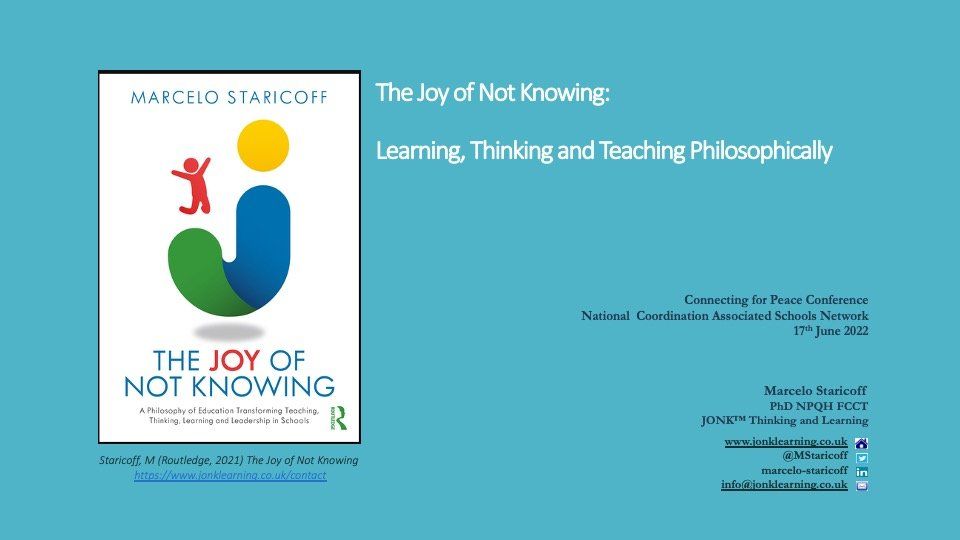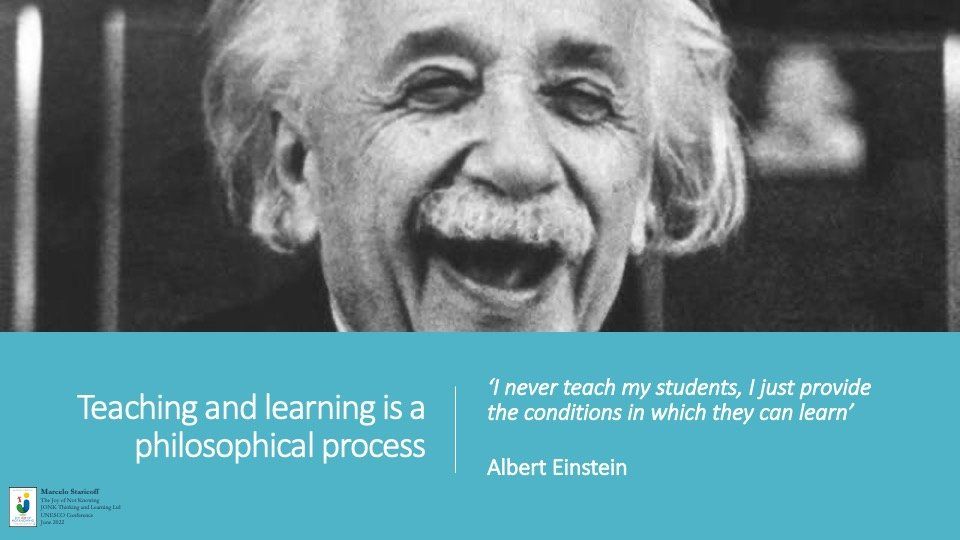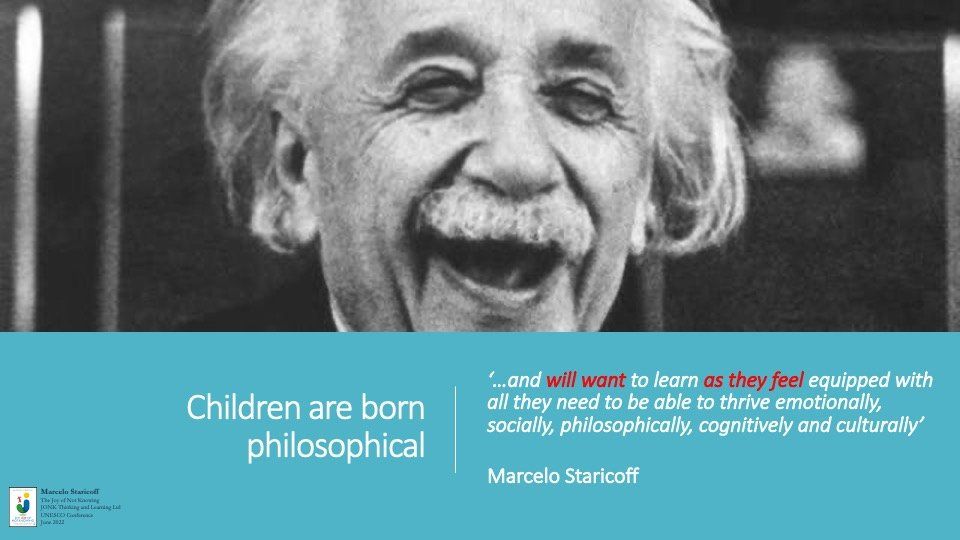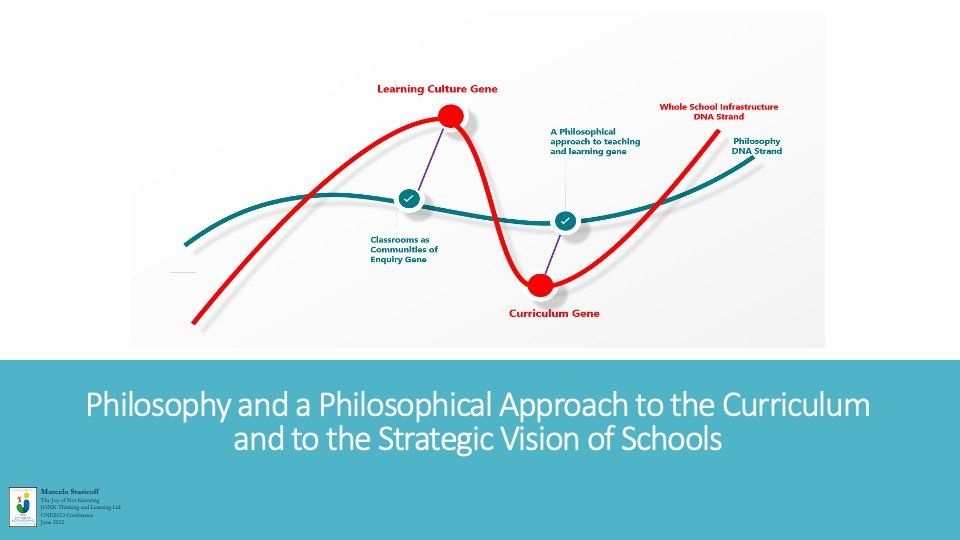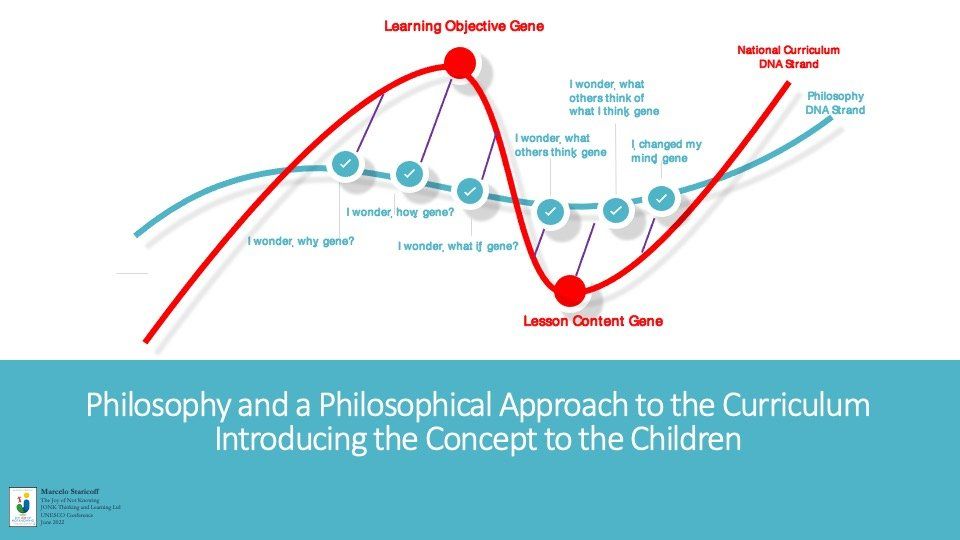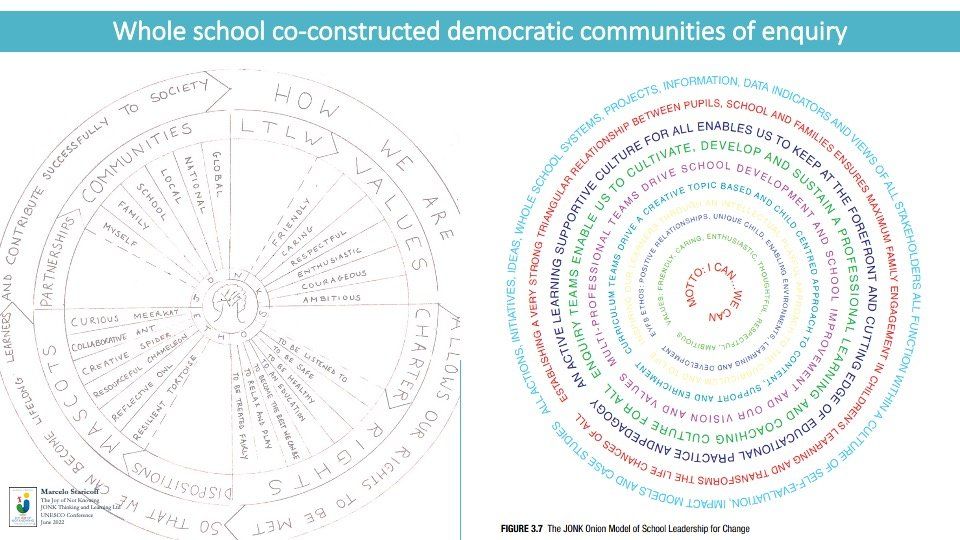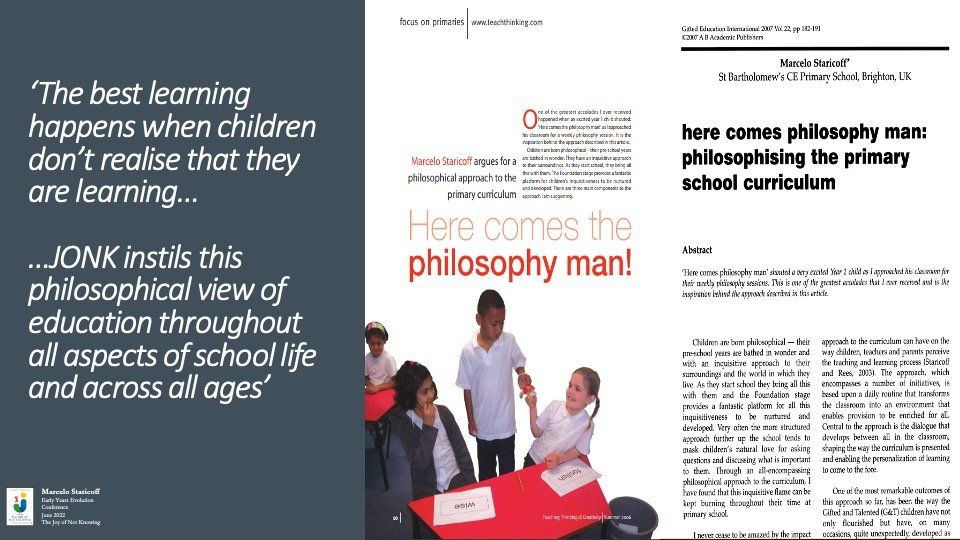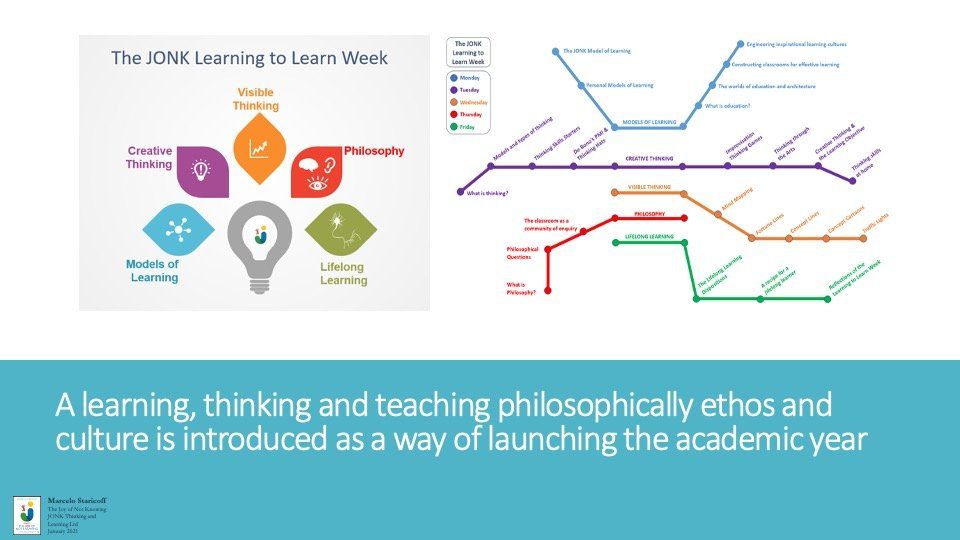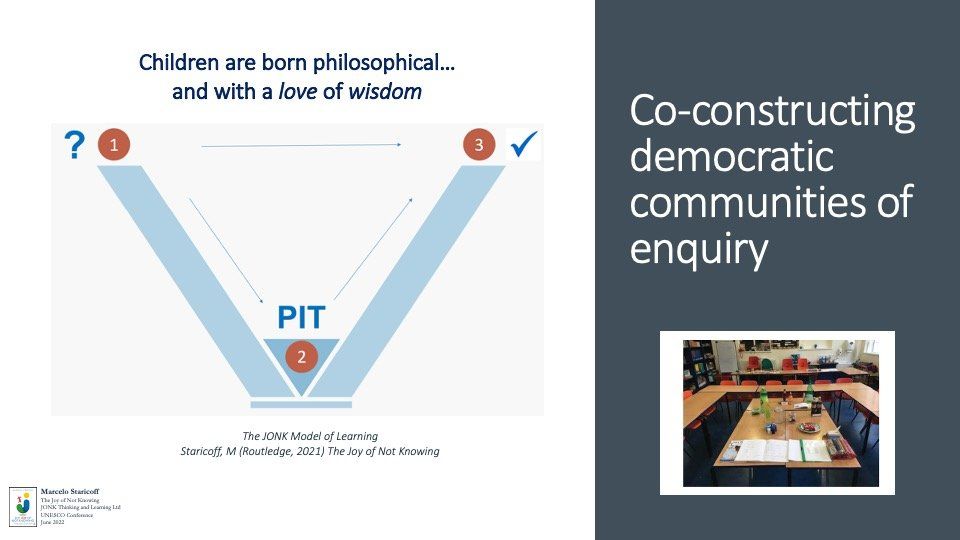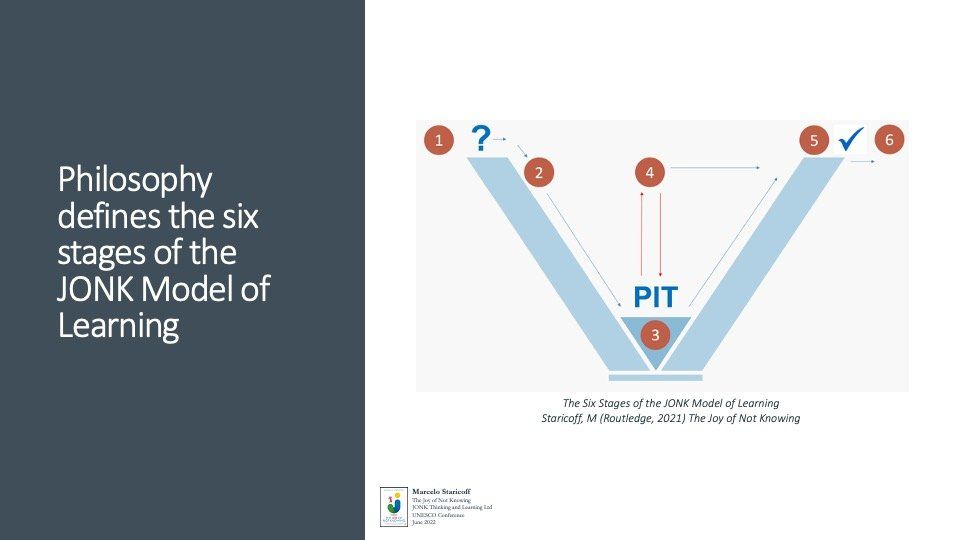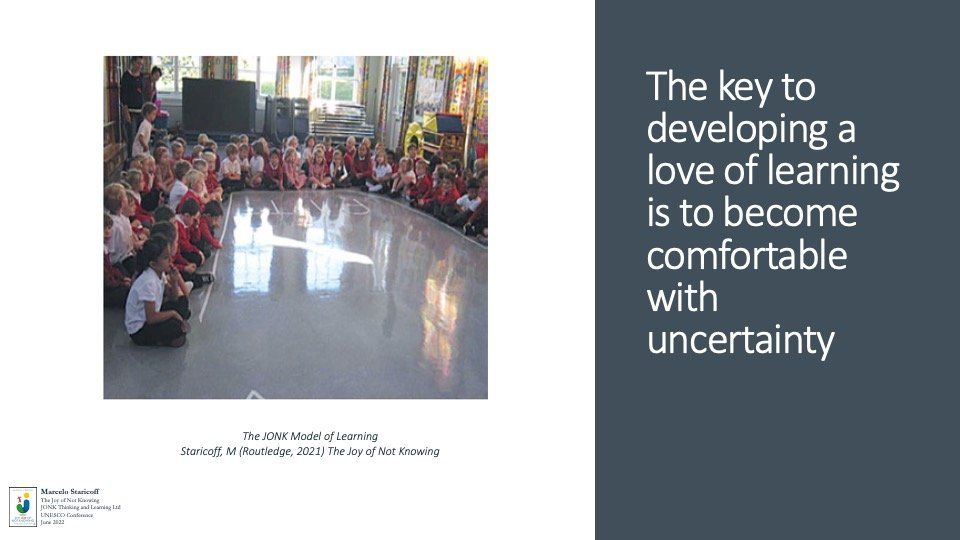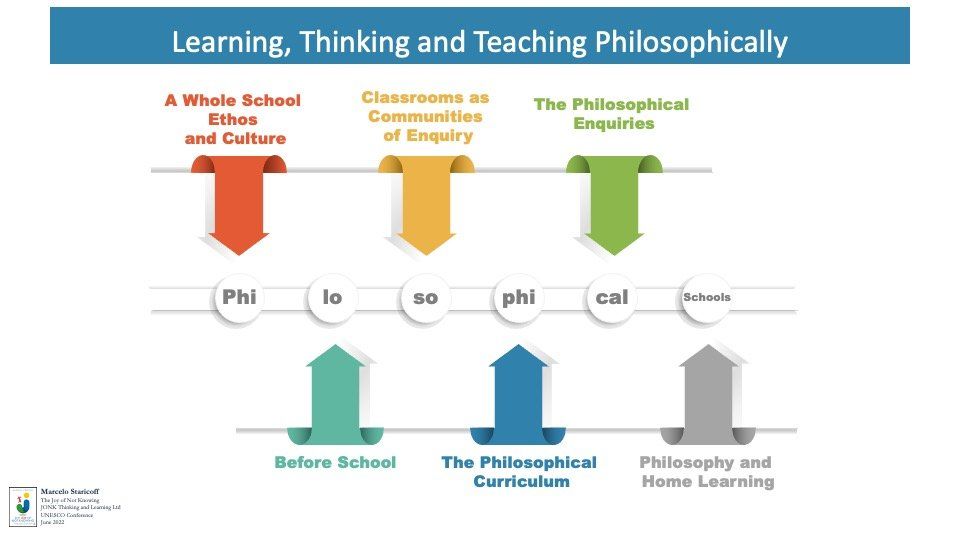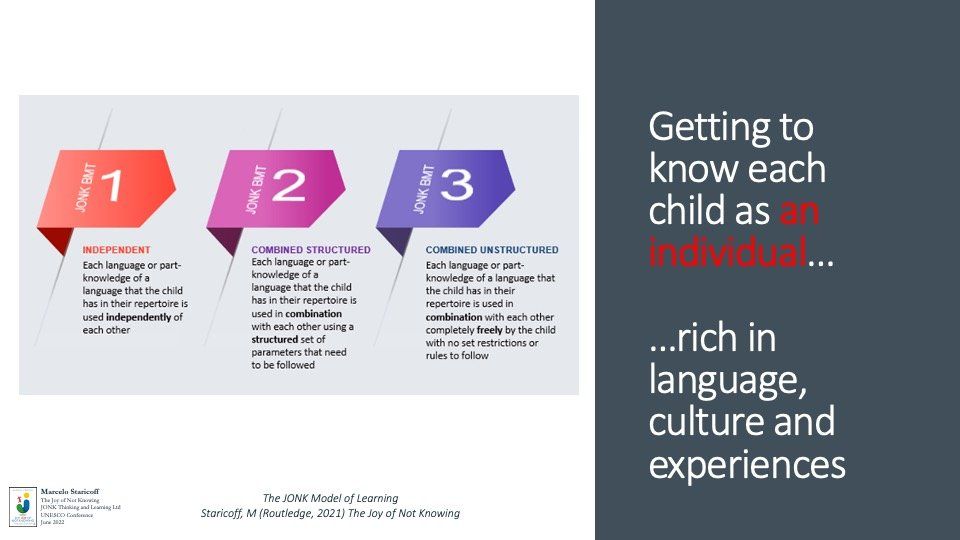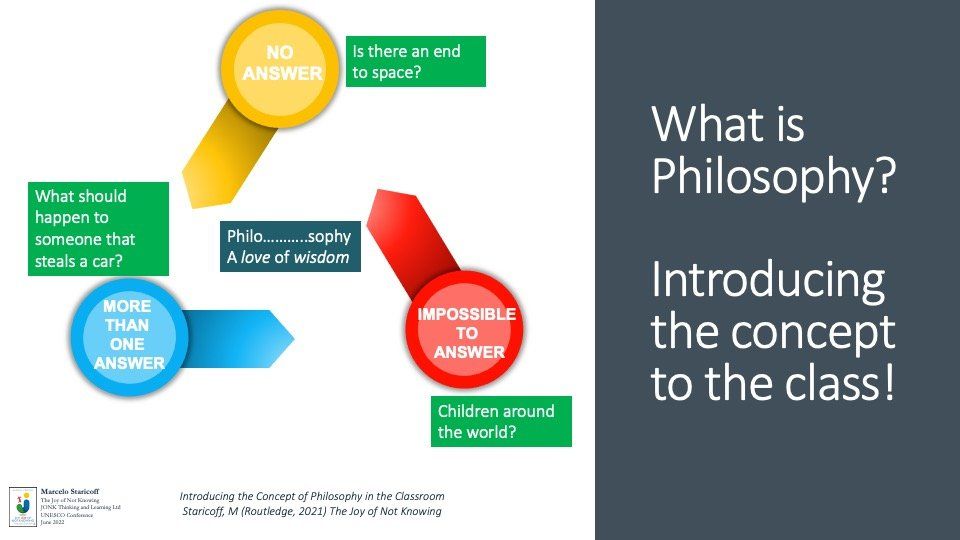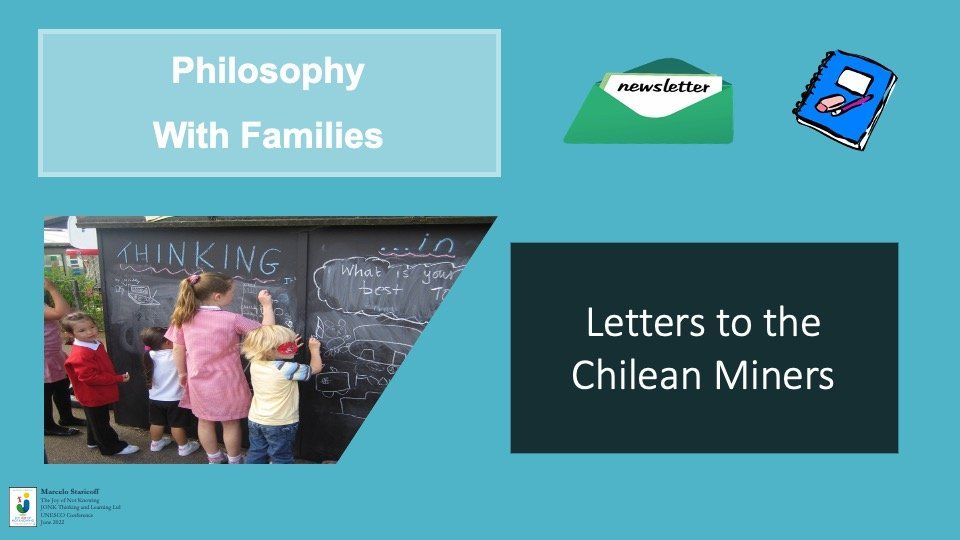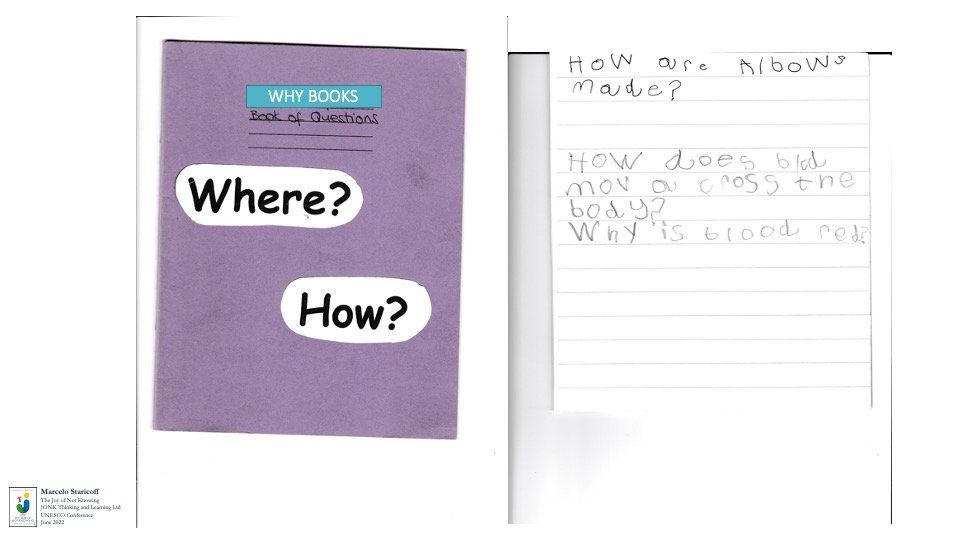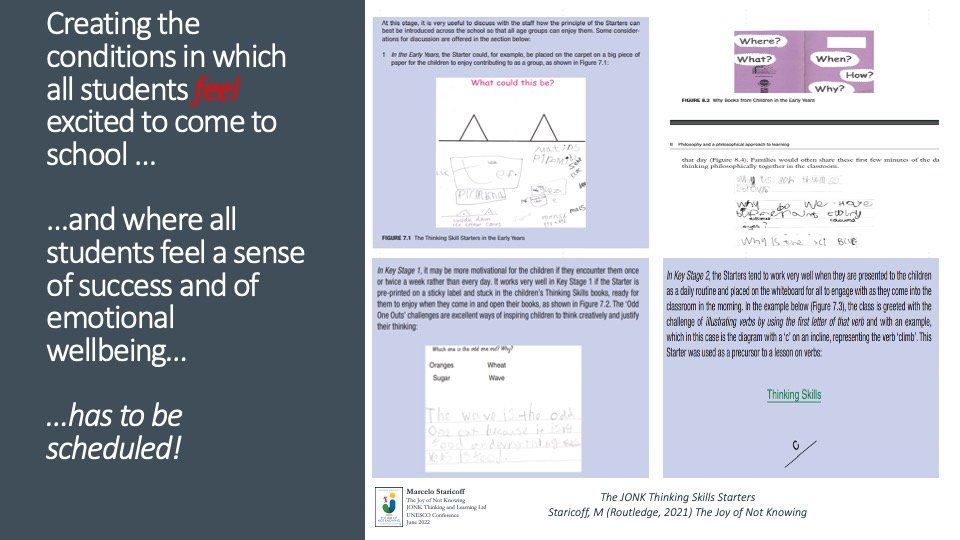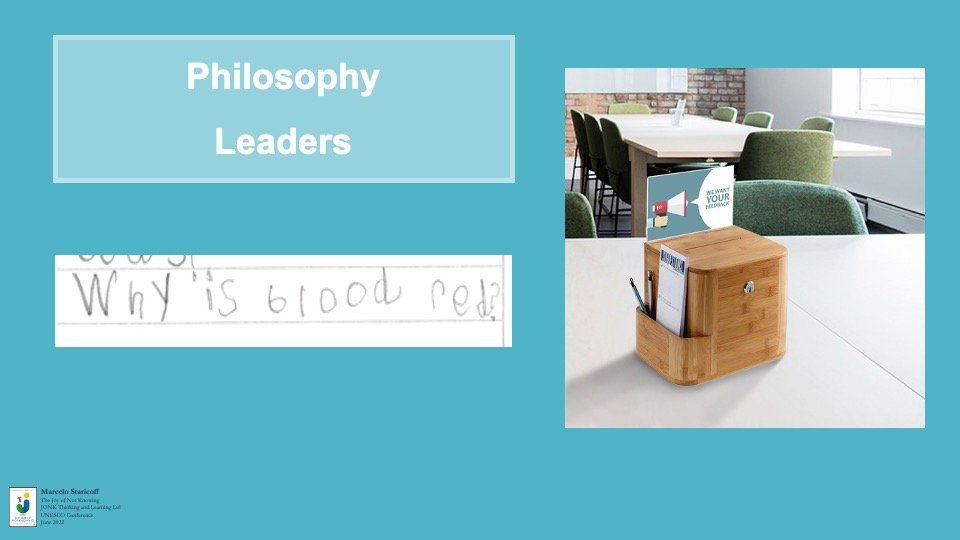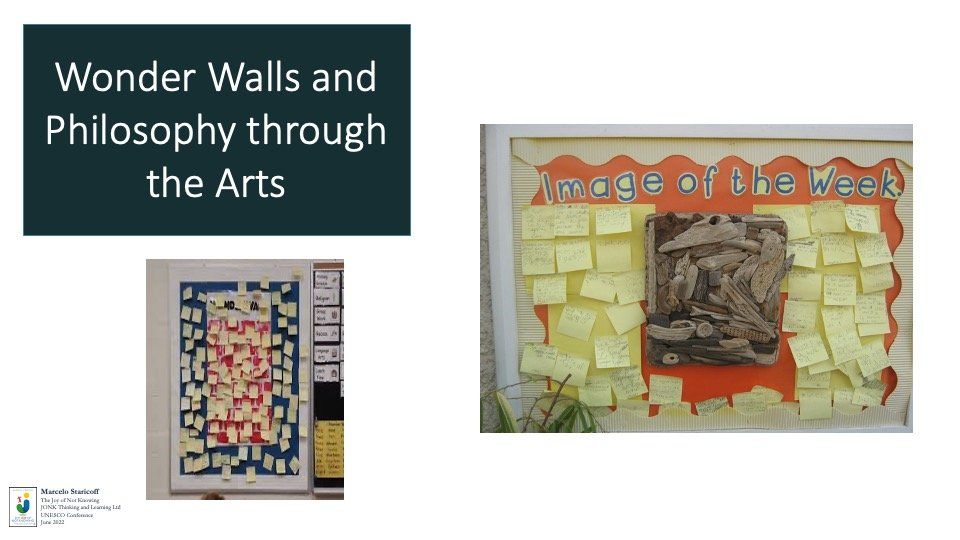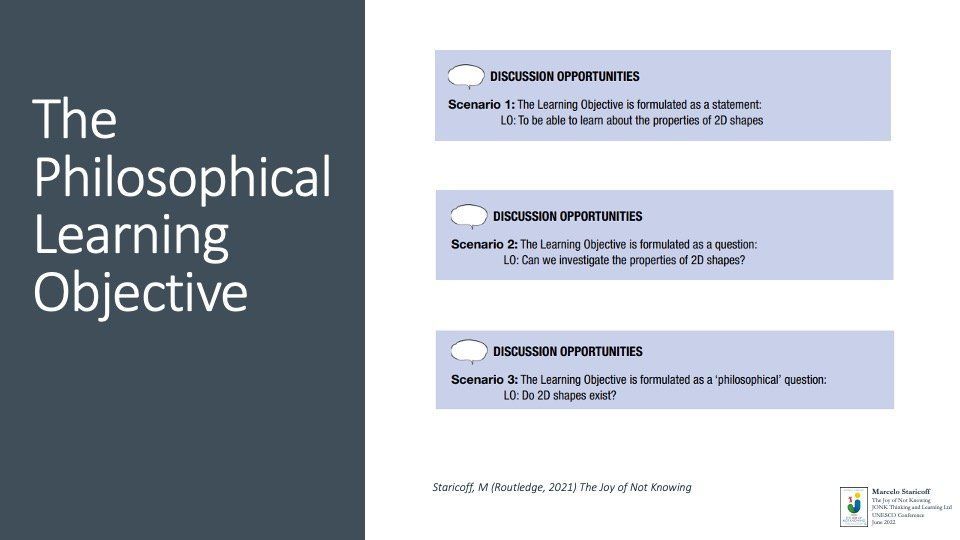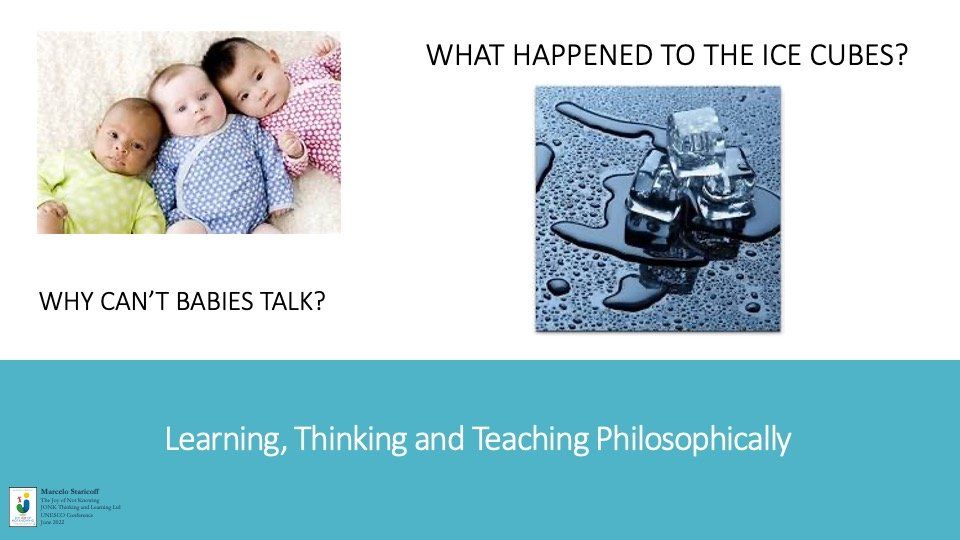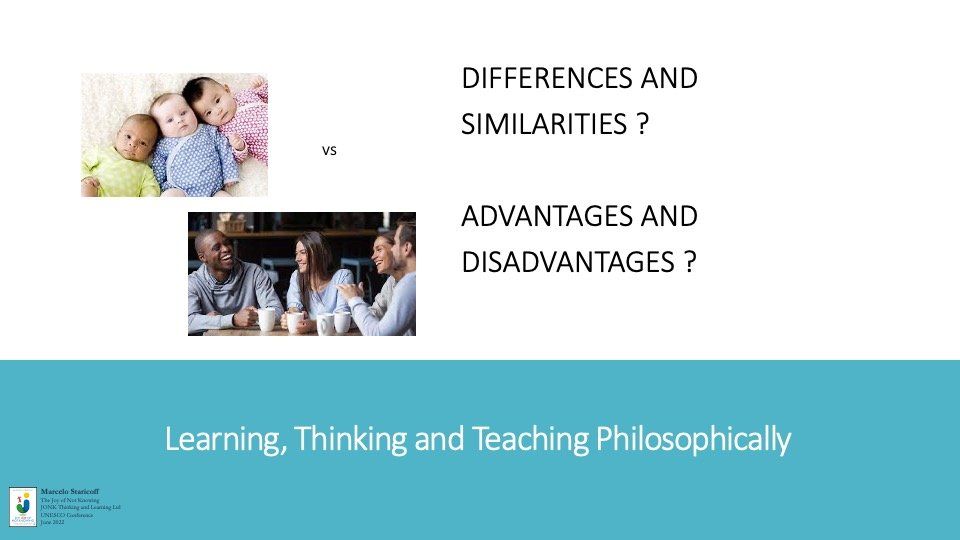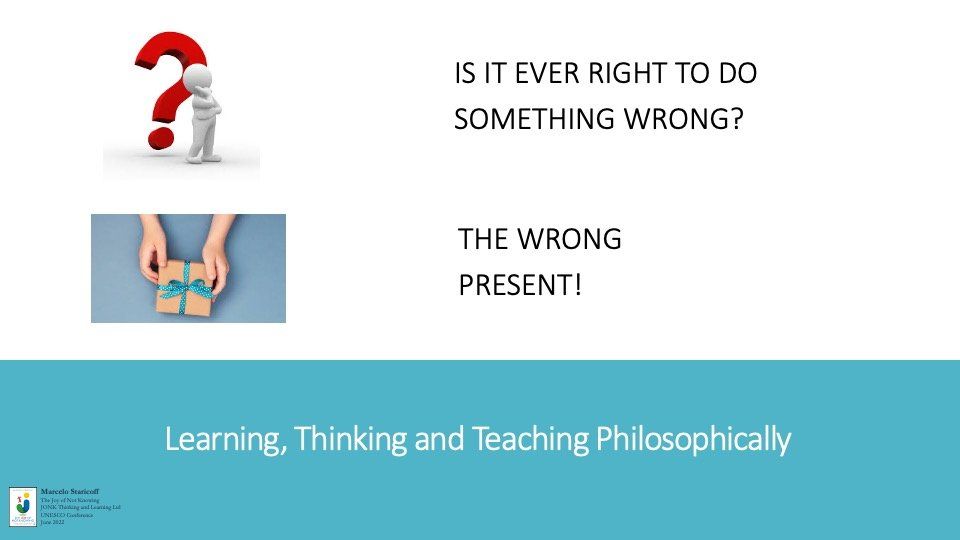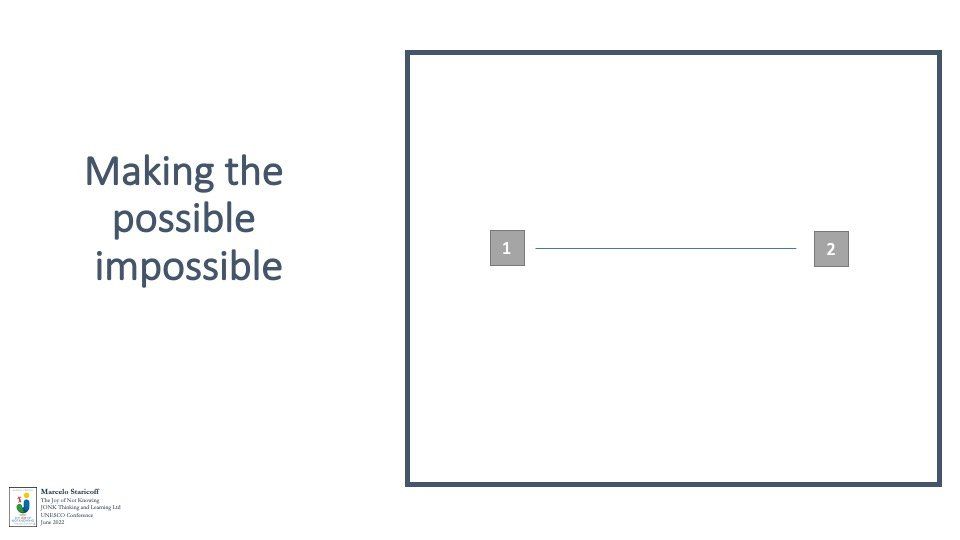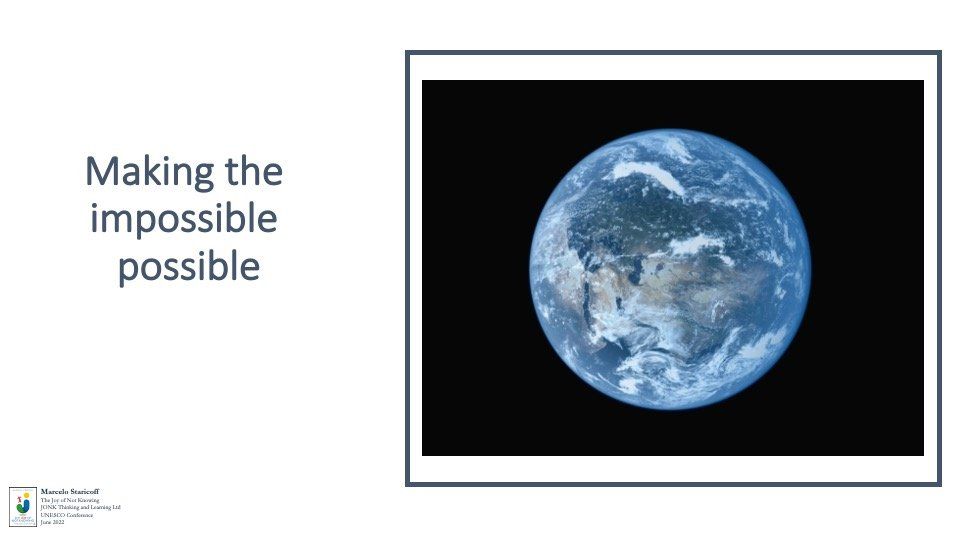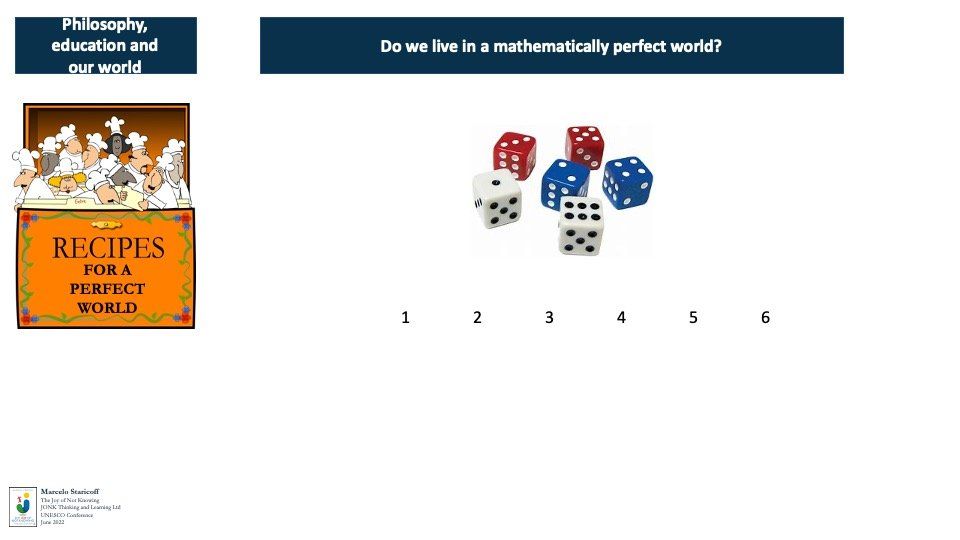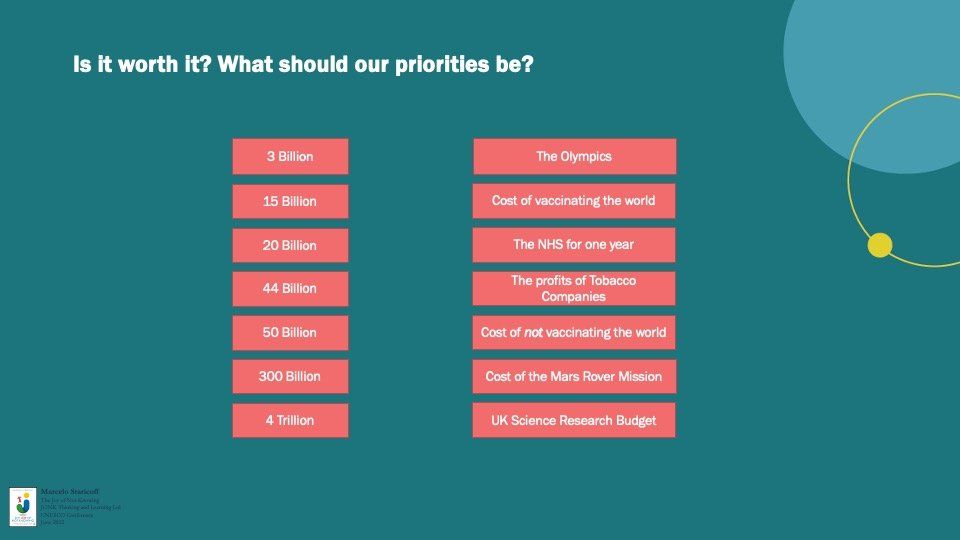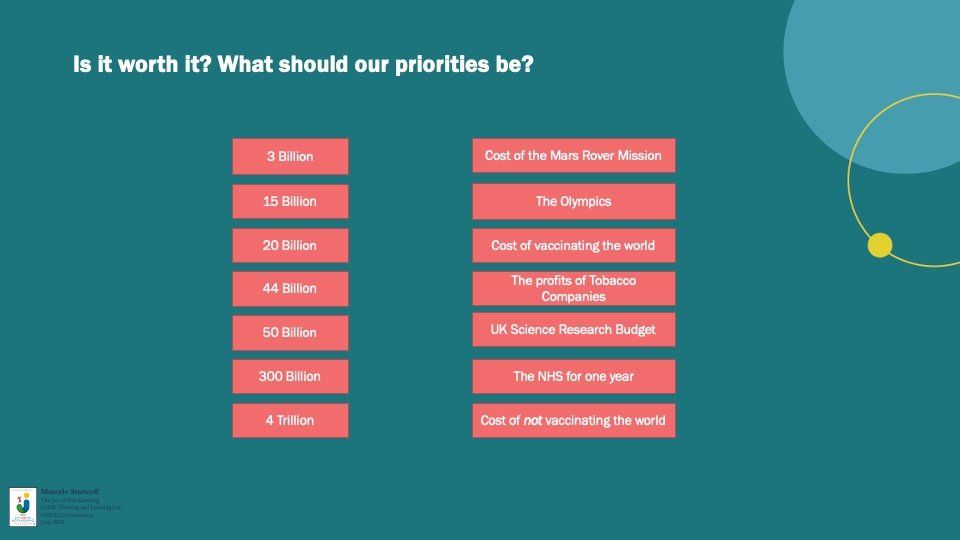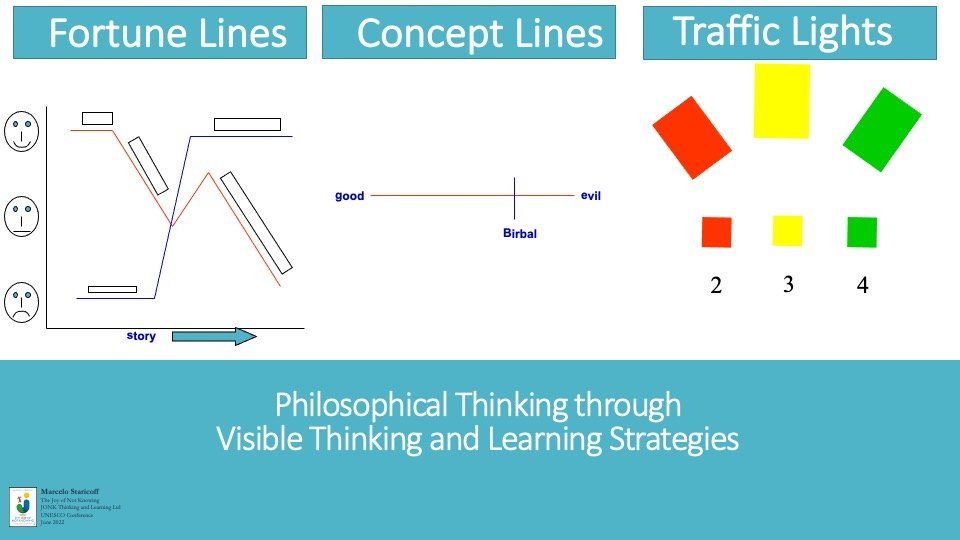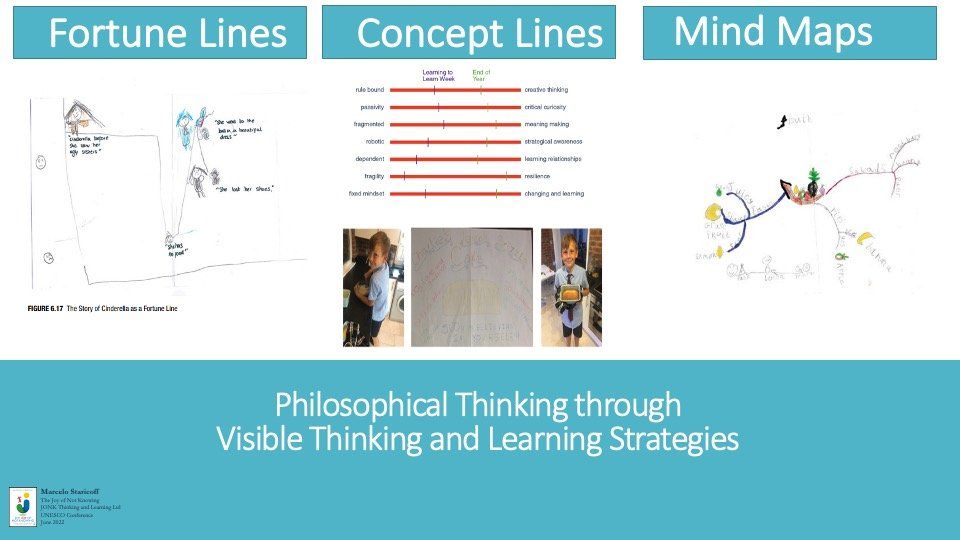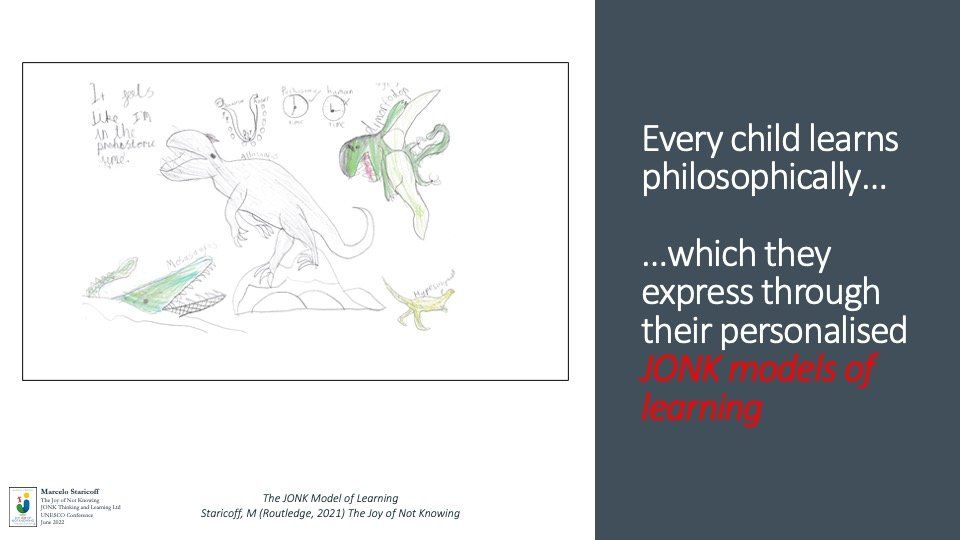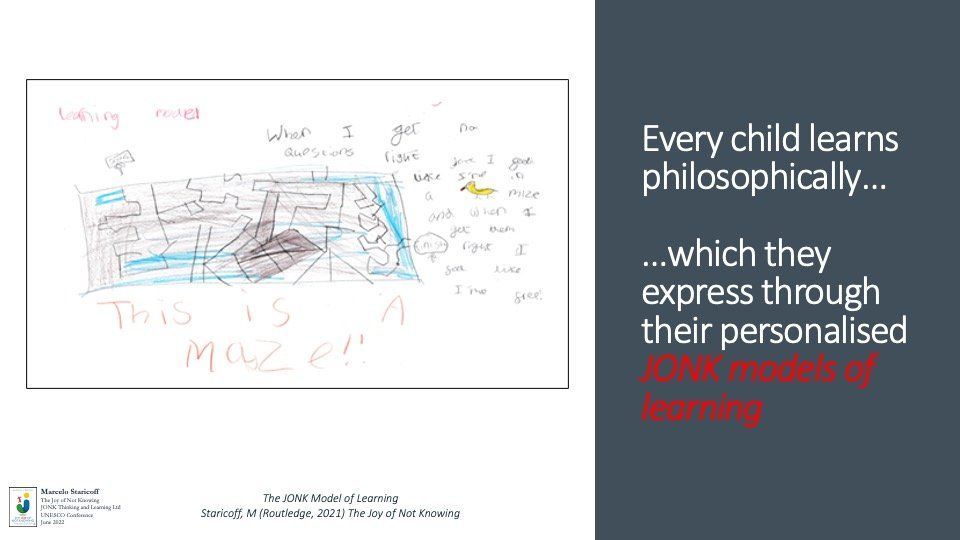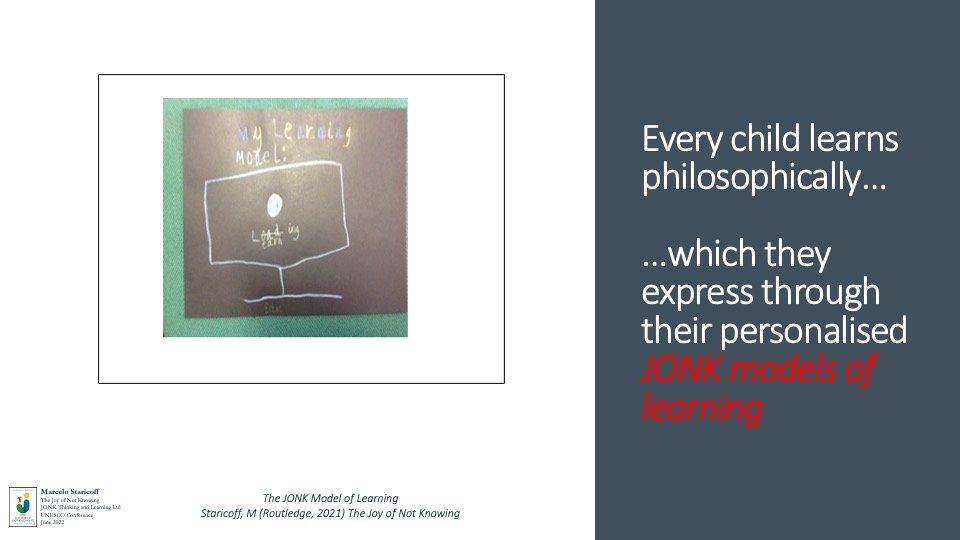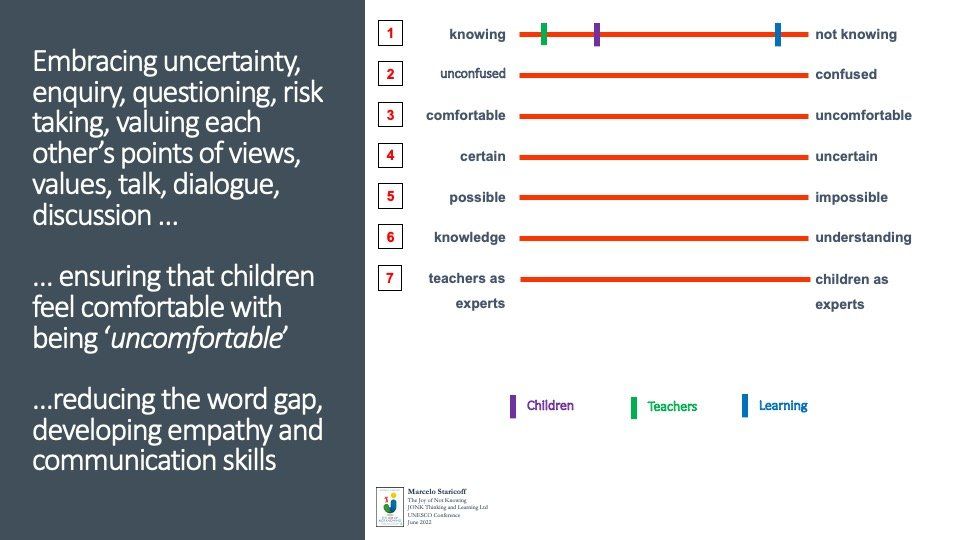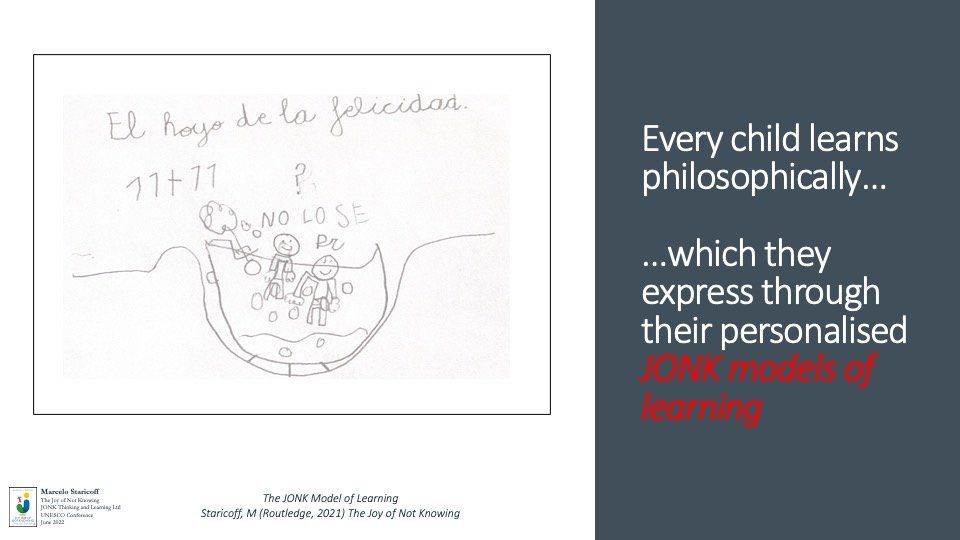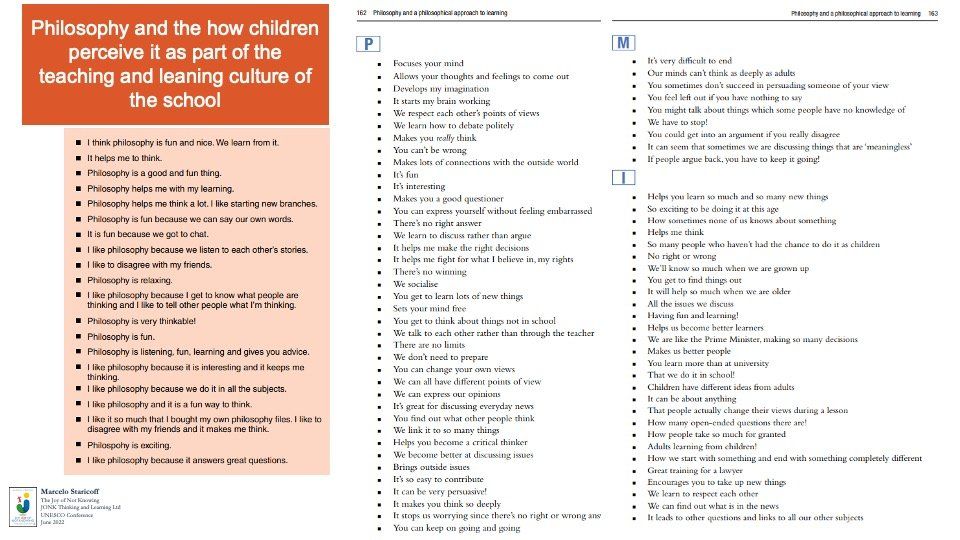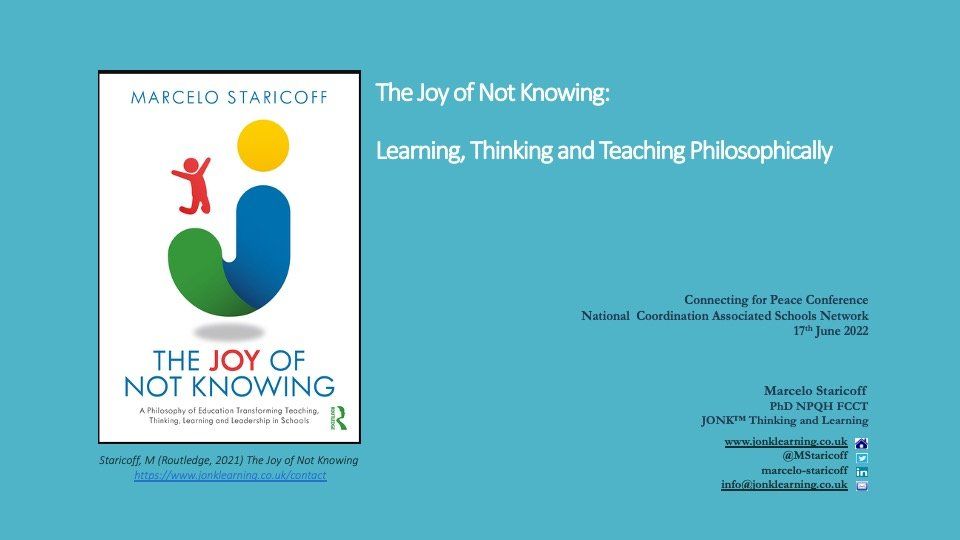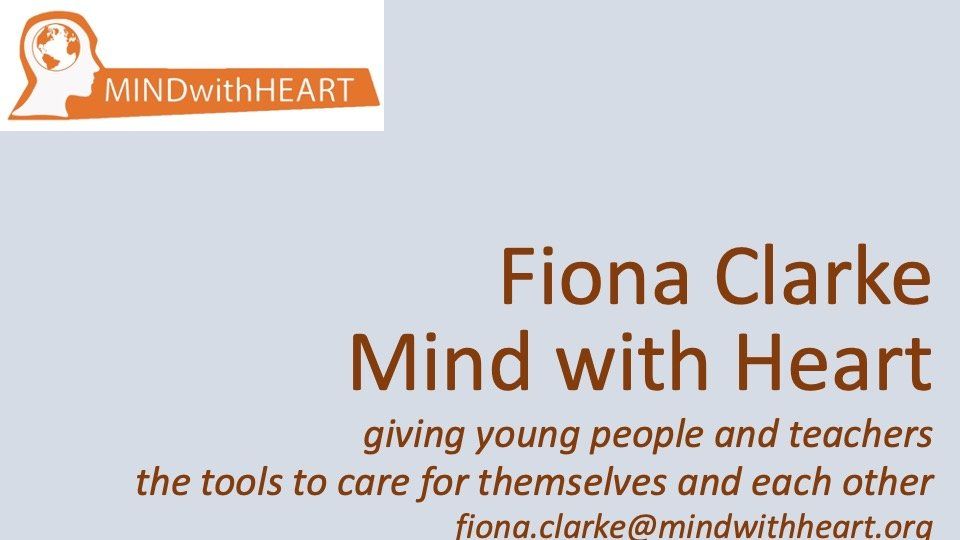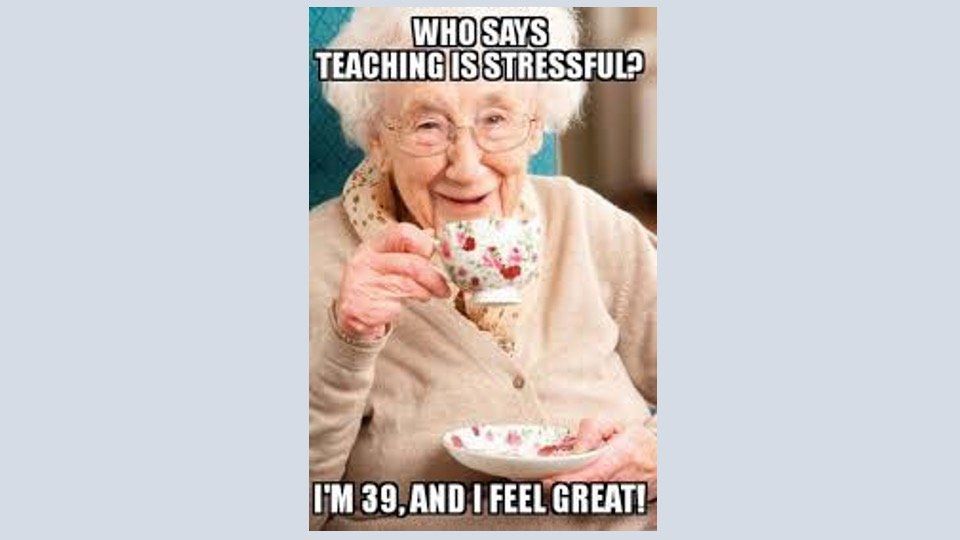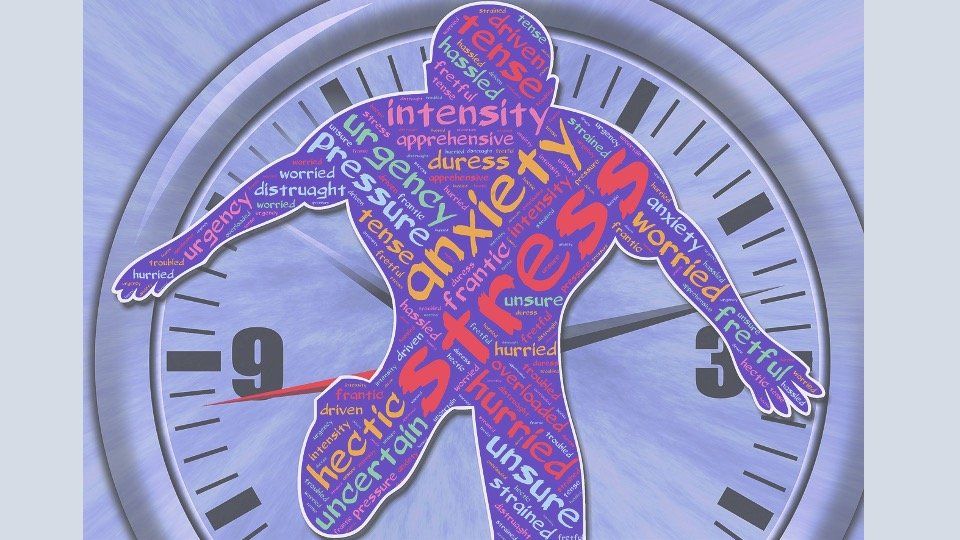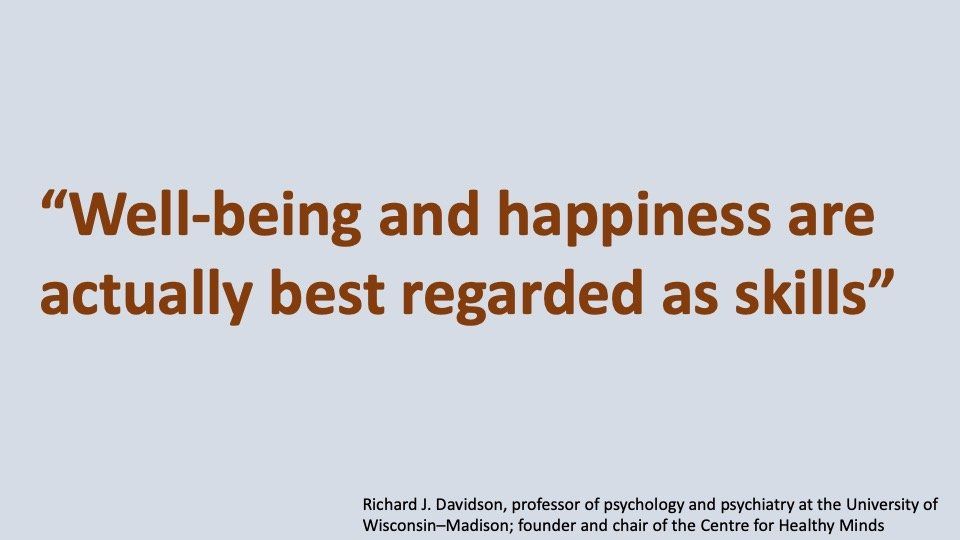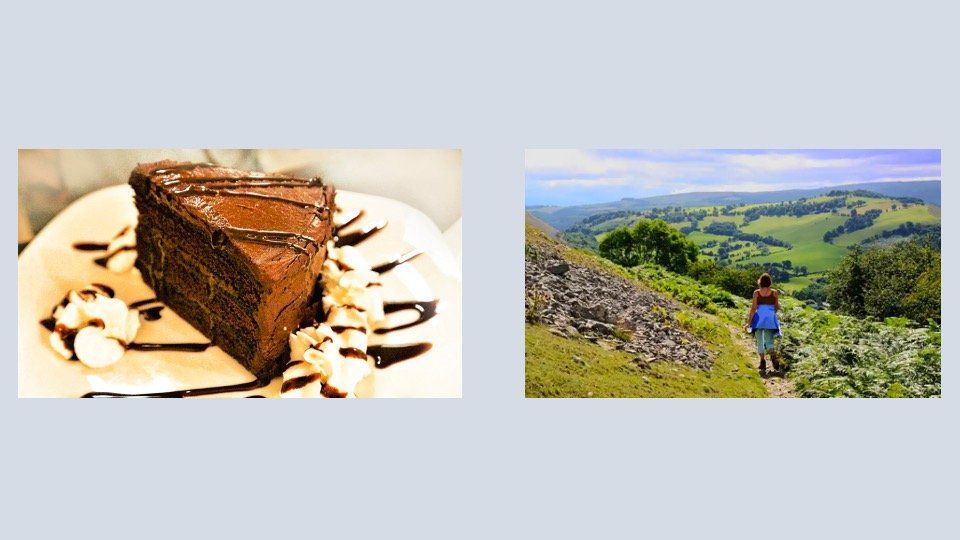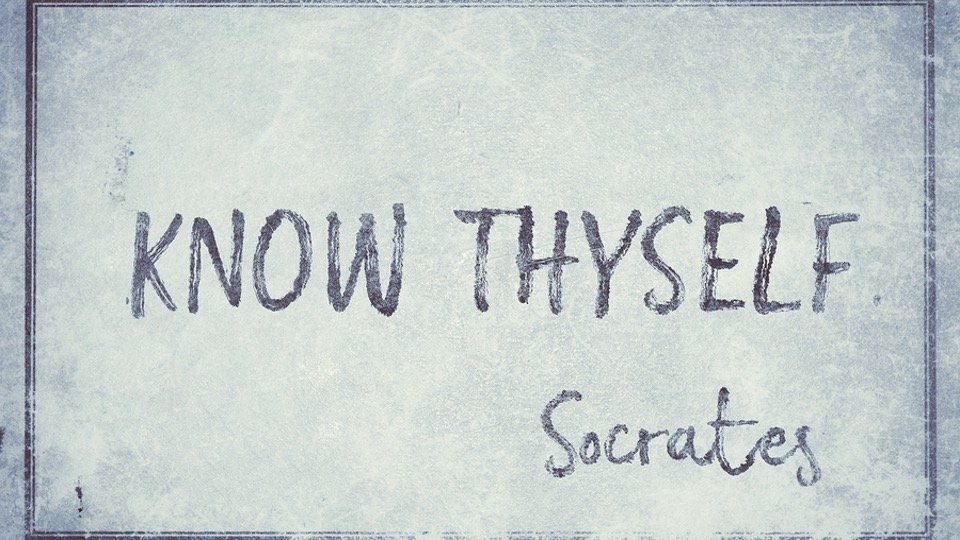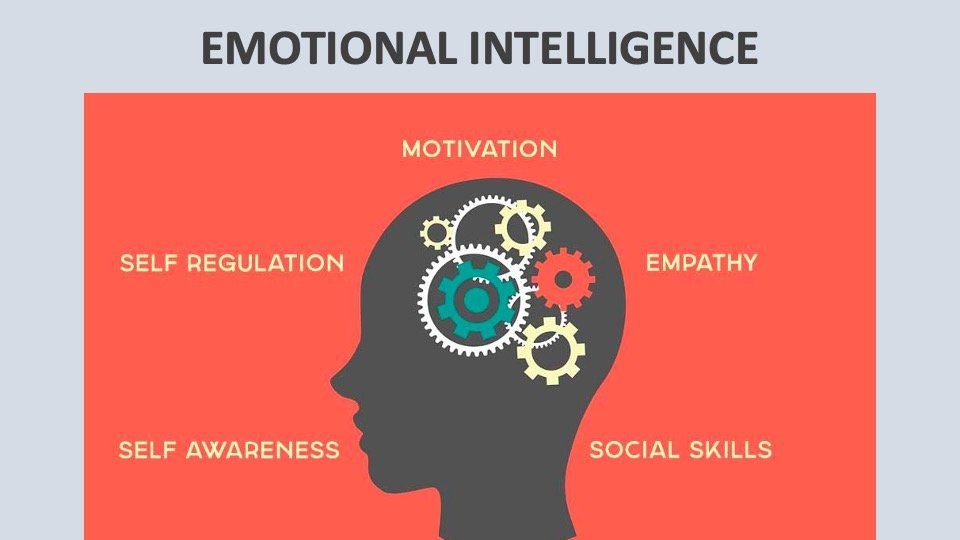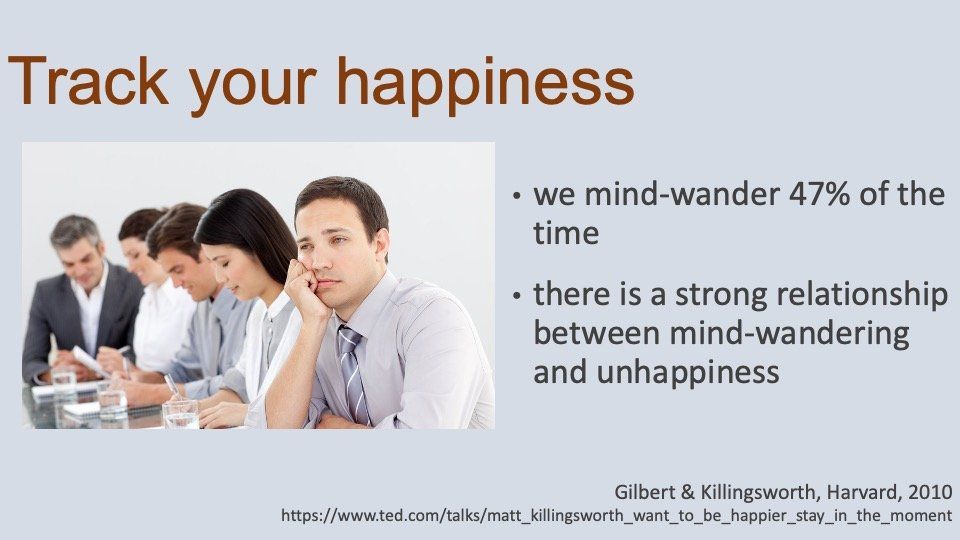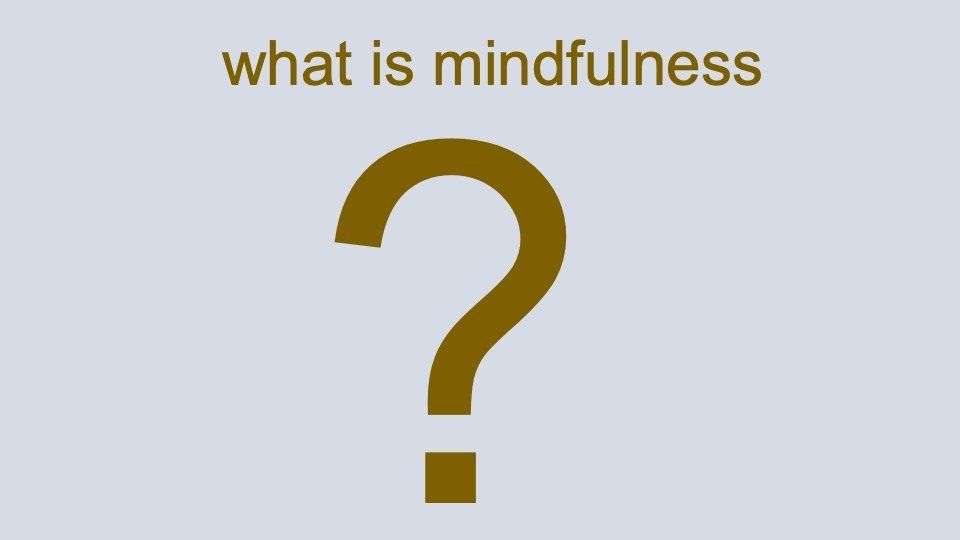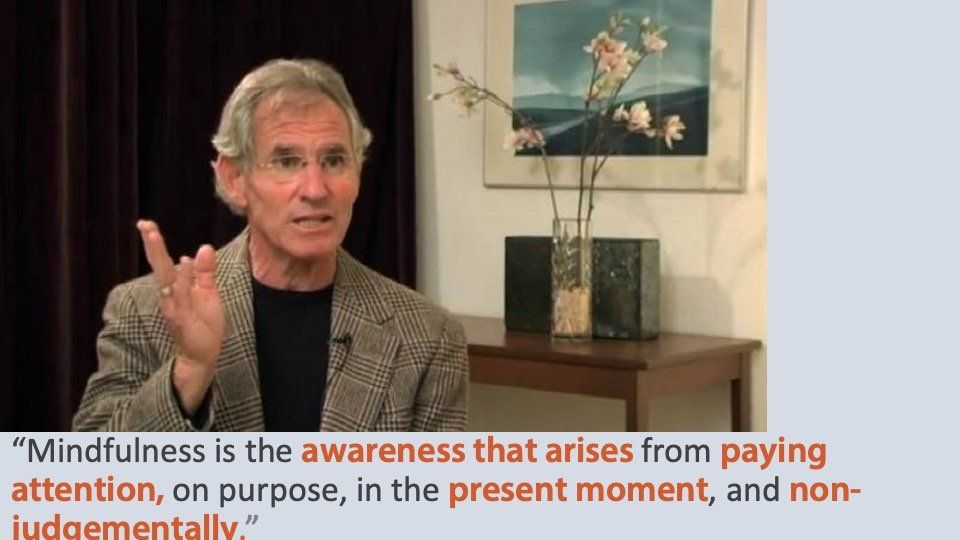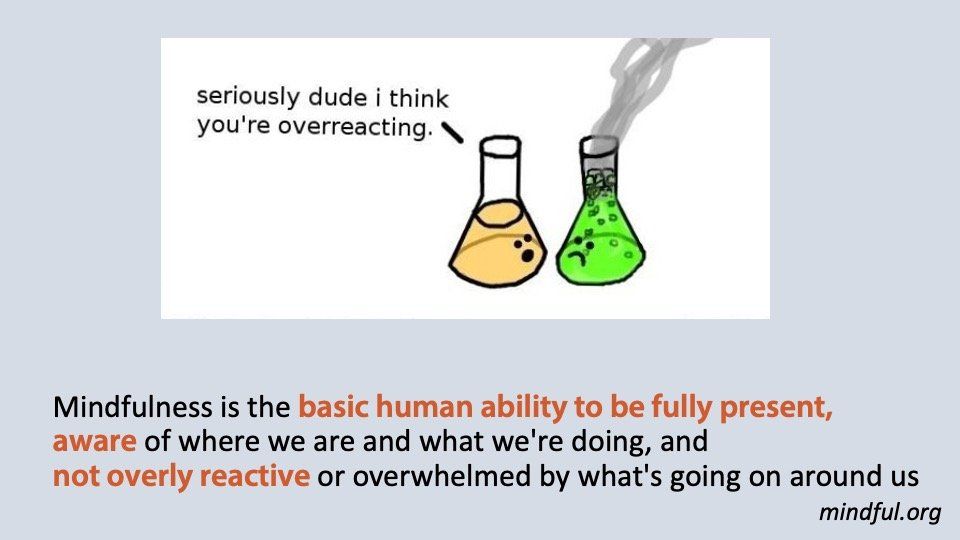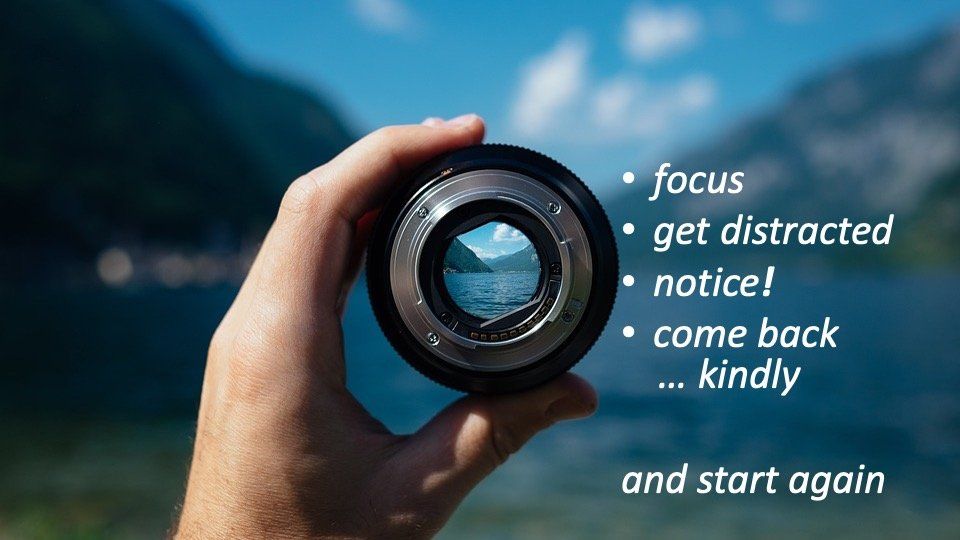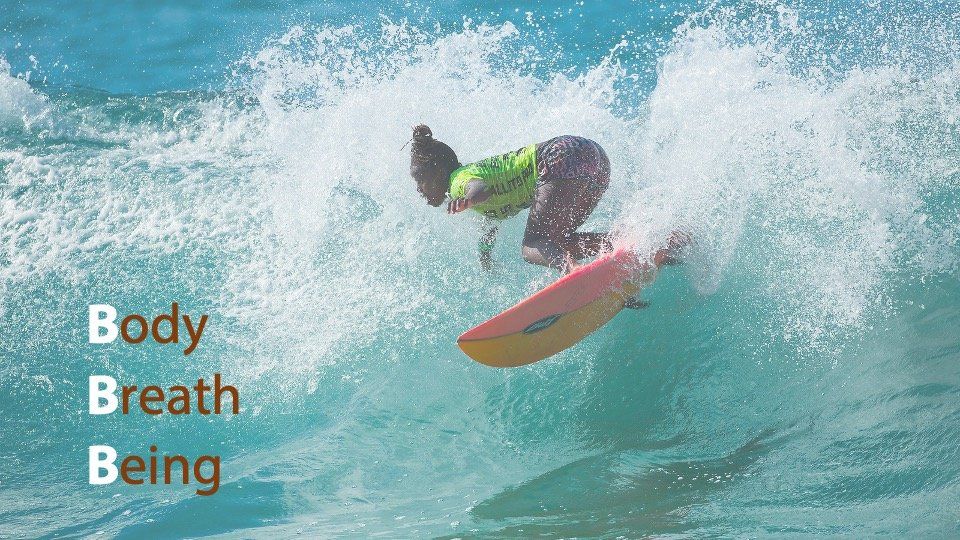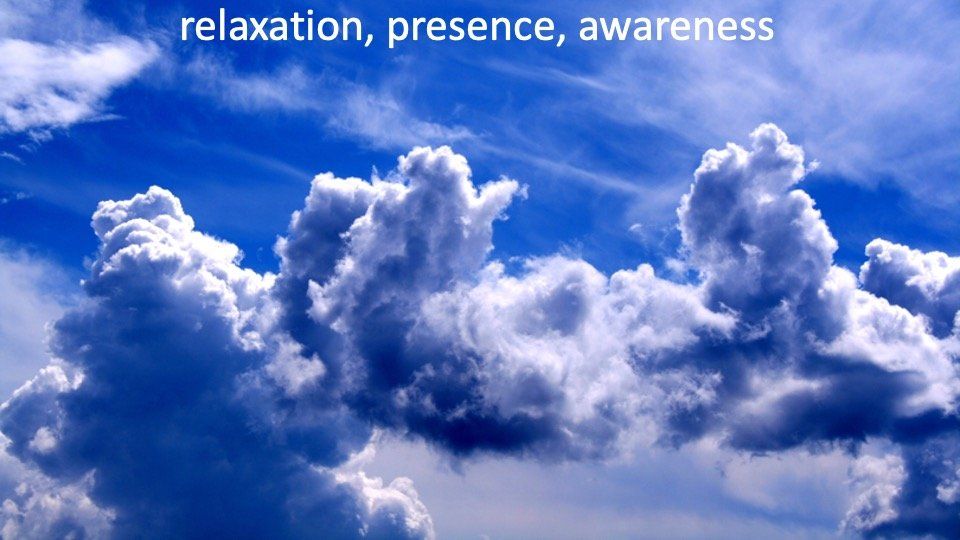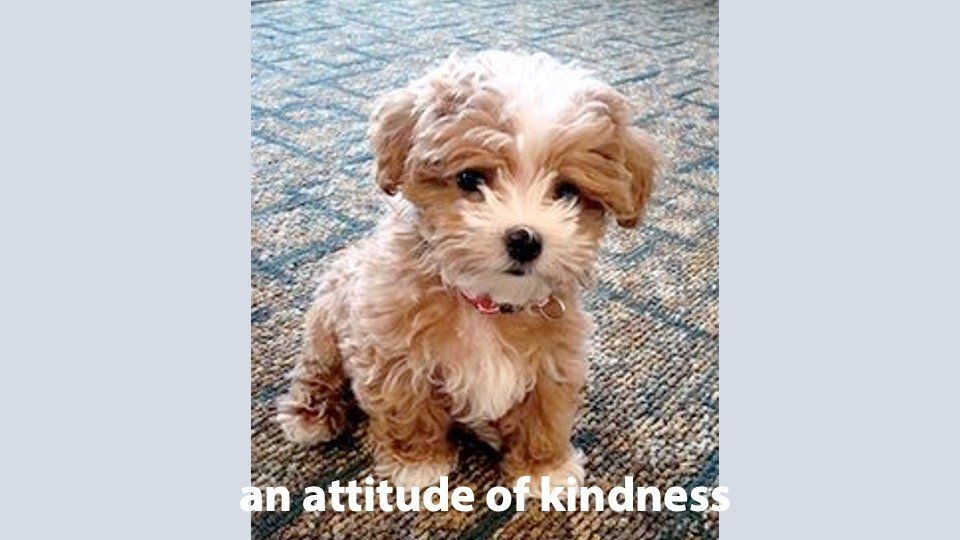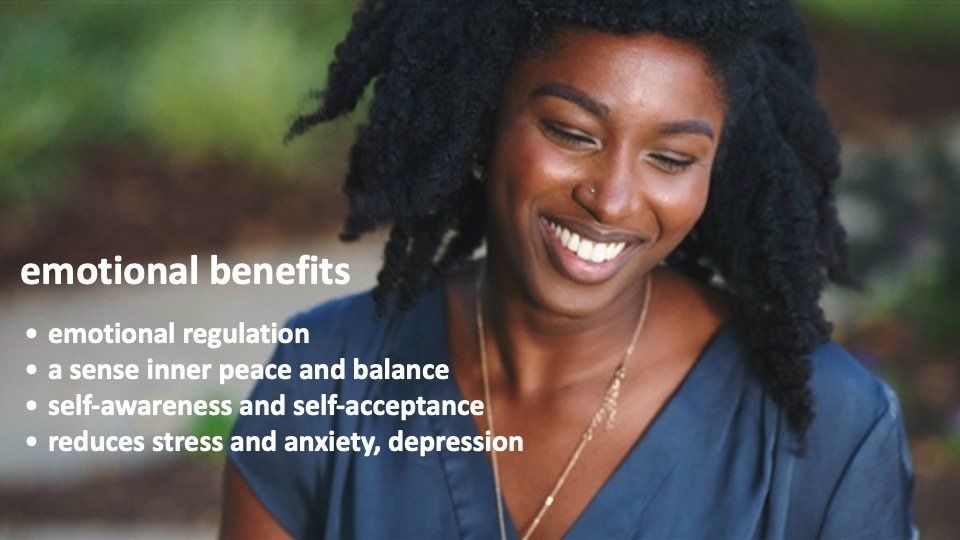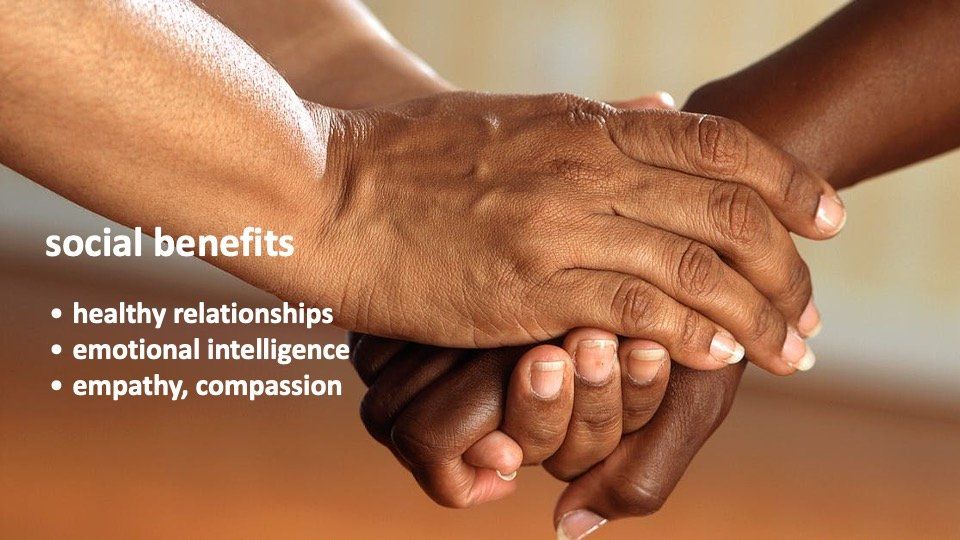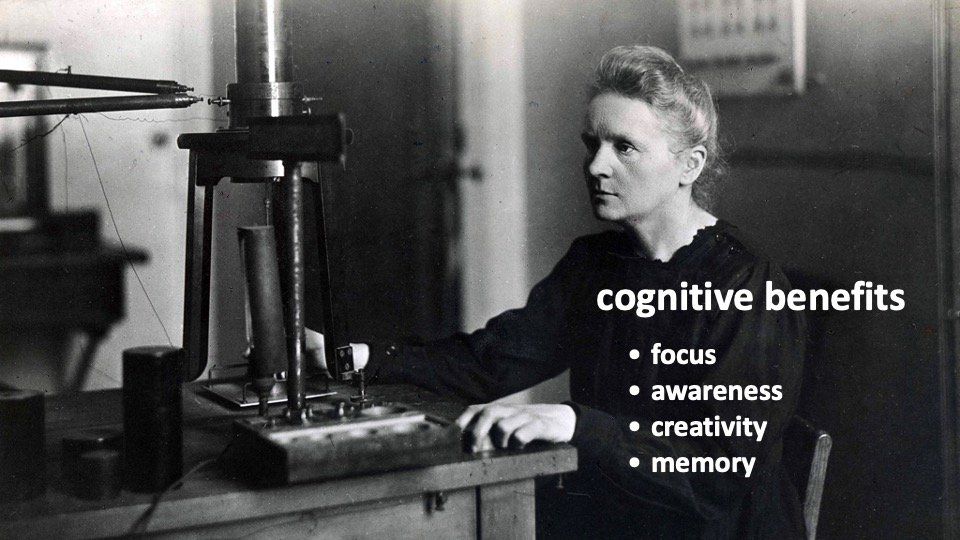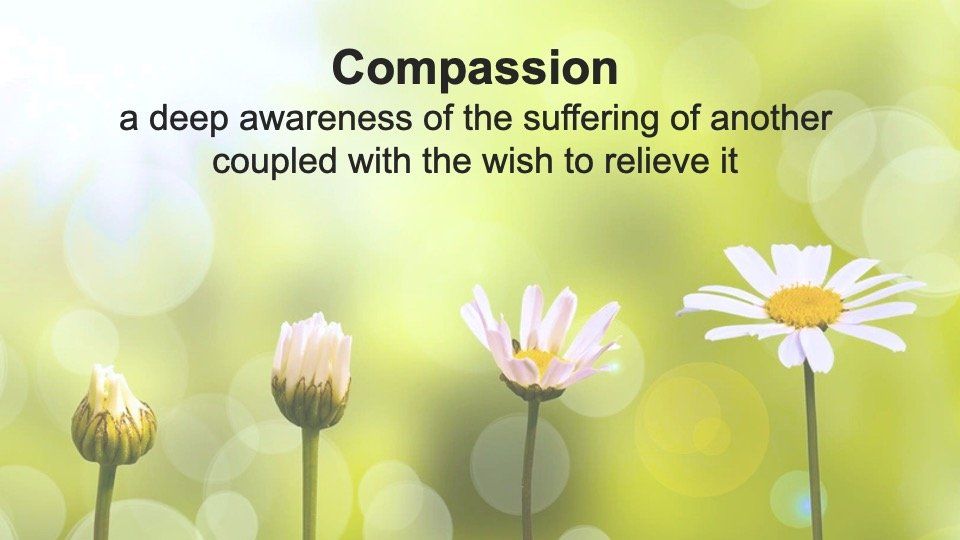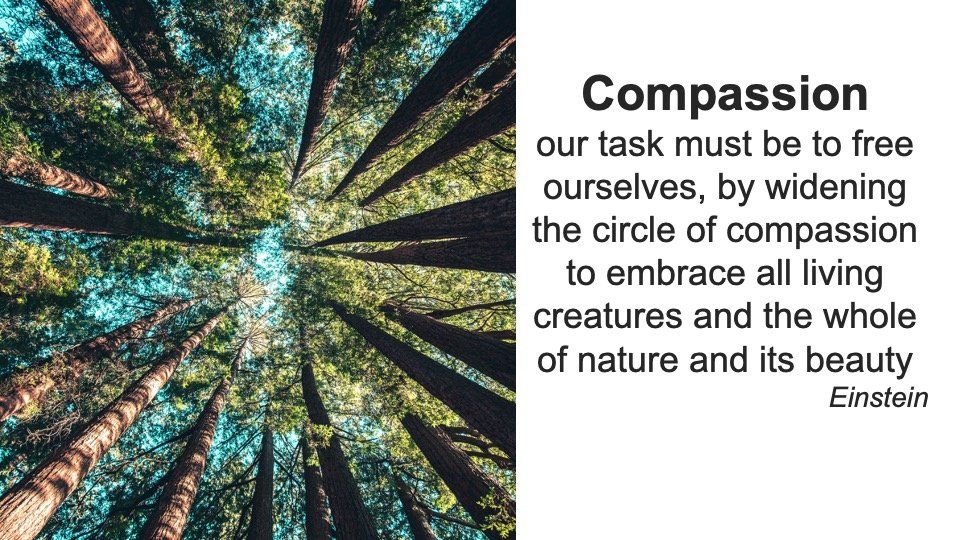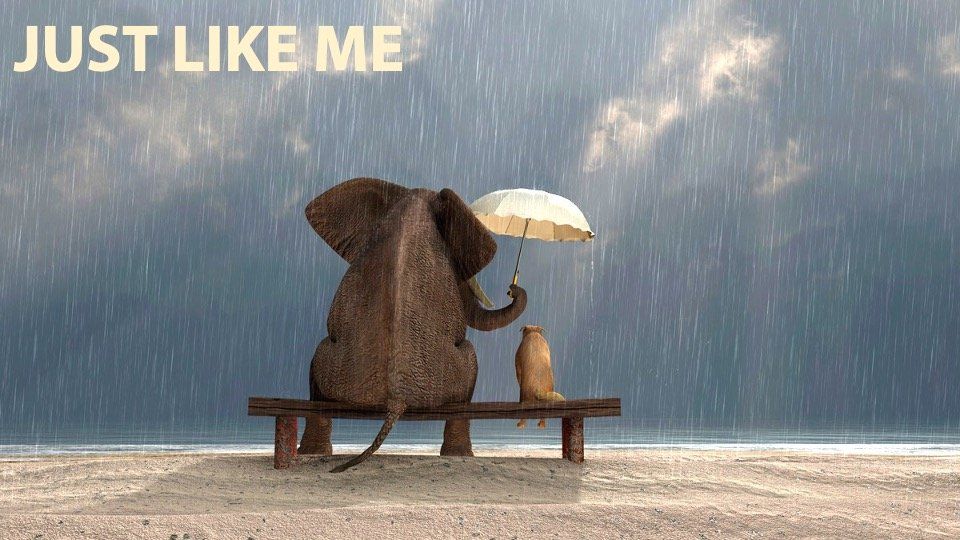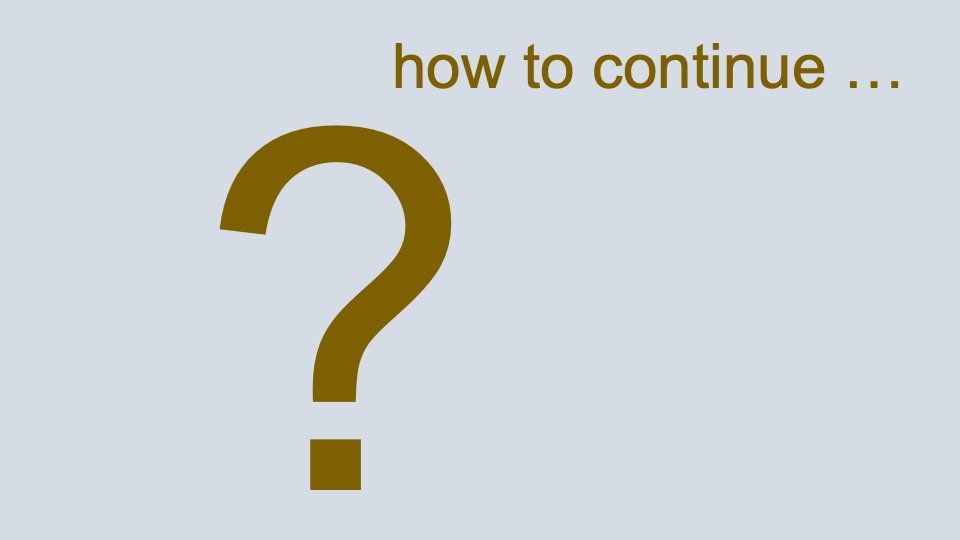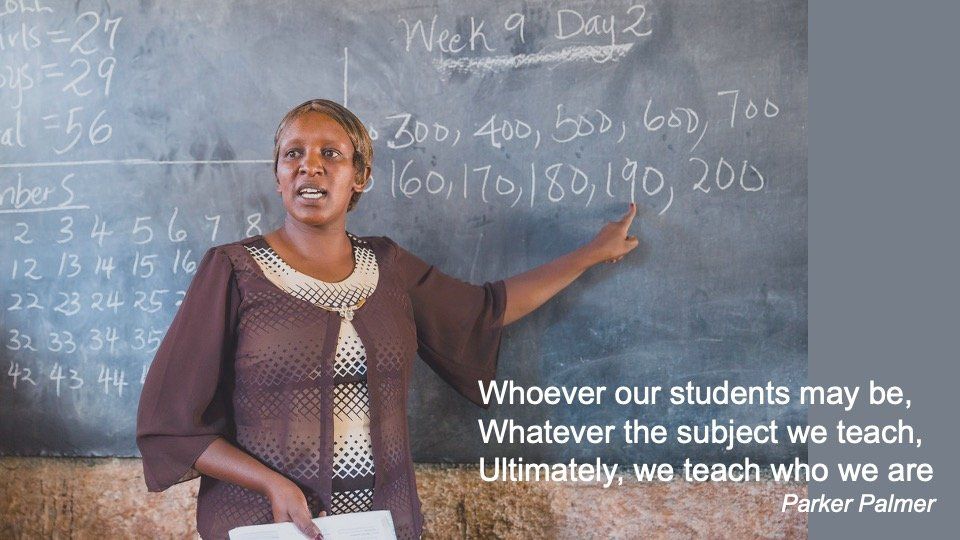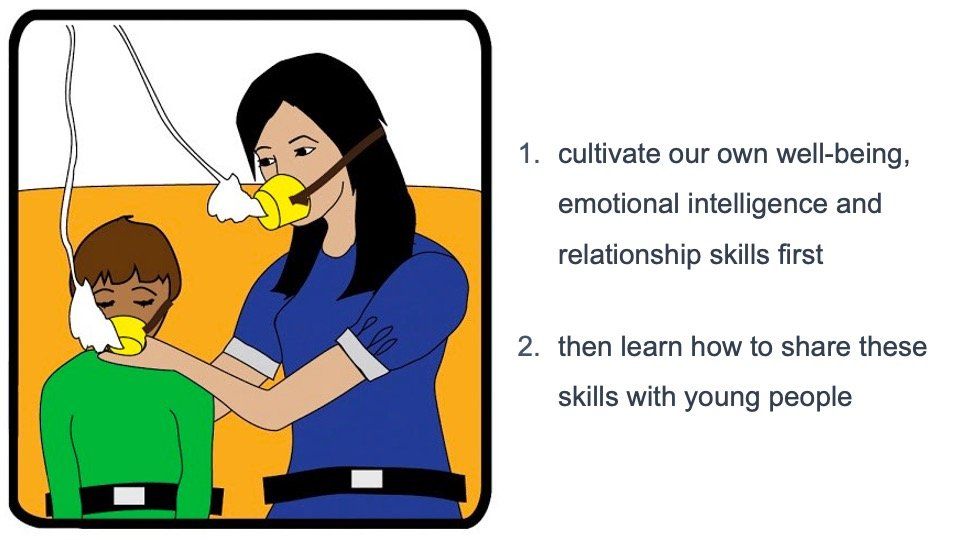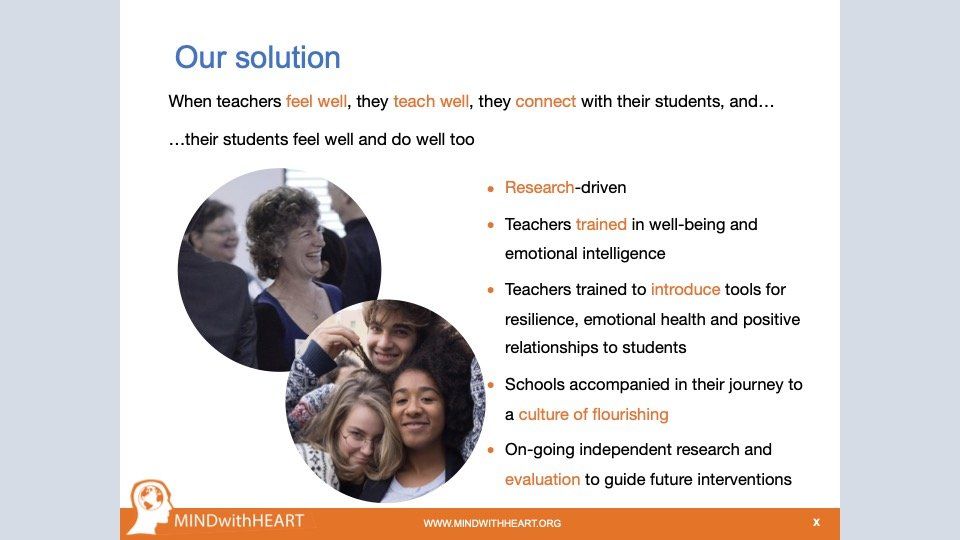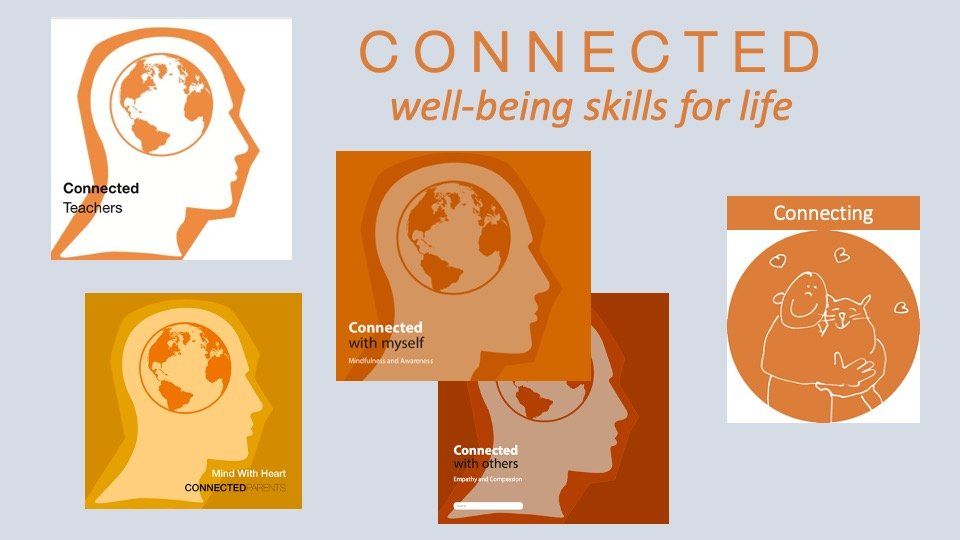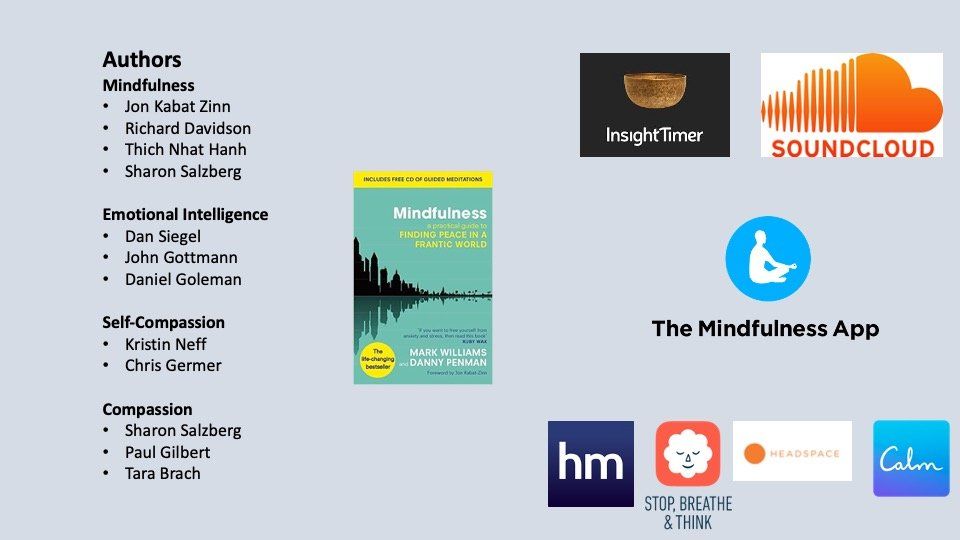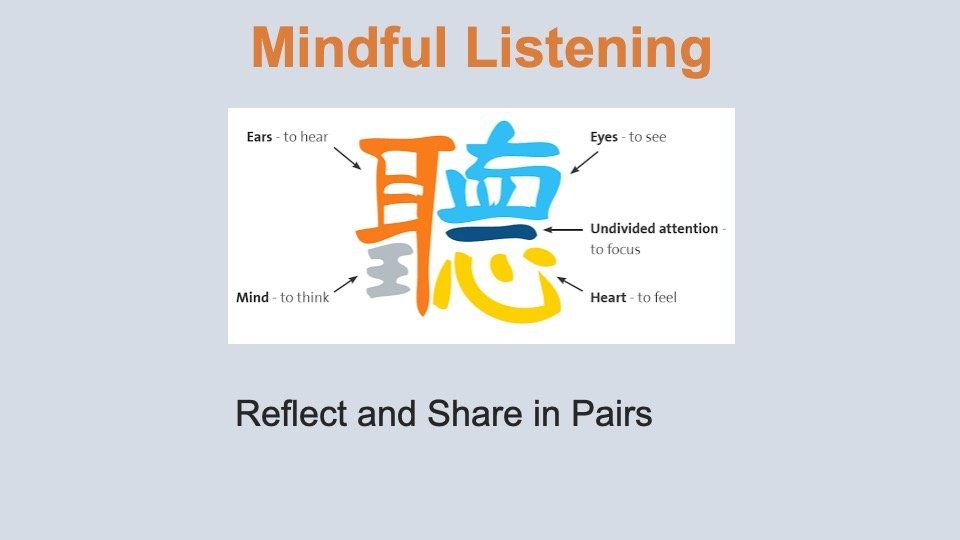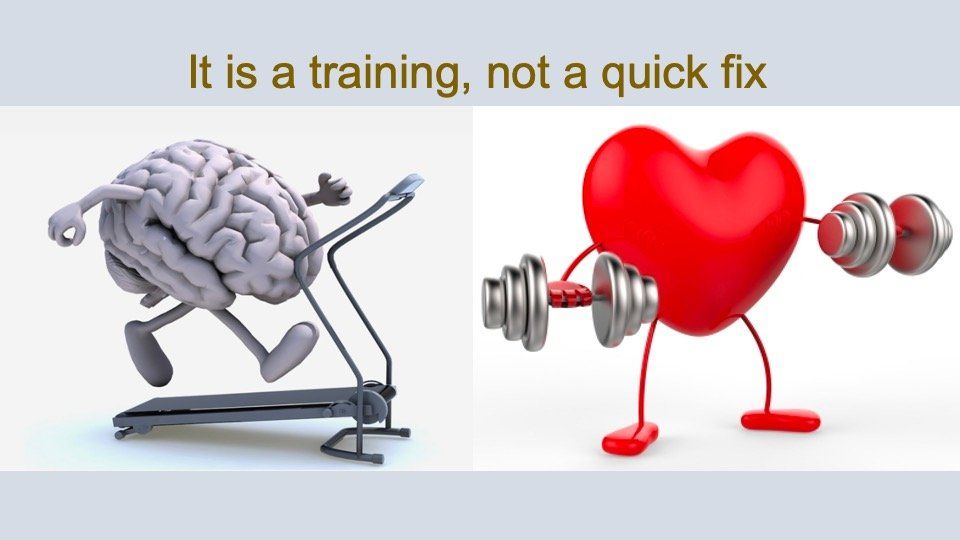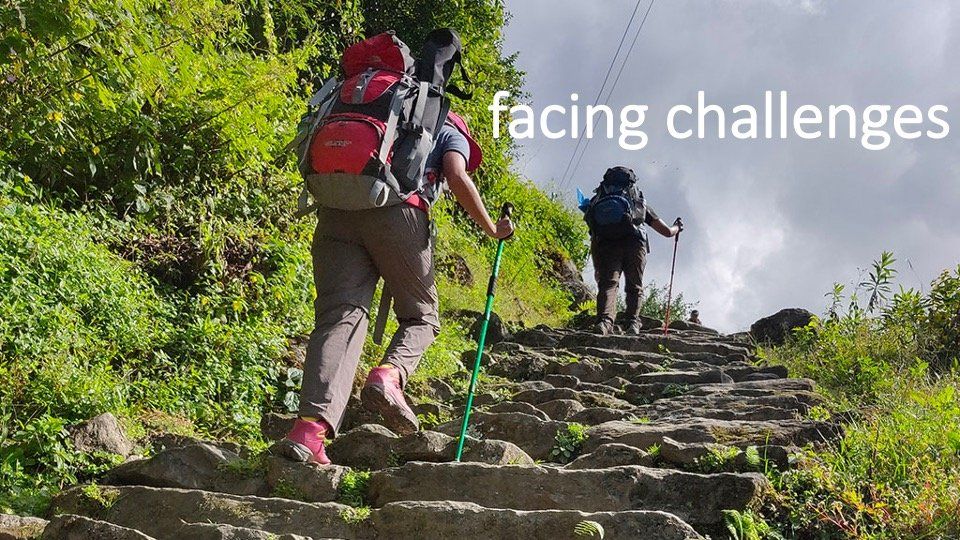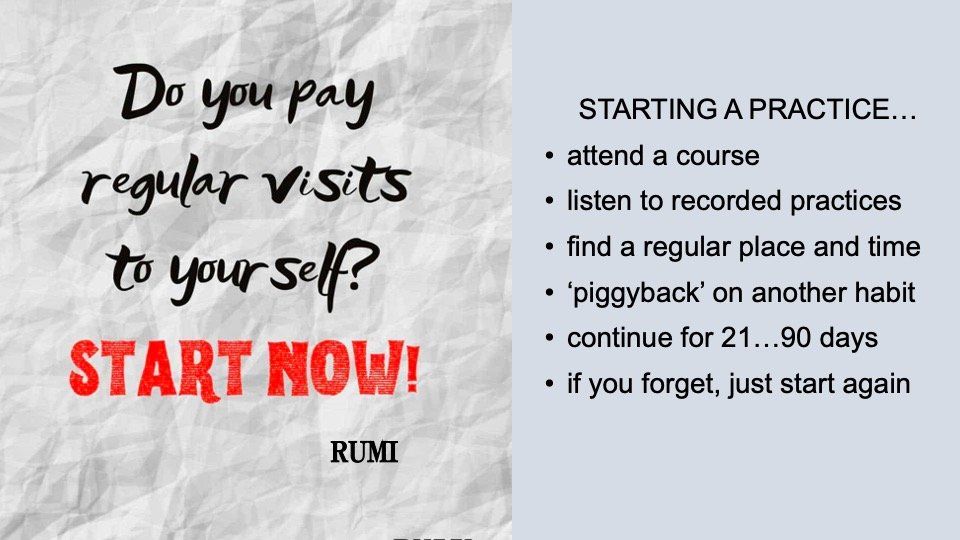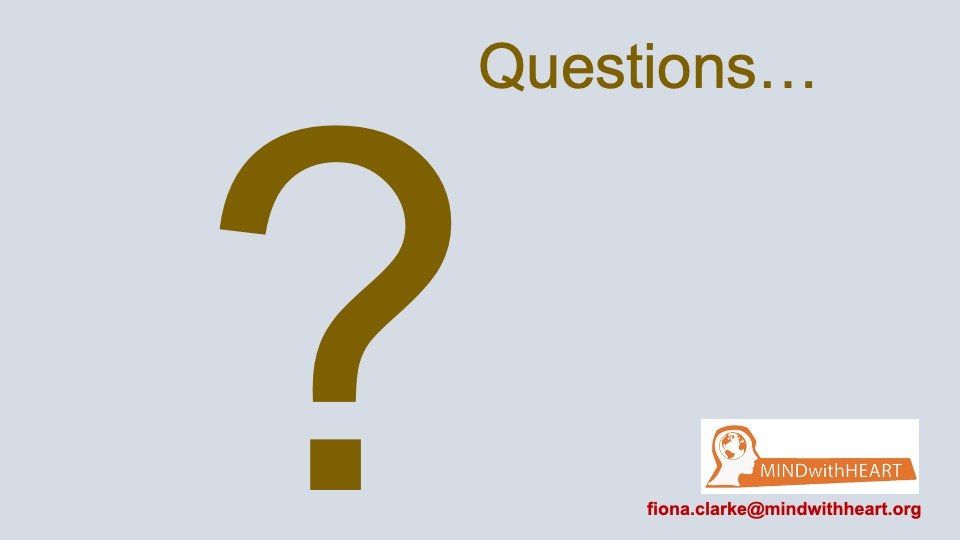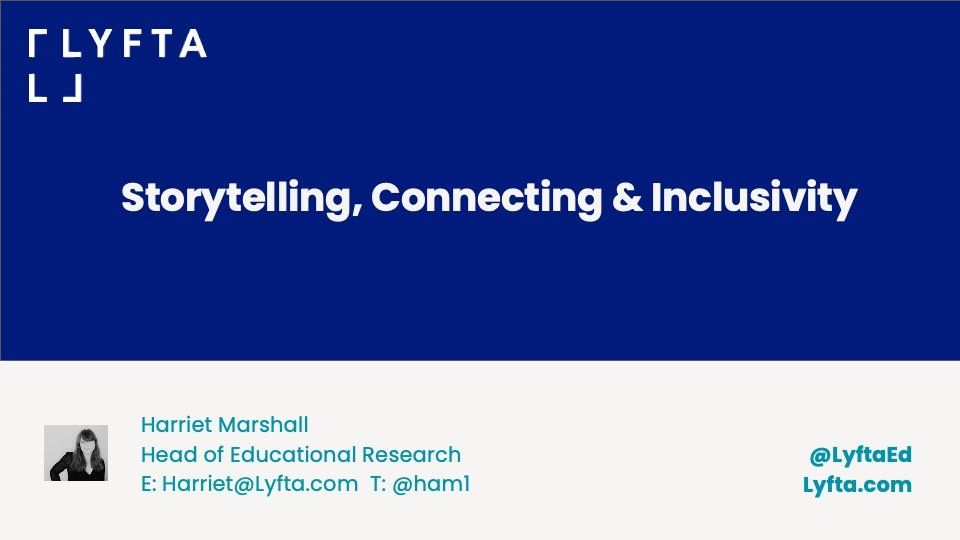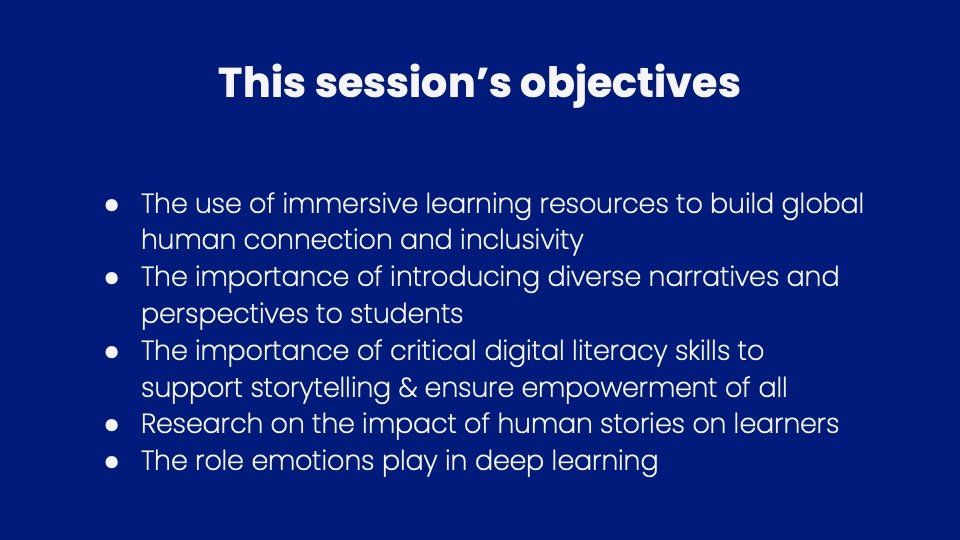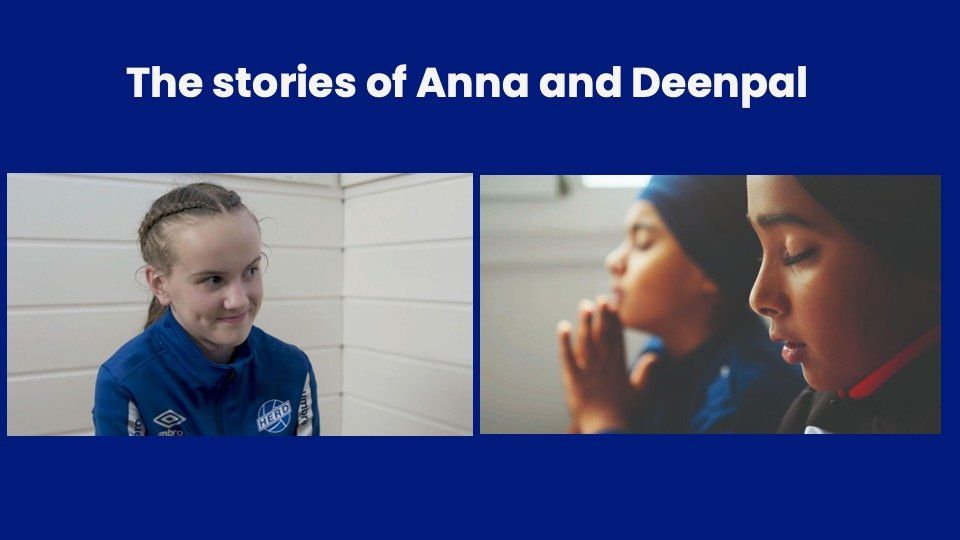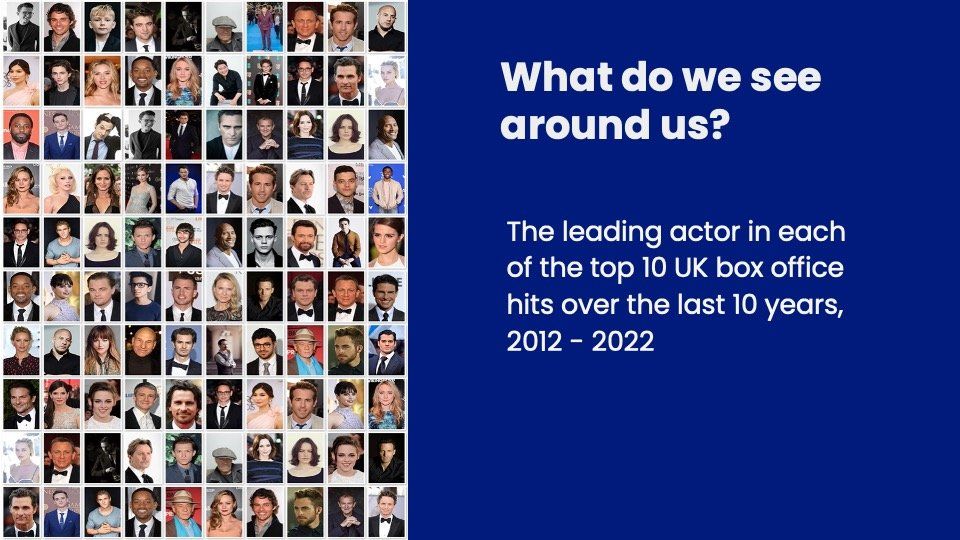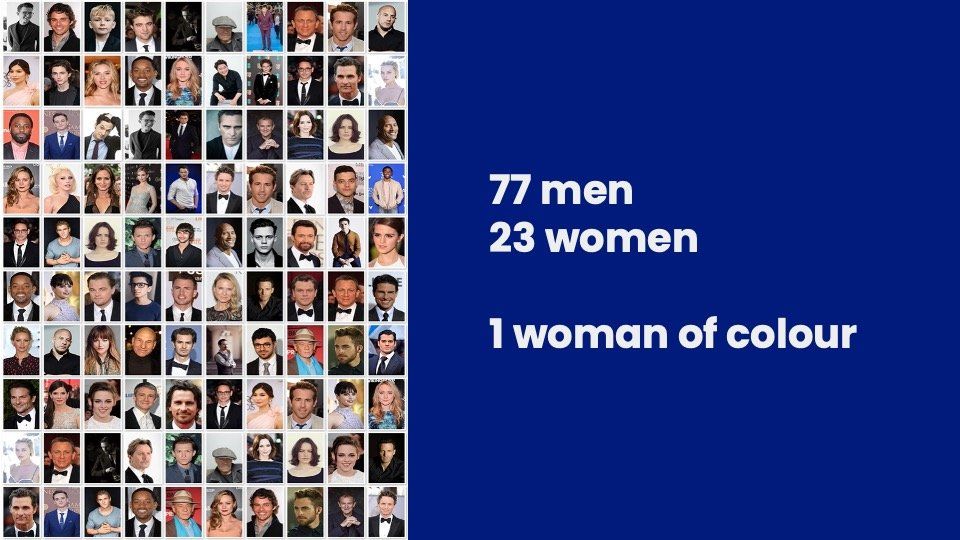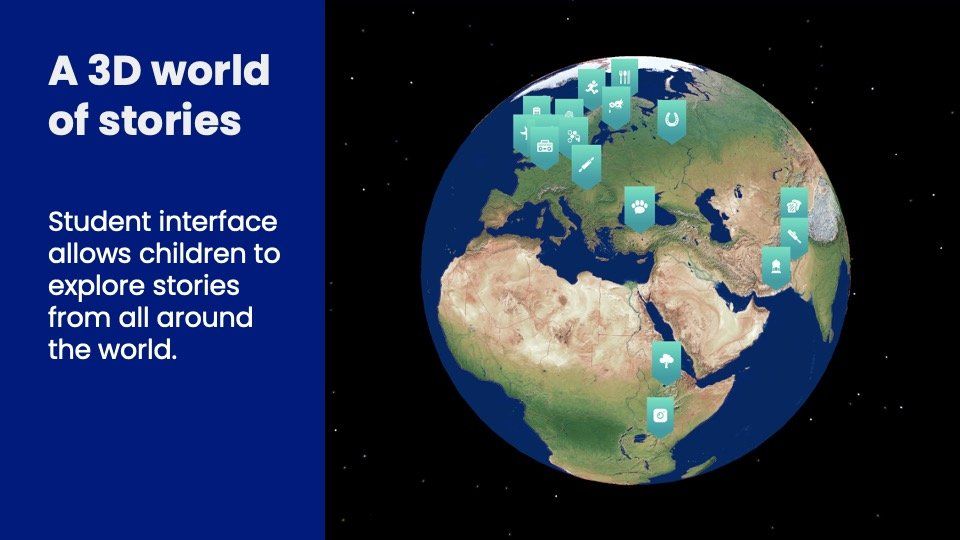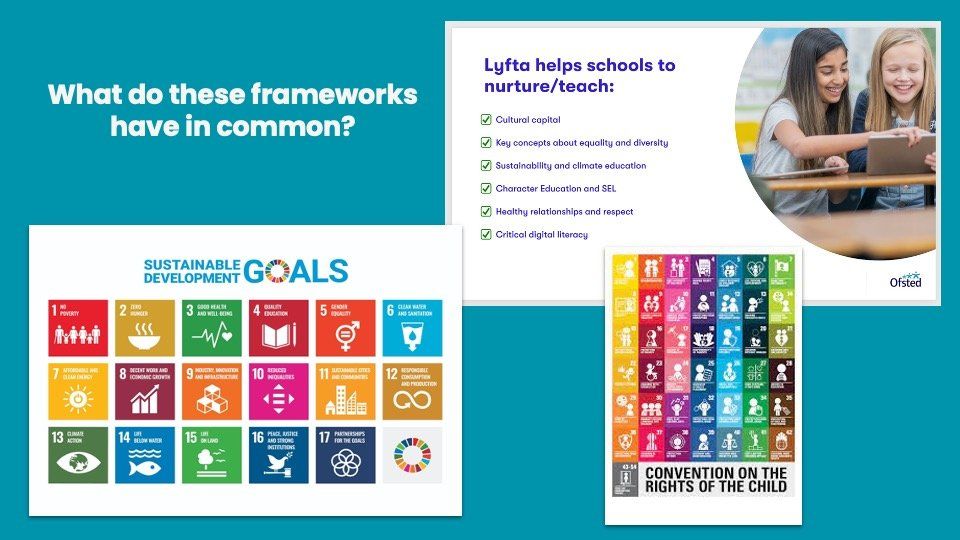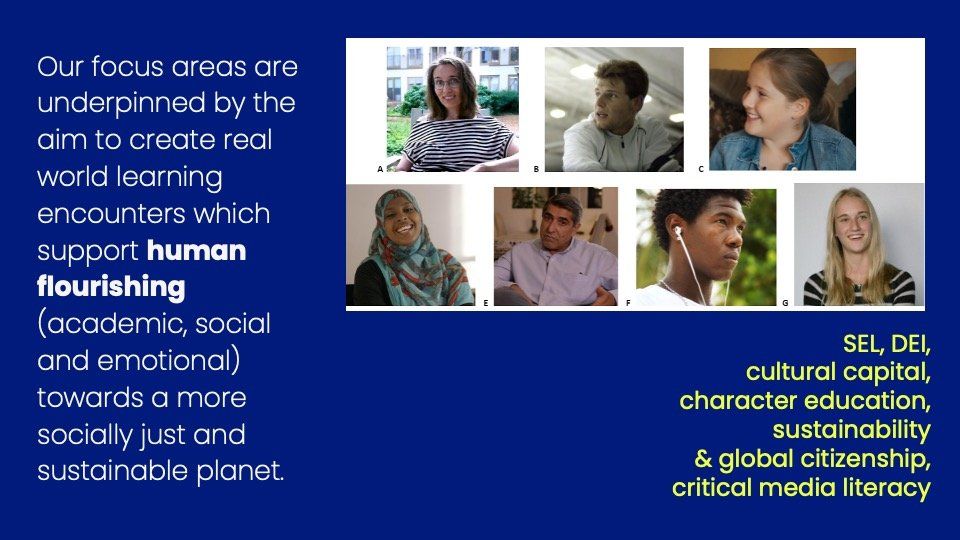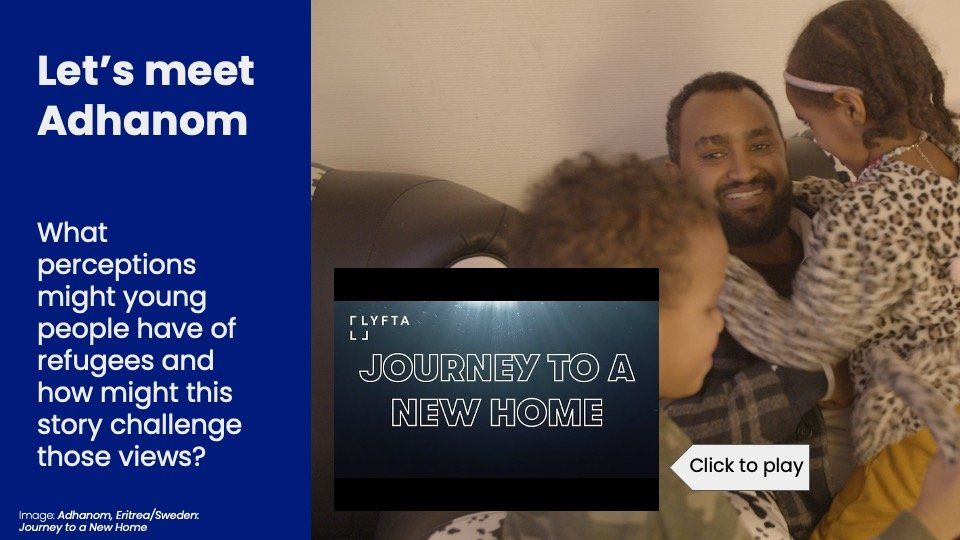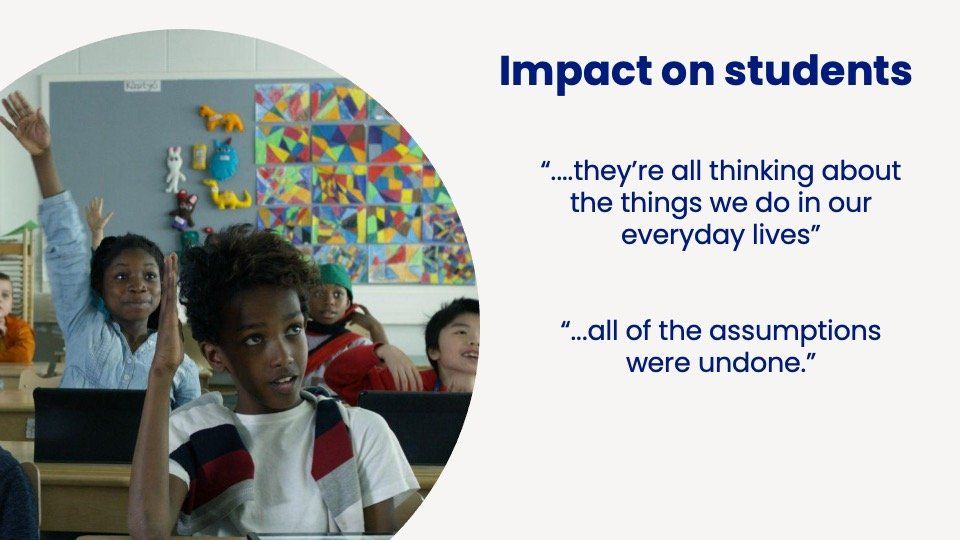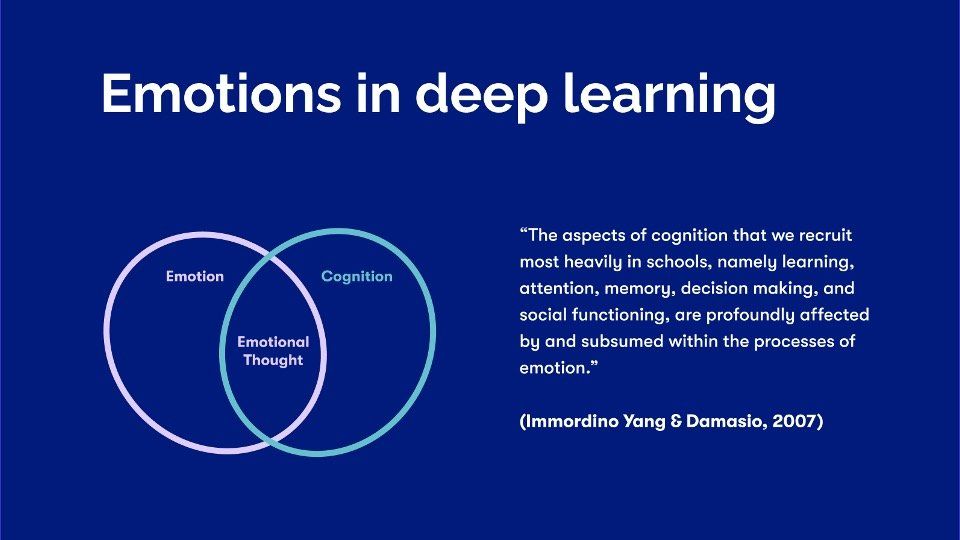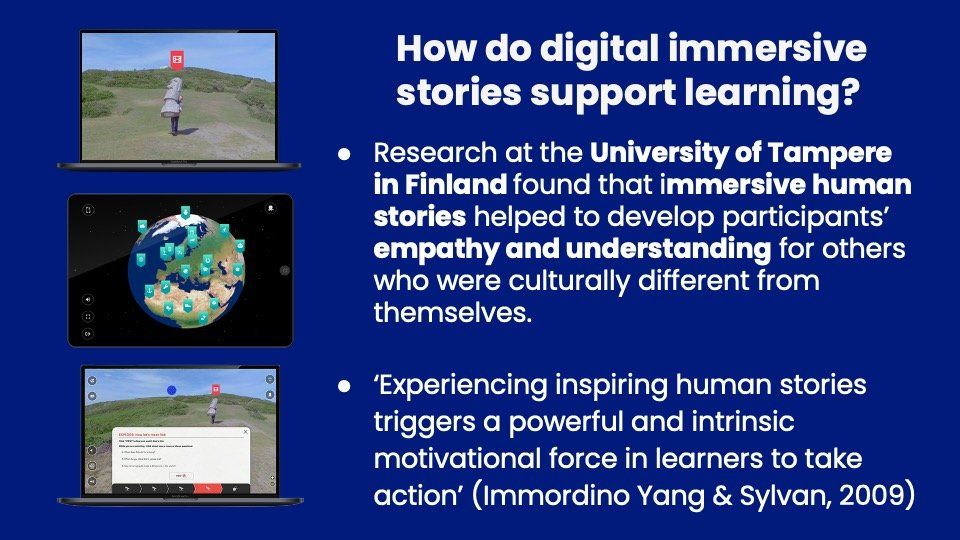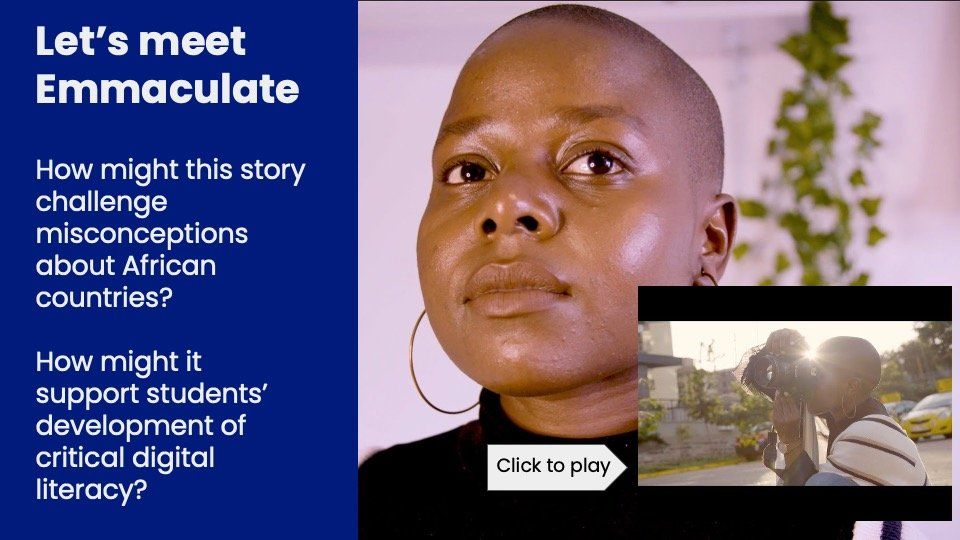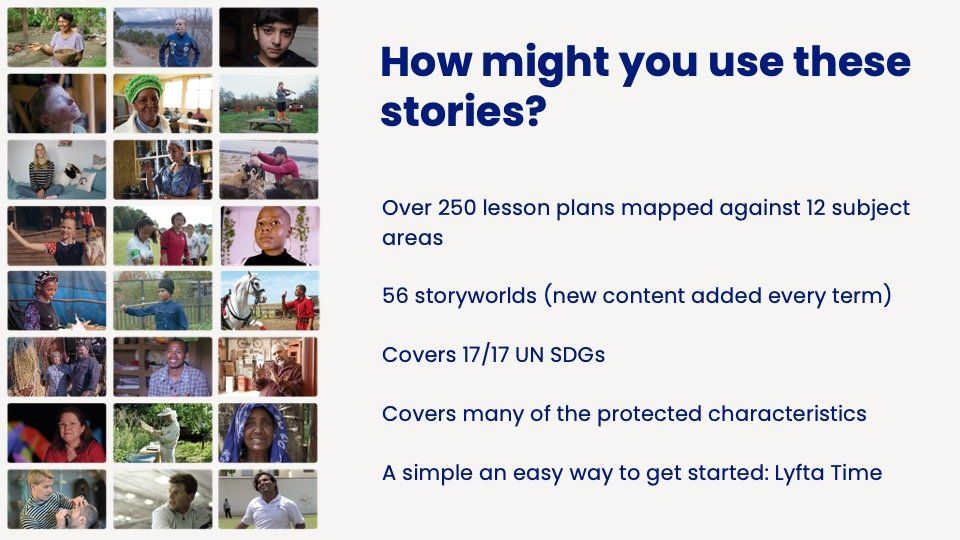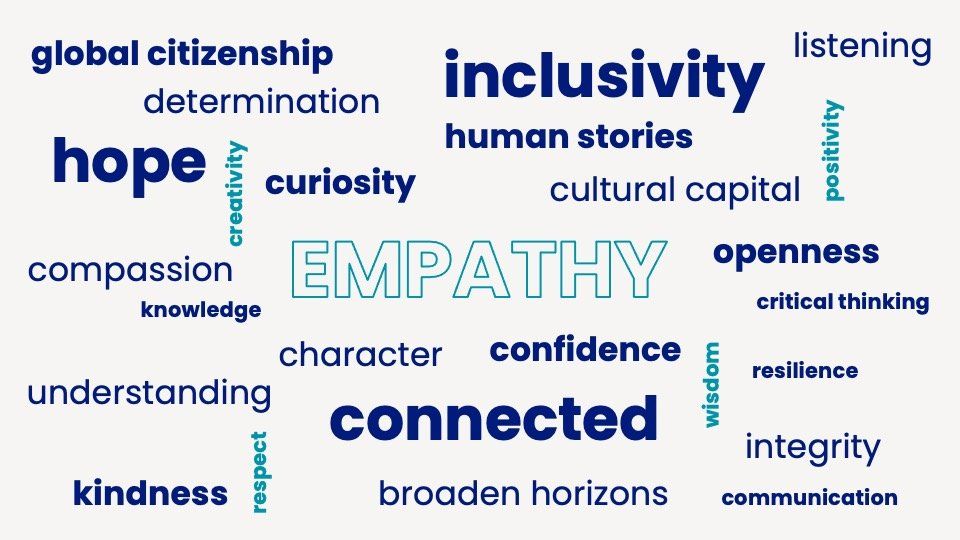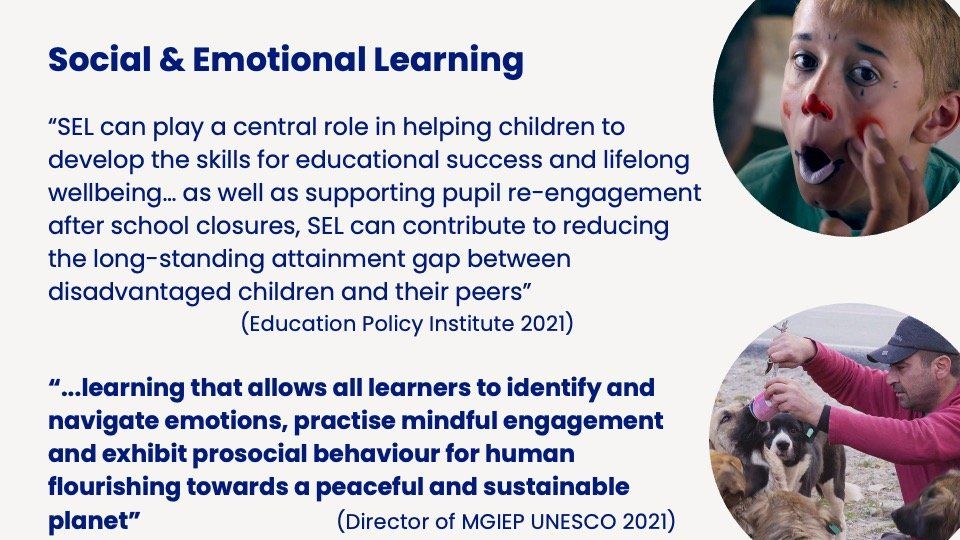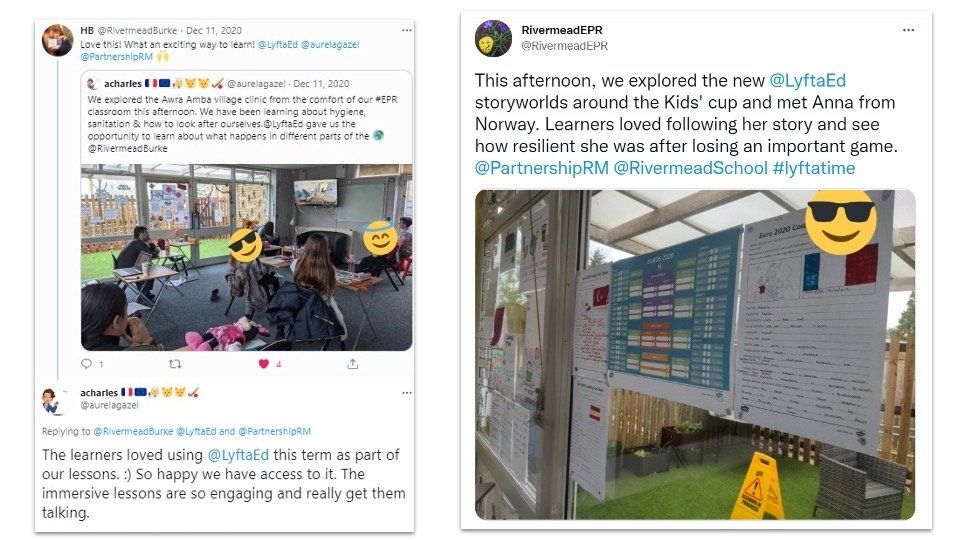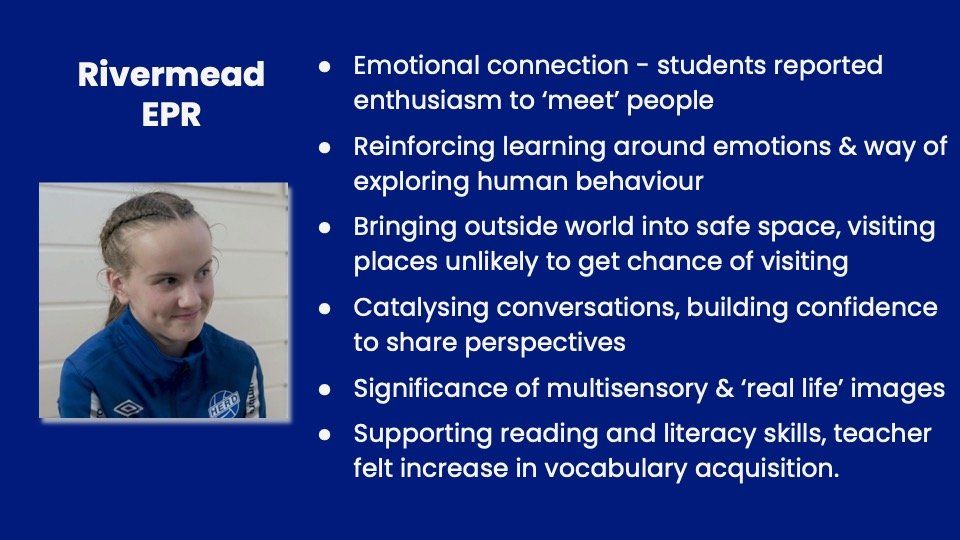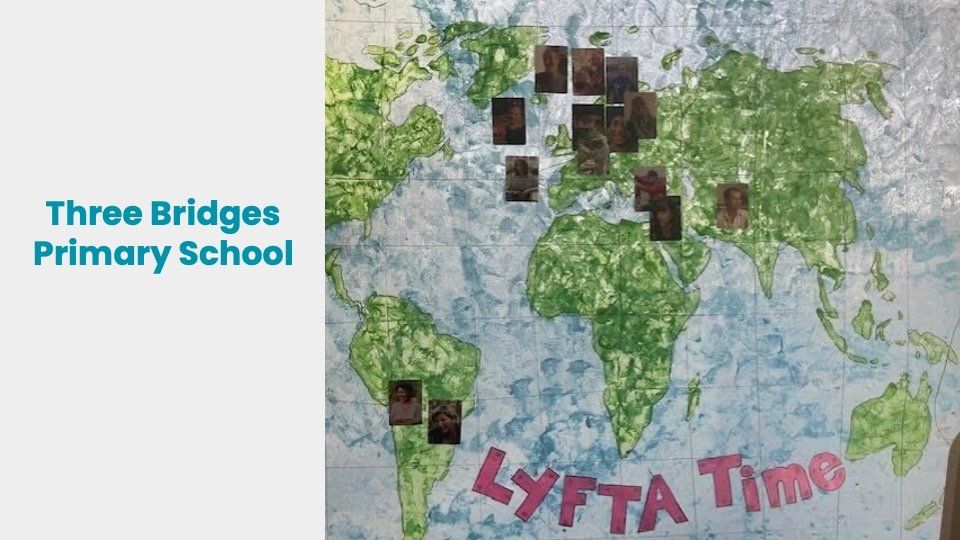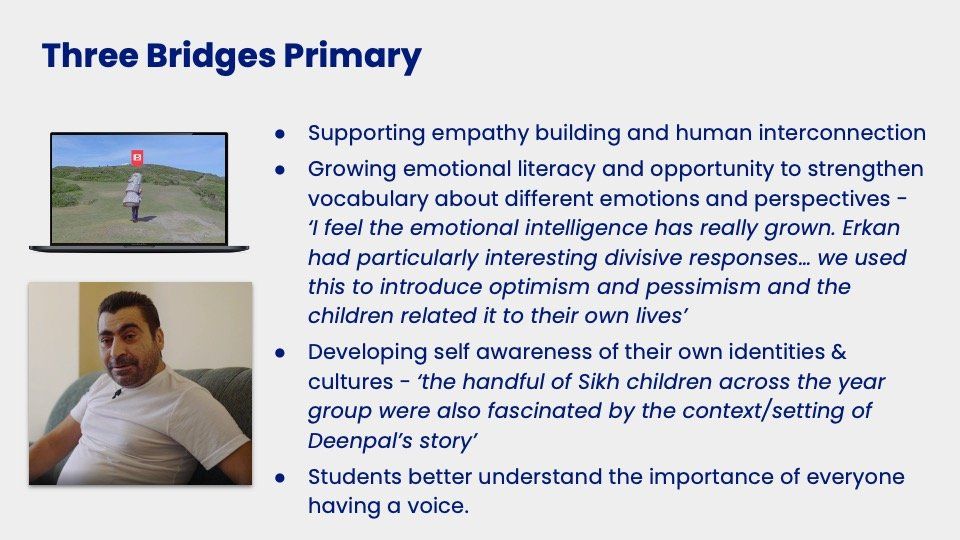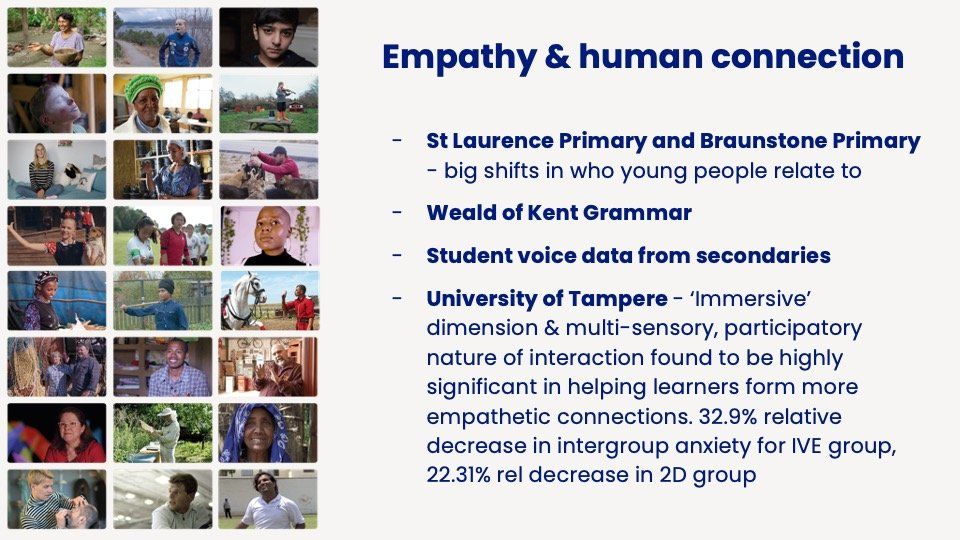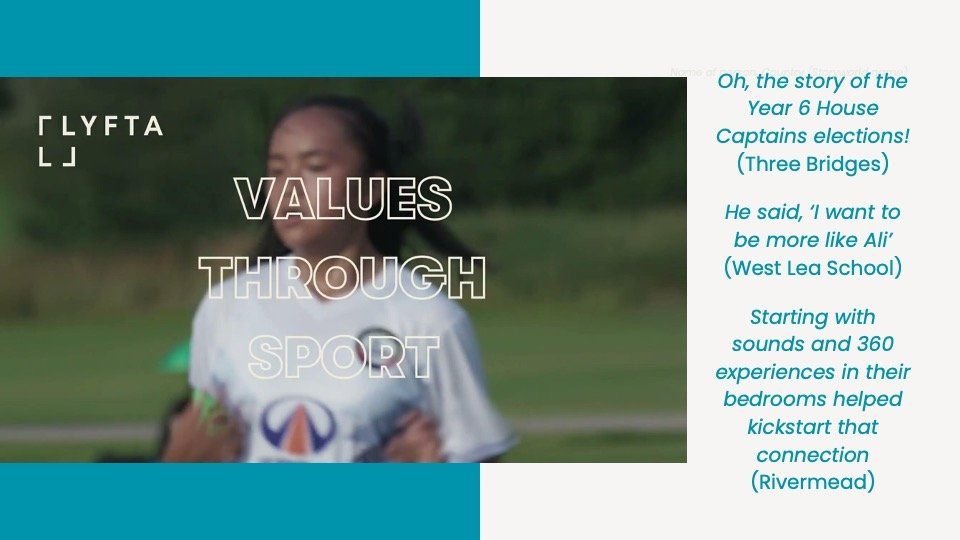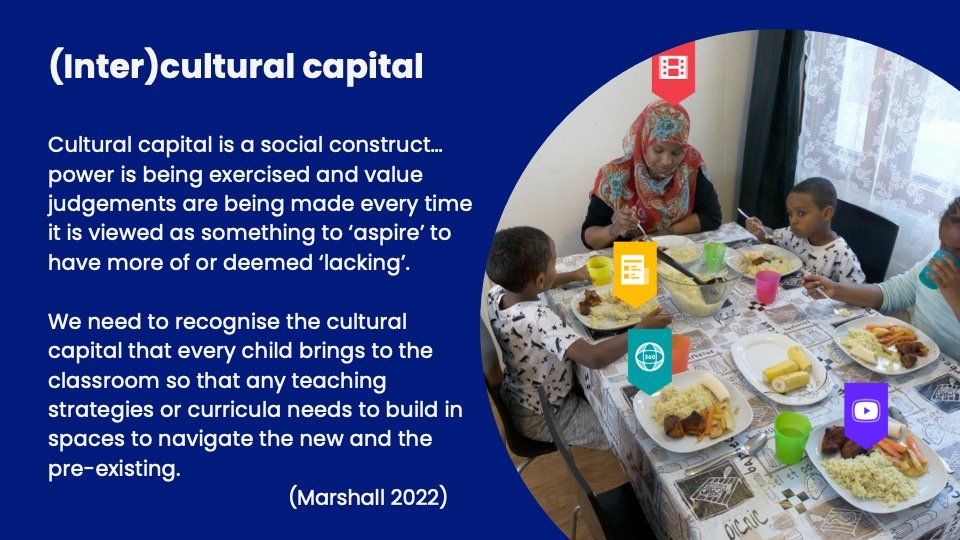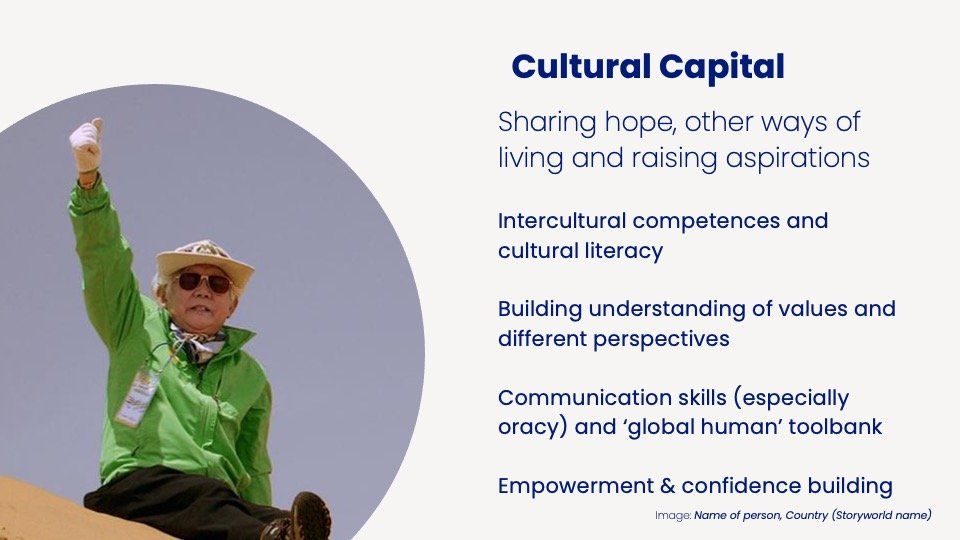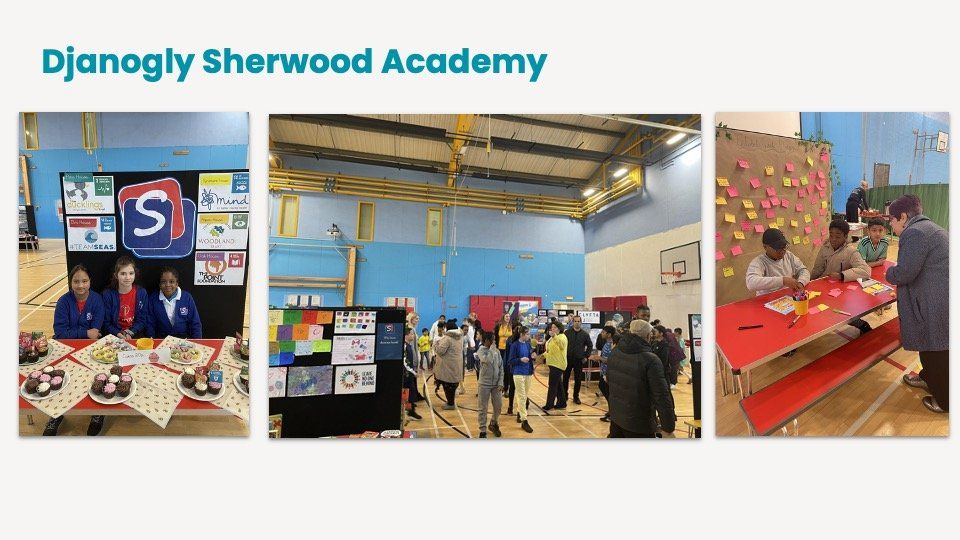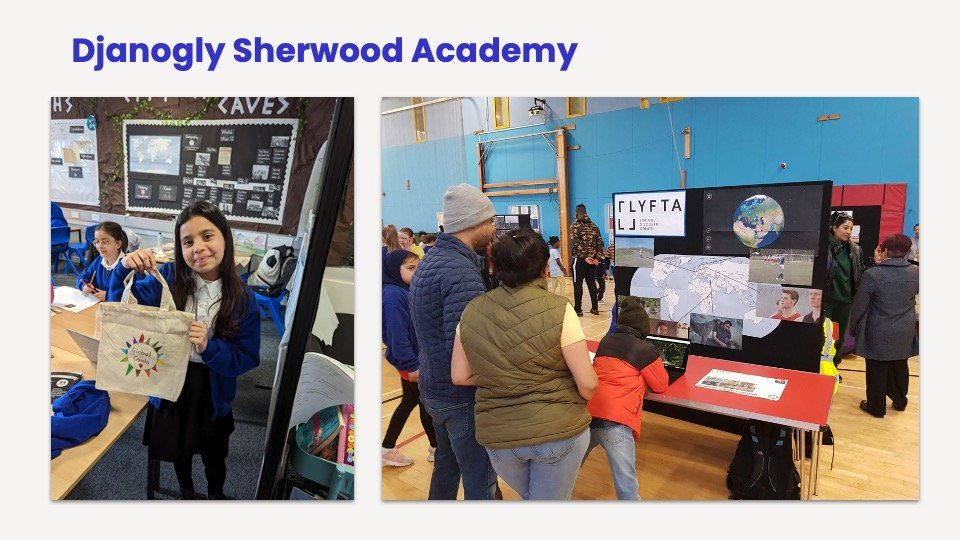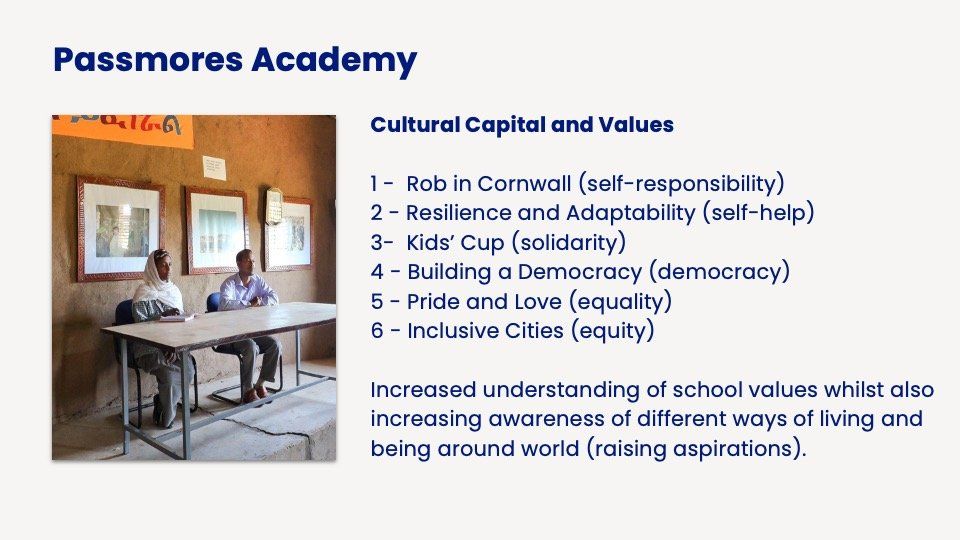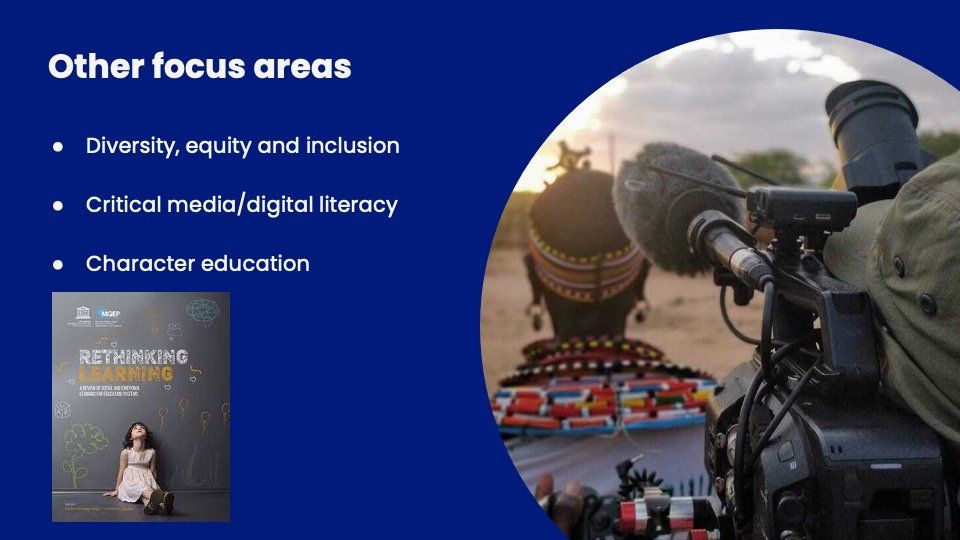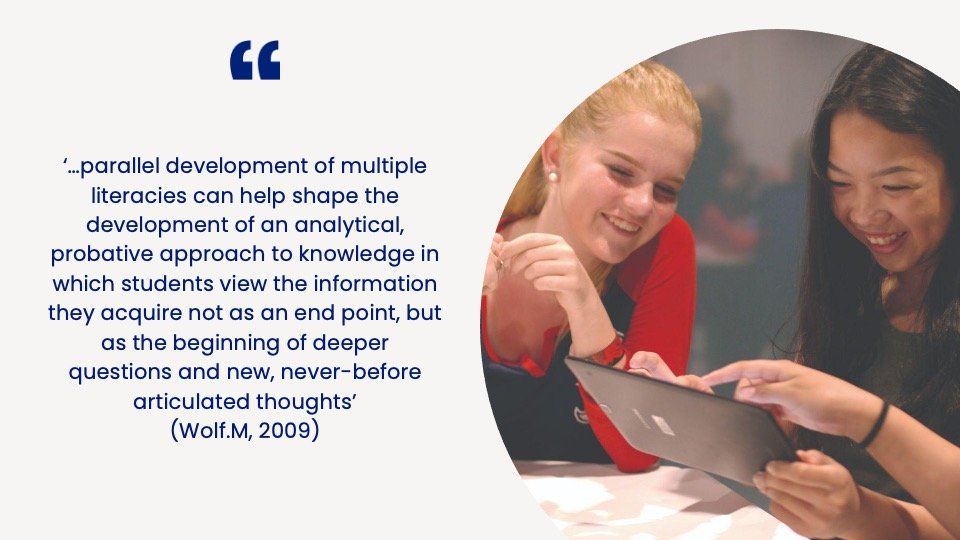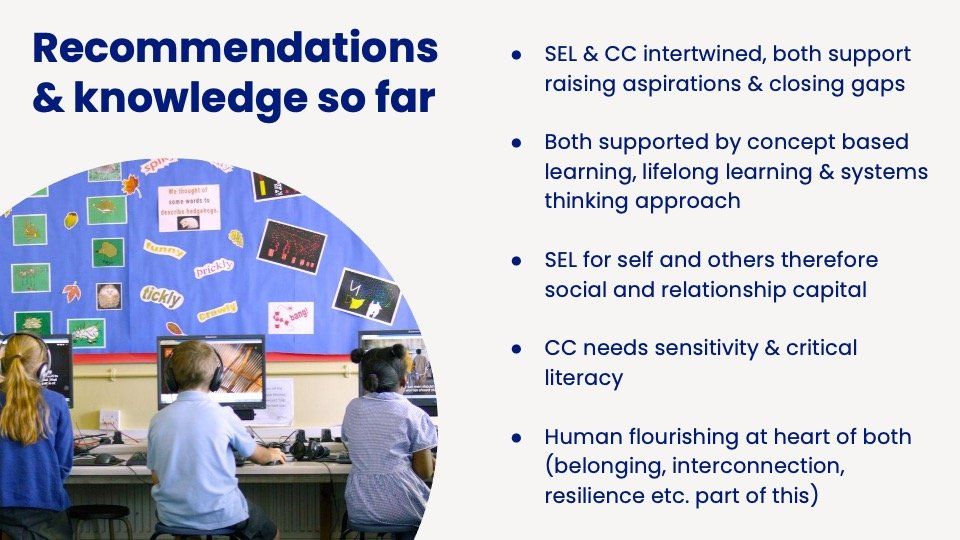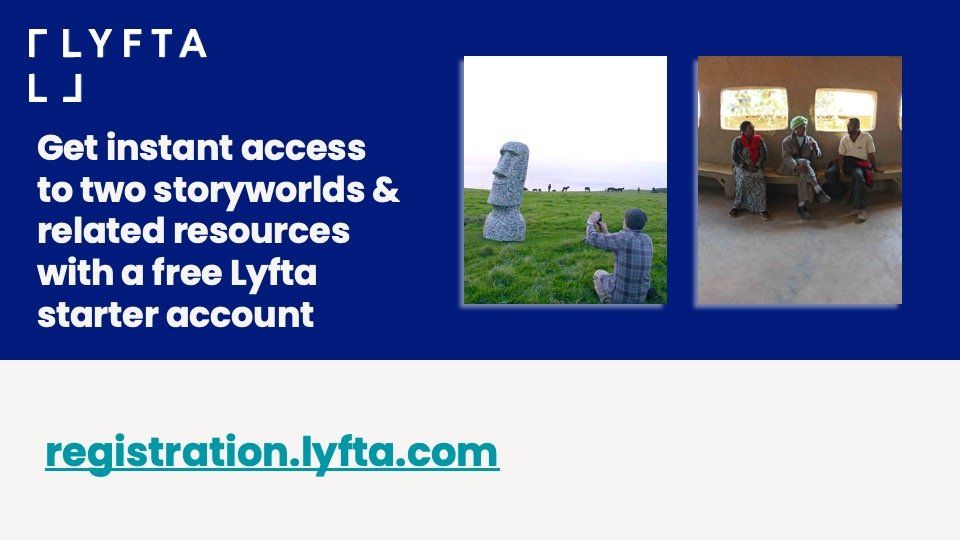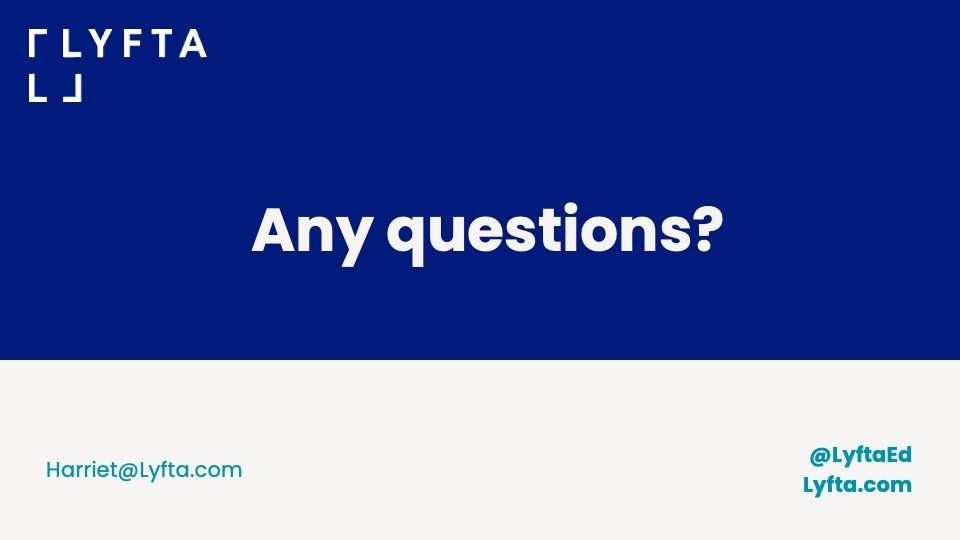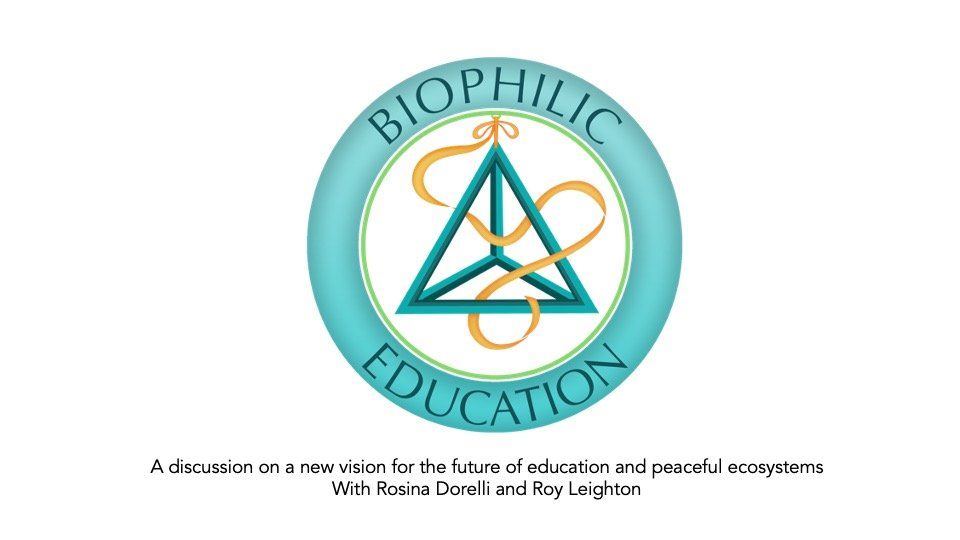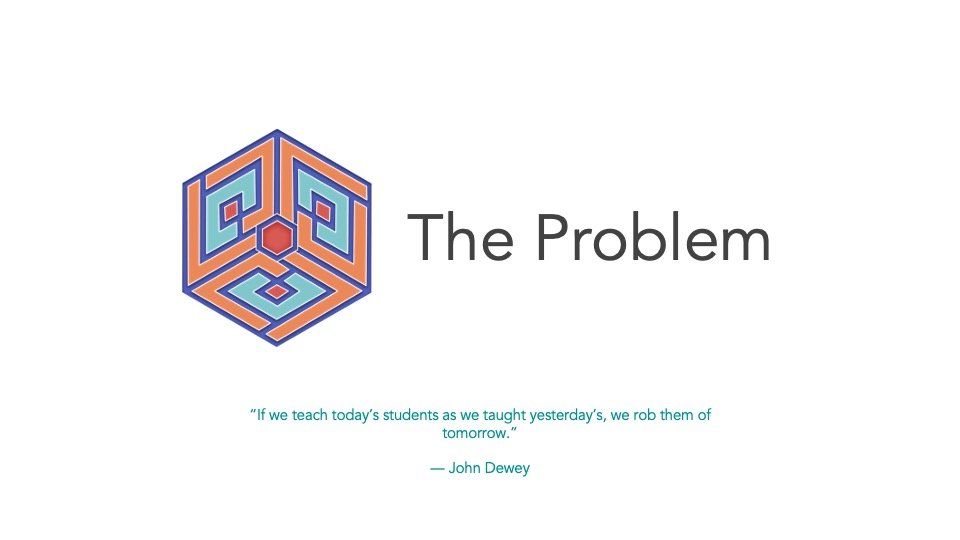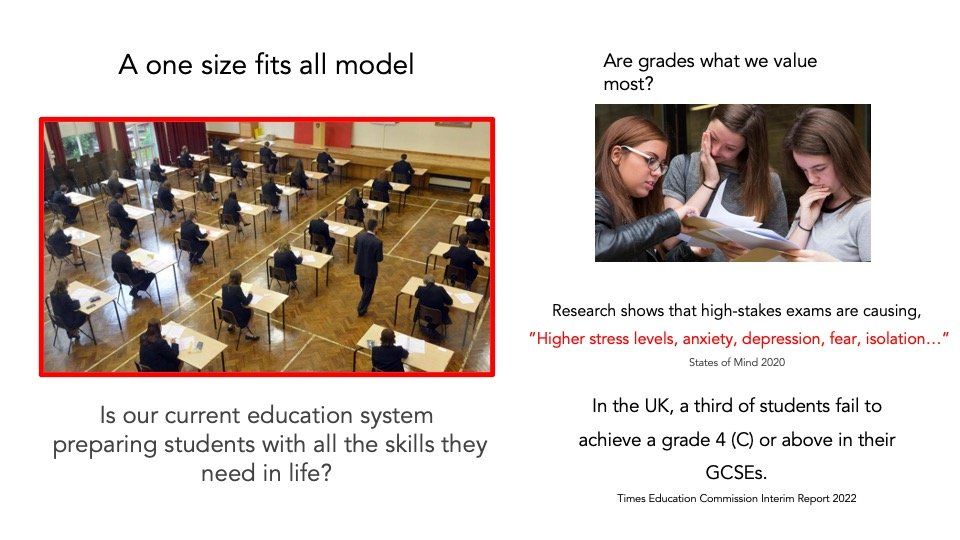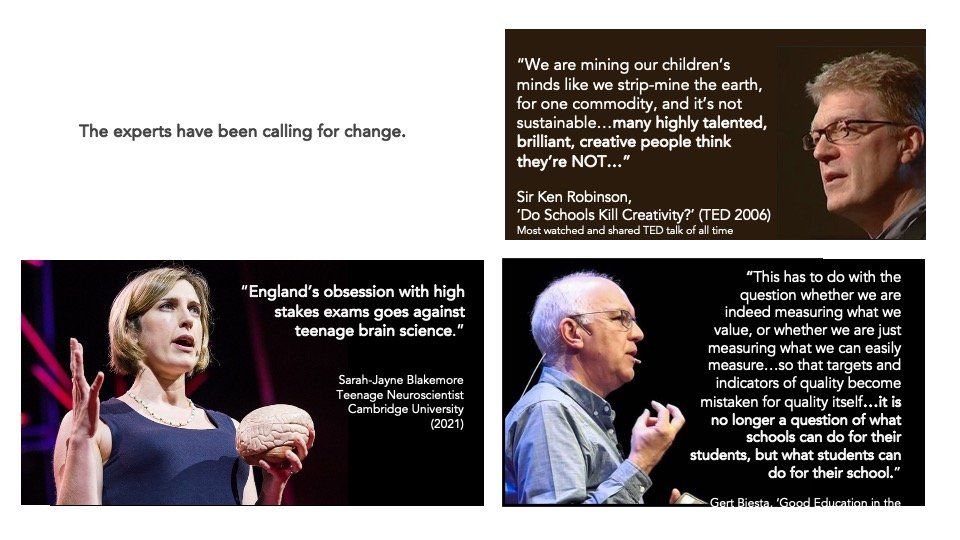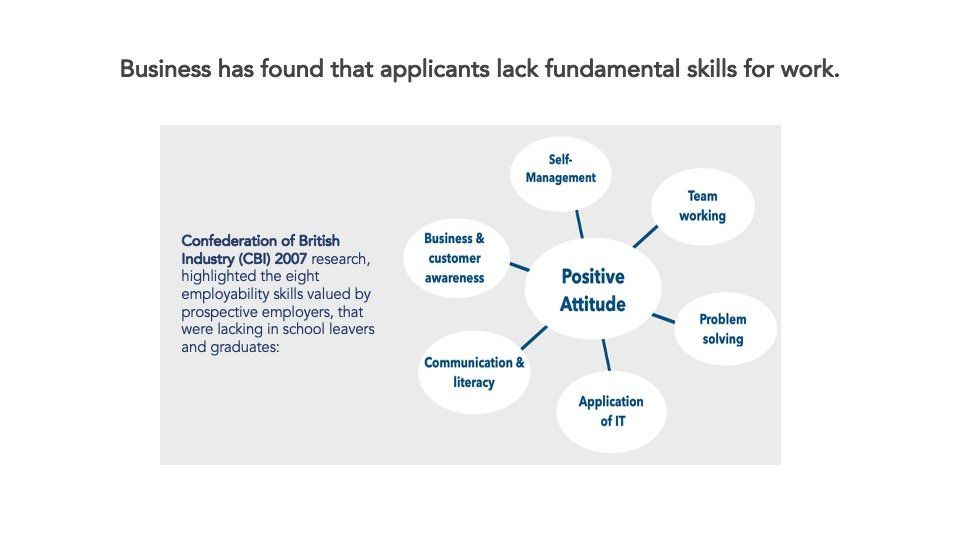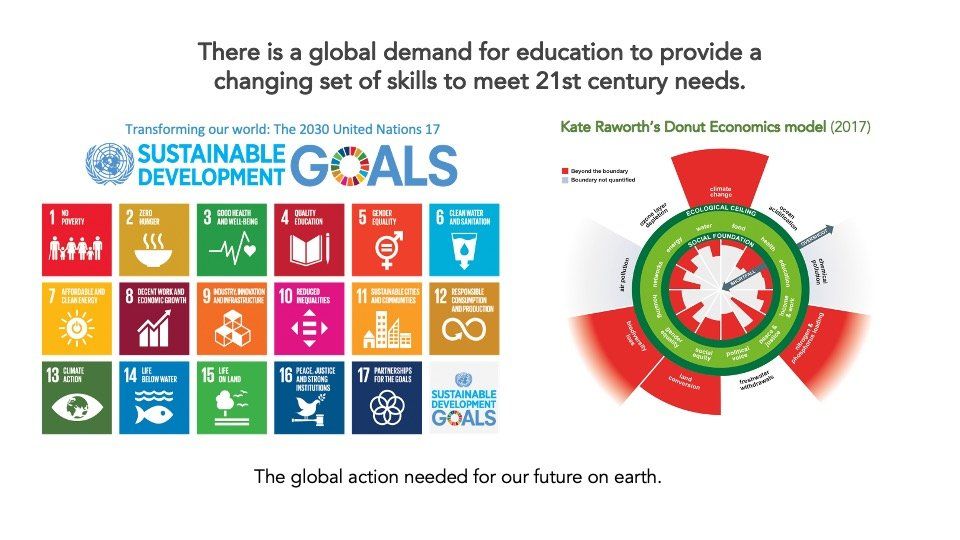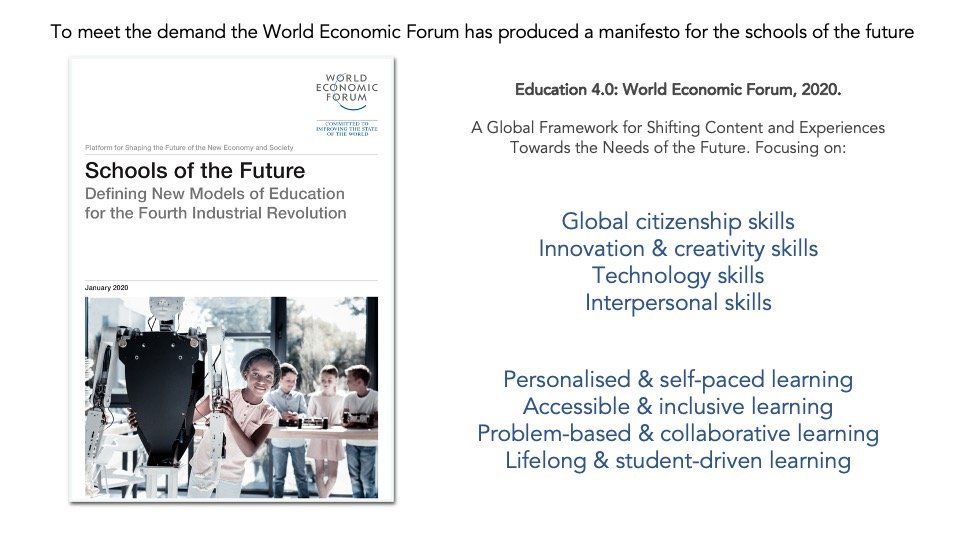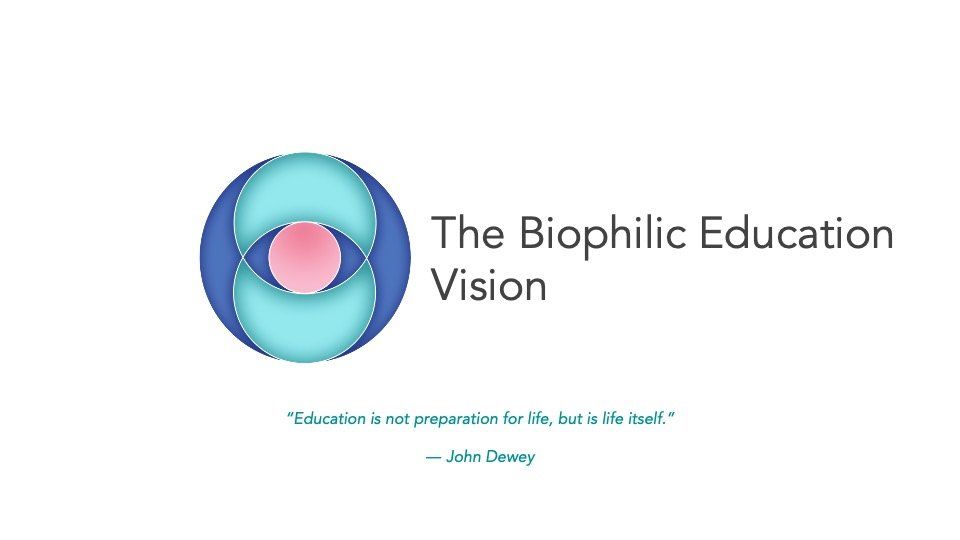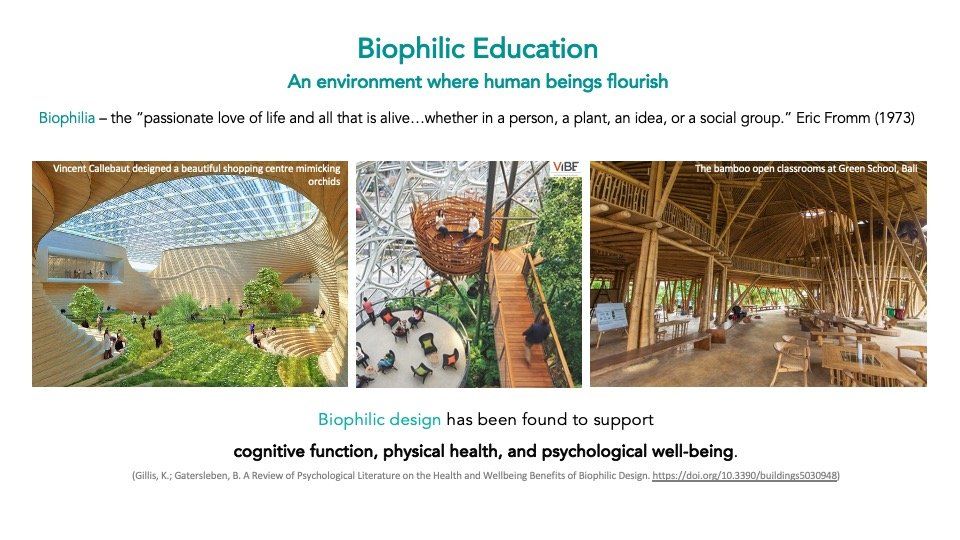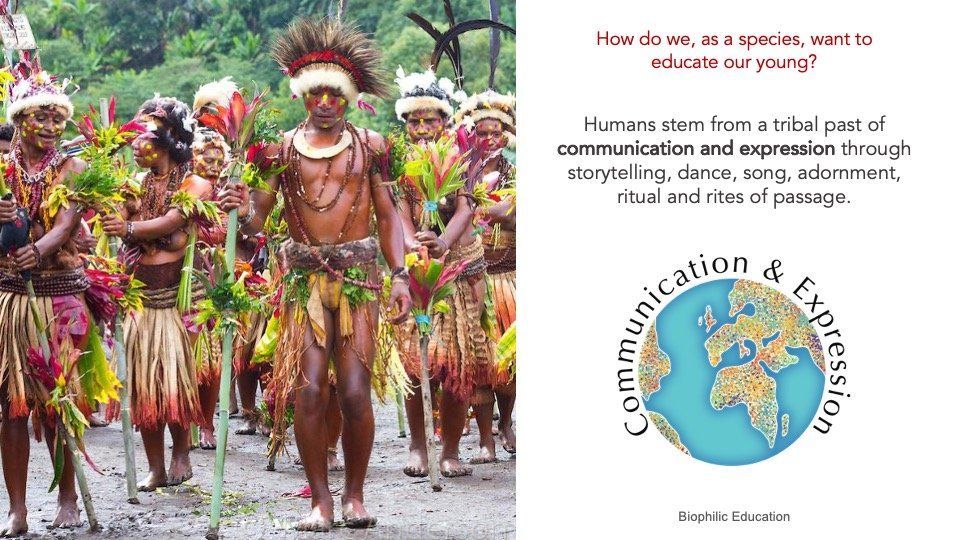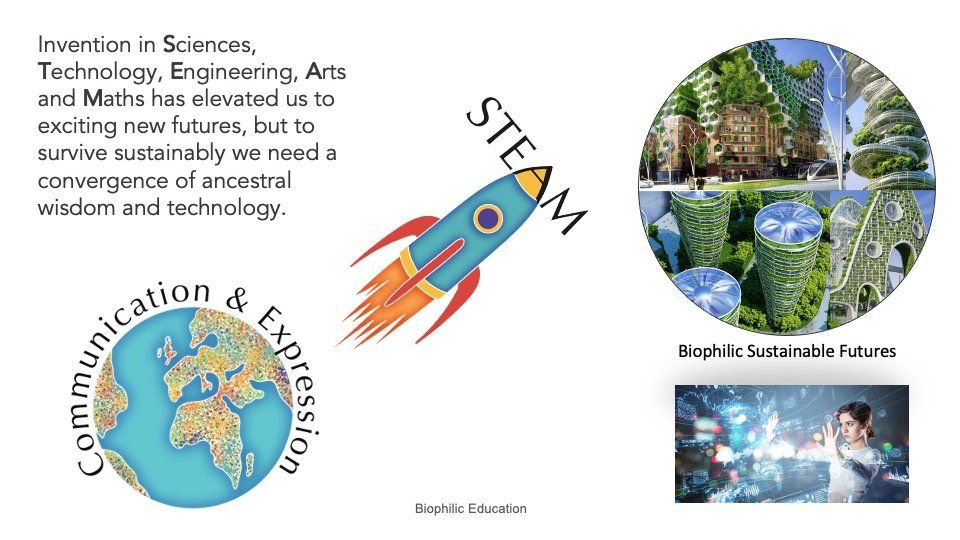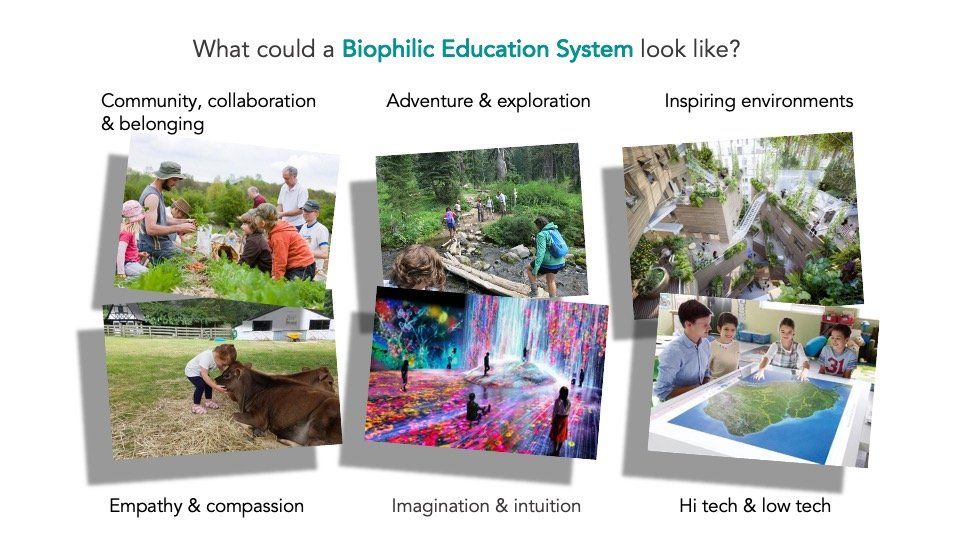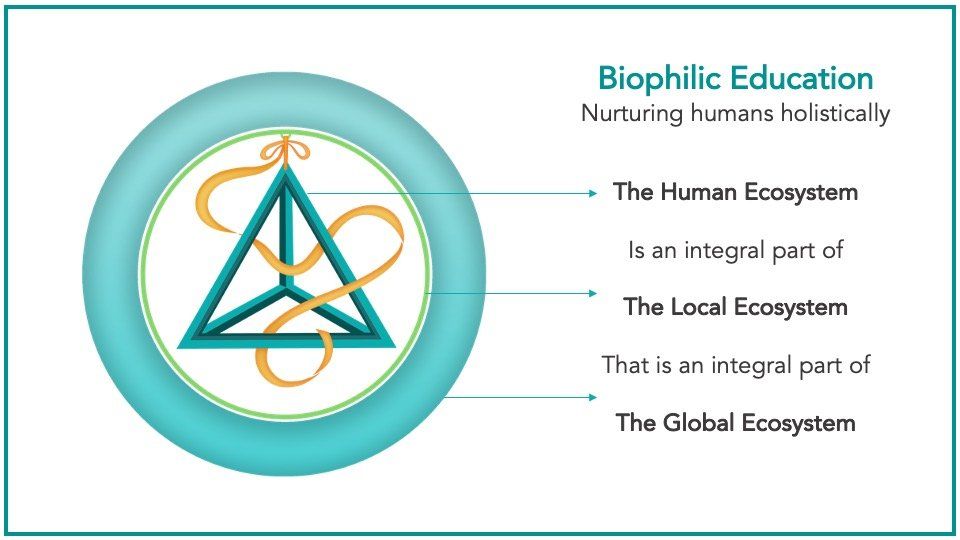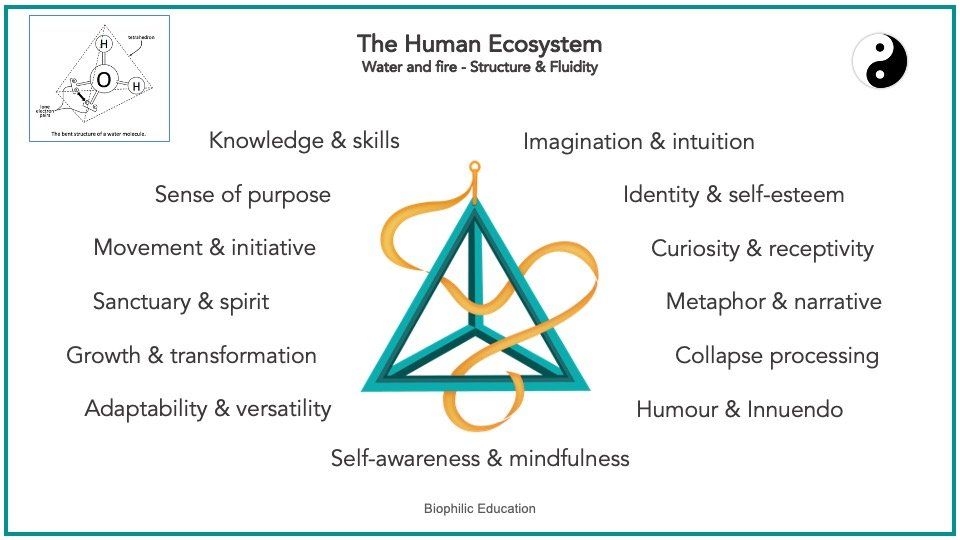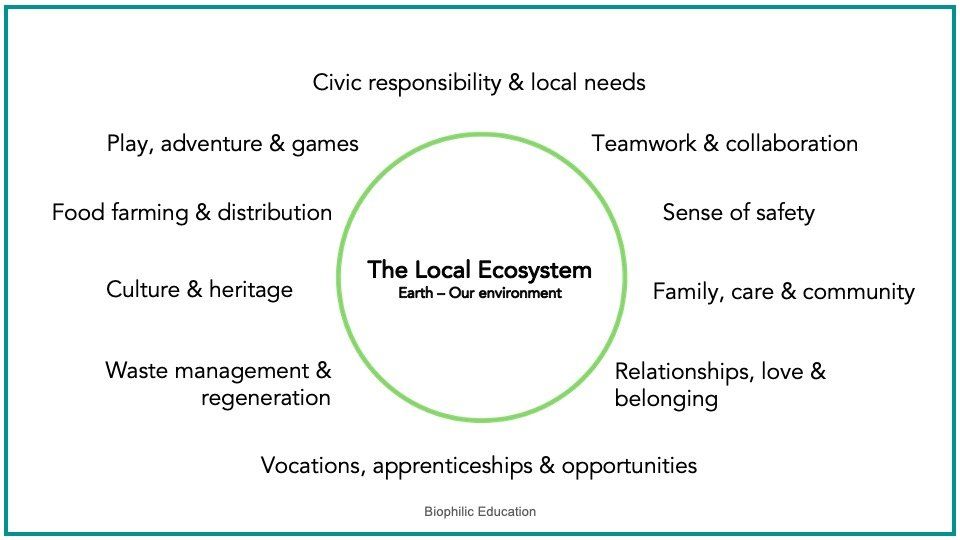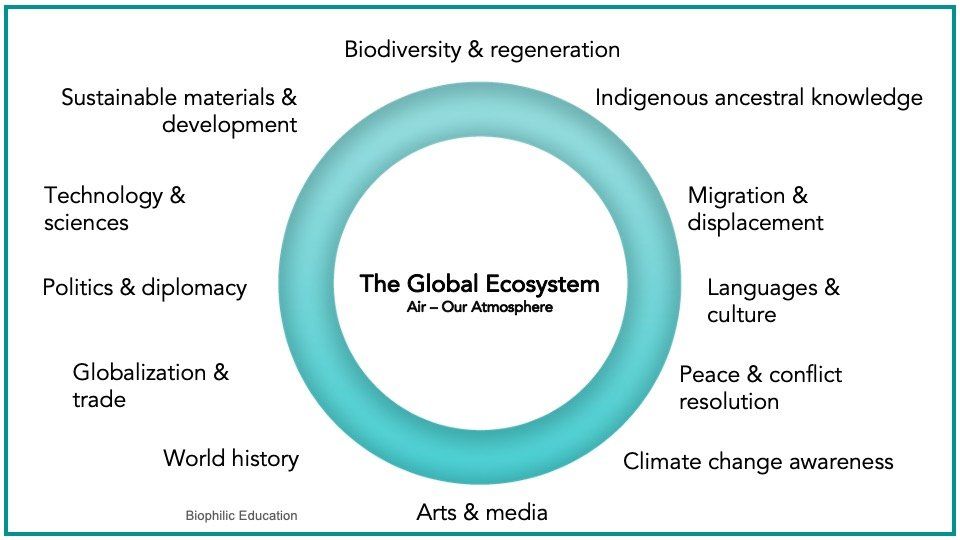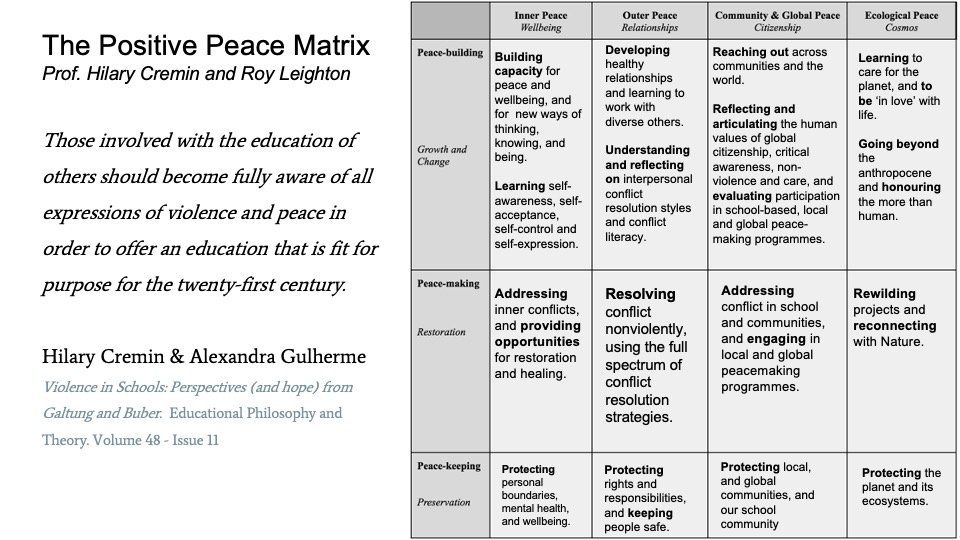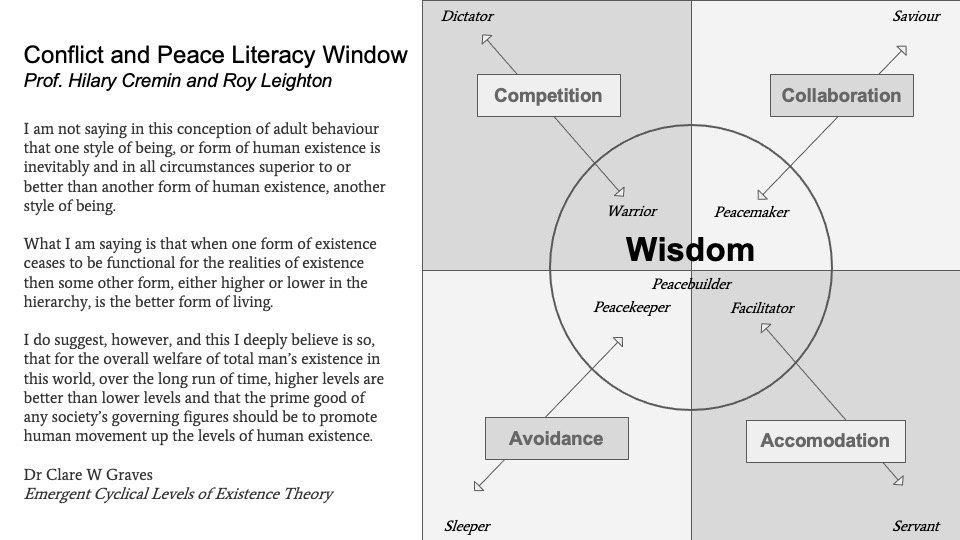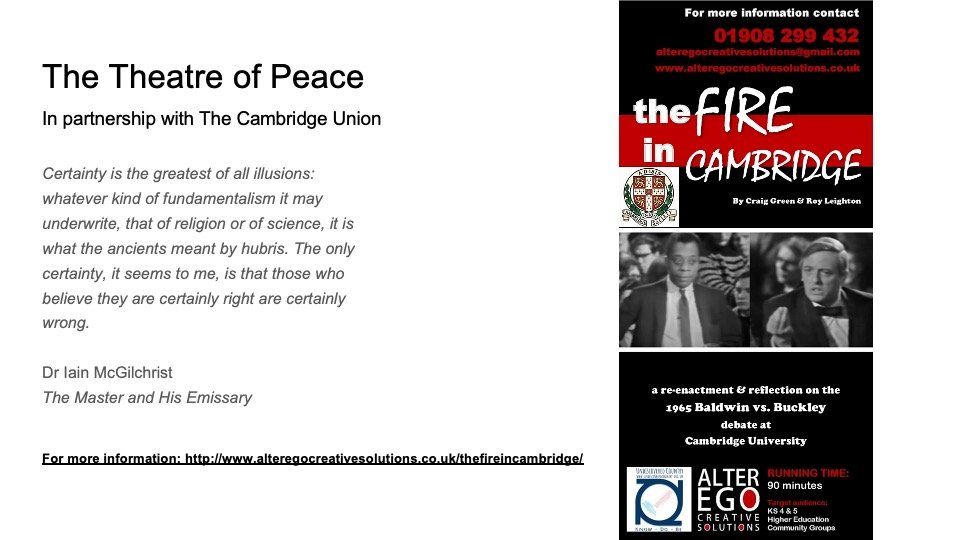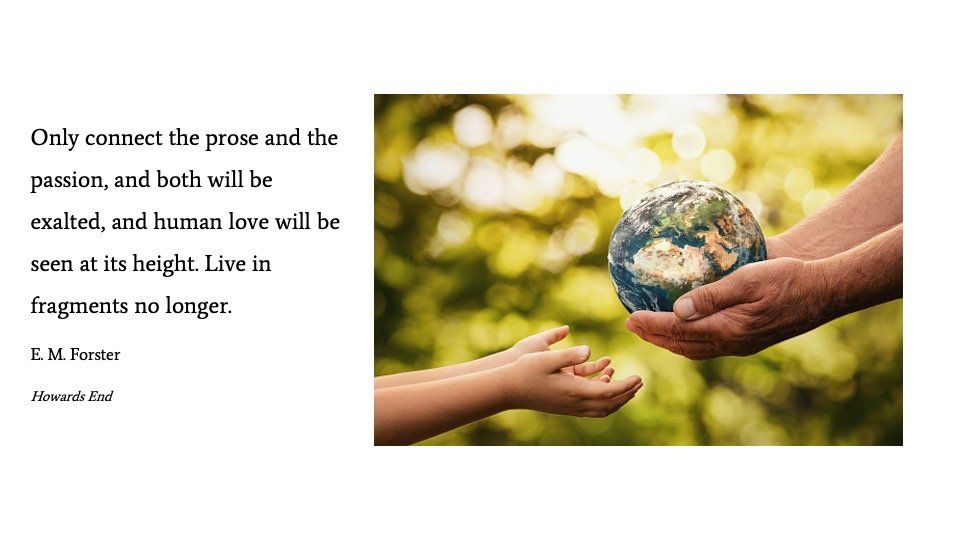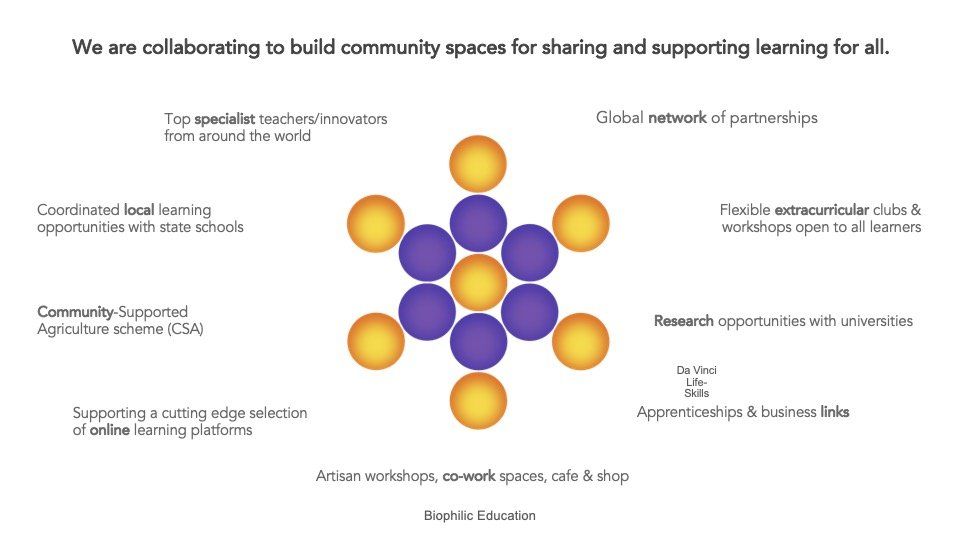Connecting for Peace Conference UNESCO ASPnet U.K. (2022)
On the 17th June 2022, we hosted the first ever free virtual UNESCO ASPnet conference: Connecting for Peace.
We had an inspirational line-up of speakers and workshop hosts who shared innovation and examples of best practice in education for peaceful sustainable development. And we were excited to welcome over 90 attendees from over 30 countries across the globe, as you can see from the map below.
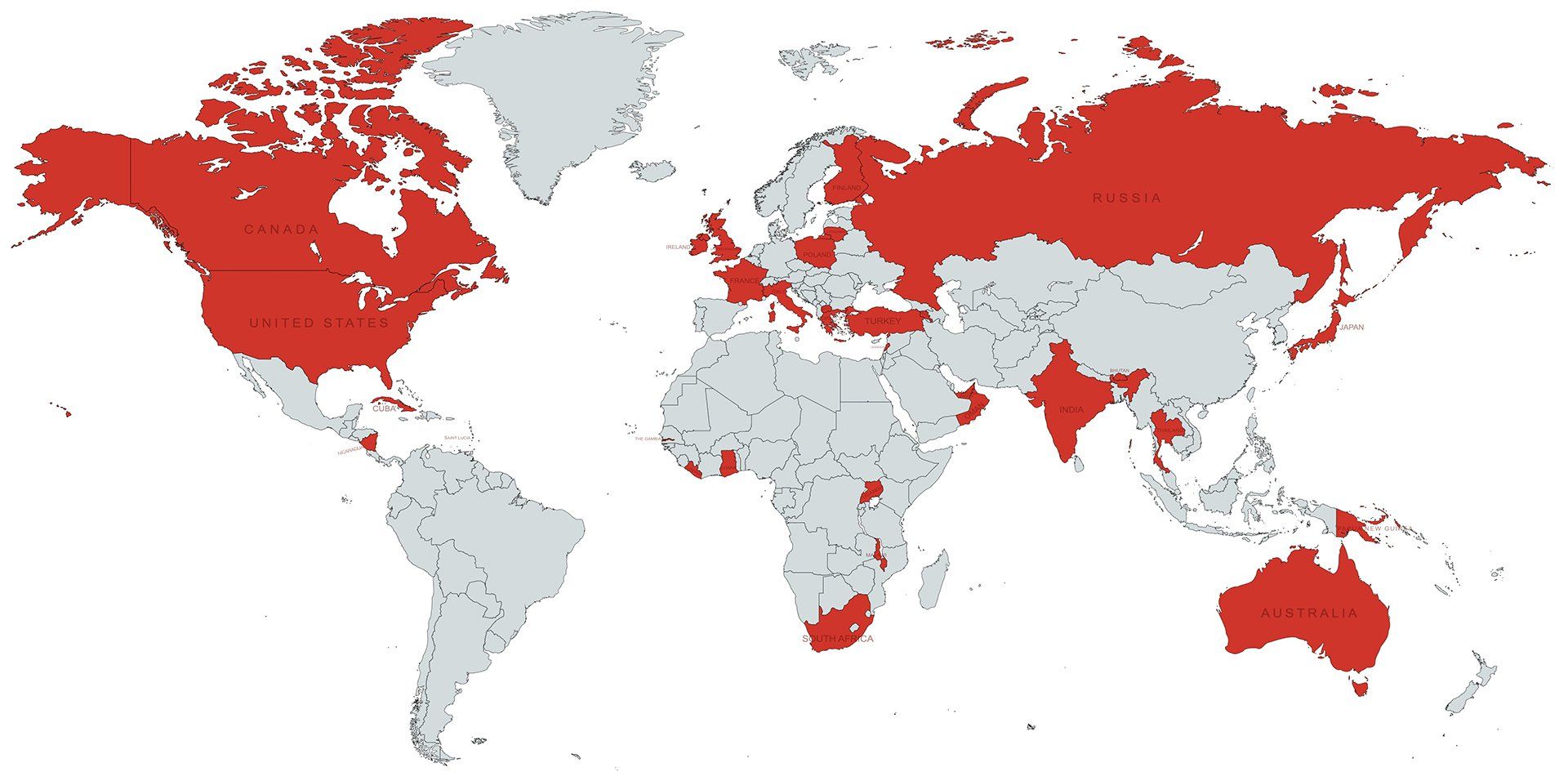
Participants enjoyed the day and found all of the speakers and workshops relevant and useful, so we are sharing these fantastic talks here so that more people can benefit. Feedback was very positive, thank you to everyone who took the time to send us your ideas and suggestions for the future. Next time we would like to add time for networking. It was a very packed day, so please find videos of the talks below, and images for the workshop presentations for those who could not attend the whole day or who want some insight into the other workshops.
Key Note Speakers
James Omer Bridge, General Secretary UNESCO UK Commission
"James runs the UK’s National Commission for UNESCO (UKNC) and represents it as Secretary-General at UNESCO headquarters and to its 193 member states. He works with the UK’s UNESCO sites and designations and the global network of 199 National Commissions for UNESCO, and was an Alternate Member of the UNESCO Executive Board for the UK from 2013 – 2019.
James worked on EU Trade and Partnership Agreements with the Majority Leader on Trade at the European Parliament, including human rights clauses; in the policy co-coordination unit for the Secretariat-General of the European Commission; and the UK Financial Services Authority; ran local, national and regional policy, outreach and campaigns for Age Concern with its European Federation; and the Royal College of Nursing, where he wrote its first policy position paper on nursing and human rights.
Ms Julie Saito, UNESCO ASPnet International Co-ordinator Paris
Julie Saito is Chief of the International Coordination unit for UNESCO Associated Schools network (ASPnet) since February 2020. Julie joined UNESCO/Public Information in 2007 where she was in charge of the Media Partnership and Kizuna Campaign collaborating with ASPnet to send 30,000 message cards of hope from 60 countries to Tsunami victims in Japan in 2011.
Prior to the current post, she worked as a programme specialist to mobilize and empower youth leaders for Education for Sustainable Development (ESD). She also worked as a journalist for 20 years, including at NBC News and Asahi Shimbun. Julie grew up in a family where her grandfather was a grandmaster of Noh theatre, and her grandmother as professor of the traditional Shamisen music Naga-Uta. She studied Musicology/Cultural Anthropology before receiving a Master’s Degree from Columbia School of Journalism in New York, USA. Julie continues to play piano as her lifelong passion.
Ms Keiko Ogura, Hiroshima Peace Memorial Japan
Keiko Ogura was born in 1937 in Hiroshima. After the death of her husband, Mr. Kaoru Ogura, in 1979, she began working for Hiroshima herself and deepened international exchanges with writers and journalists and became an interpreting coordinator for peace-movement visitors from abroad. In 1984, she established Hiroshima Interpreters for Peace and published Hiroshima Handbook and Hiroshima Peace Park Guide.
Since 1990, when she started a planning company with global-minded proposals and designs for governments and corporations, she has supported numerous visitors from abroad and international peace conferences. Since April 2011, she became an official A-bomb survivor of Hiroshima Peace Cultural Foundation, delivering her experience in English for foreigners. She has given many Hiroshima lectures in universities in the US, and often appears in the worldwide media.
Introduction & launch of the UNESCO ASPnet Arts & Culture for Peace Initiative: Finding peace with ourselves and our planet, Jannette Cheong (Between the Stones)
Jannette Cheong is a poet, writer, designer and producer. Born in London, Jannette has worked nationally and internationally in higher education. In addition, for over 25 years, she has been involved in the organisation and facilitation of many international education and creative arts collaborations working with both national and international organisations. She was the first British person to write an English-language noh, Pagoda, which used traditional noh techniques, in collaboration with Richard Emmert, the Oshima Noh Theatre and Theatre Nohgaku. The world premiere of Pagoda was at the Southbank Centre, London, in 2009 and toured to Dublin, Oxford and Paris. In 2011 Pagoda opened at the National Noh Theatre in Tokyo and toured to Kyoto, Beijing and Hong Kong and as such is believed to be one of the most internationally performed English-language noh plays to date.
The UNESCO ASPnet Arts & Culture for Peace Initiative: Finding peace with ourselves and our planet is the latest of the educational activities supported by Jannette and her colleagues. You can find out all about the Arts & Culture for Peace Initiative here: https://www.betweenthestones.com/arts-culture-cover-page
Inspiring Change: A Sustainable Future. Trizzha Felcianao – Youth Advocate Greenpeace
Trizzha Feliciano is a Greenpeace Speaker and a medical student at University College London (UCL). She gives talks to schools, companies and educators about the personal and environmental importance of sustainability, in order to inspire people of all ages to create change in their lives and in others’.
Trizzha is also engaged in improving sustainability across UCL. She sits on the Student Sustainability Council and acts as a Sustainability Ambassador for the medical school, where she increases sustainability in the curriculum, and in the adjoining UCLH trust hospitals. Trizzha is also part of the leadership team for the Planetary Health Report Card, an international student-led initiative improving planetary health education and sustainability in medical schools across the world. She was also chosen to participate in an expedition to Antarctica led by Sir Robert Swan OBE.
Workshops
Teaching safely: How to Remove Bias and Stereotypes from the Classroom with Shonagh Reid
This workshop explores; how we reduce bias and focus on curiosity as educators, how we remove damaging stereotypes from teaching and learning, and strategies for creating a curriculum which is reflective of the world we live in. We looked at why bias exists, why it is underpinned by fear and how we can move beyond this. We were directed to where to find resources and support for a more safe, diverse and representative curriculum.
Shonagh is a Diversity, Equity, and Inclusion Consultant working primarily in the fields of education at the arts. She has an extensive background in leadership in education, specialising in Performing Arts and Pastoral Senior Leadership and has worked as a DEI Leader in the East Midlands, UK for five years. She is currently working with The Old Vic Theatre, London and many education organisations across the UK in a range of ways, including strategic Inclusion planning, creation of and embedding of robust and effective DEI networks, mentoring, and training.
Learning, Thinking and Teaching Philosophically with Marcelo Staricoff
In this workshop we explored how Philosophy equips students with a lifelong love of learning that enables them all to thrive emotionally, socially, culturally and academically. In this workshop we covered; how to embed Philosophy and a Philosophical approach into all aspects of the curriculum and of school life, including the use of Why Books, Wonder Walls, Thinking Pages, Concept Lines, PMIs and many more ideas, all illustrated using examples from children across the Primary age-range.
We explored how to introduce Philosophy to the students from a very early age by focusing on questions that do not have answers, have many answers or are impossible to answer! How Philosophy and Philosophical Discussions can be used to remove barriers to learning and to transform all student’s intrinsic motivation to want to learn and their perception of the learning process and of themselves as learners. Also how Philosophy can contribute so significantly to closing the ‘word gap’ and to enriching the students, school, home triangular partnership.
Marcelo is the author of ‘The Joy of Not Knowing’ (Routledge, 2021) and a former scientist and Primary School Headteacher. Marcelo is currently lecturing at the University of Sussex, teaching on the BA Primary and Early Years Programme and is also working on behalf of UNICEF with policy makers, educators and textbook writers to help implement a reformed national curriculum in Uzbekistan. Marcelo also works for Coram, the children’s charity, runs courses and acts as an advisor to a number of schools and educational organisations and speaks regularly at national and international events.
Marcelo is also the author of Start Thinking (Imaginative Minds, 2005) and has published widely in the fields of creative, critical, multilingual and philosophical thinking in the classroom. Marcelo is a member of the All-Party Parliamentary Group on Education (APPG) and a Trustee of the Laurel Trust and the Michael Aldrich Foundation. Marcelo’s work and contribution to education was recognised by being named as a Founding Fellow of the Chartered College of Teaching in 2019.
Marcelo Staricoff, PhD NPQH FCCT, JONK™ Thinking and Learning. Website: www.jonklearning.co.uk
Inner Peace: The Foundation for Healthy Connection with Fiona Clarke (MindwithHeart)
In this workshop we experienced how mindfulness exercises help cultivate inner peace, and how empathy practices transform the way we listen to and connect with others. The workshop covered what the ancient Greeks meant by ‘Know thyself’, a taste of cultivating inner peace and how to bring peace, empathy and understanding to our communication with others.
We explored research-based tools to cultivate inner peace and connection. Practiced ‘Just Like Me’, where we focused on our similarities and common humanity to build empathy, reduce bias and disconnection. Experienced how mindful empathic presence can transform our communication with others.
Fiona Clarke is senior trainer and CEO of Mind With Heart. She has 15 years’ experience in sharing well-being skills with young people and educators. She is passionate about equipping students and teachers with research-based tools so they can feel well, function at their best, and care for others. Mind With Heart’s Connected programmes empower schools to create emotionally healthy communities where everybody can flourish. Website: https://www.mindwithheart.org/
Storytelling, Connecting & Inclusivity with Harriet Marshall (Lyfta)
This workshop focused on emotional literacy, (inter)cultural capital and global citizenship, and the learnings we can take from immersive digital storytelling pedagogy and practice. We had the opportunity to explore the opportunities, challenges and impact of working with digital immersive storytelling to support global learning in educational settings. We looked at an overview of the meaning(s) and significance of the following concepts when learning in an increasingly uncertain world: cultural capital, emotional literacy, global citizenship and critical media literacy.
We gained an insight into the research exploring how digital immersive storytelling is supporting young people to grow in confidence about meeting and connecting with new people with different backgrounds or from different countries than themselves, and how it is helping young people better understand the meaning of complex (sometimes abstract) concepts such as values and key issues within the UN’s Sustainable Development Goals.
Dr Harriet Marshall is Head of Educational Research at Lyfta and has been a global education advocate for over 20 years, as a teacher, researcher, consultant and education project leader. Prior to being at Lyfta, Harriet was a National Leader on the Global Learning Programme (Pearson) and Lecturer in International Education (University of Bath). Harriet has published and presented on the subject of Global Citizenship Education, the UN Sustainable Development Goals and Intergenerational Learning for many years, both nationally and internationally. Website: www.Lyfta.com
Biophilic Education Movement for Peace and Sustainable Futures with Rosina Dorelli and Roy Leighton
A conversation on peace building in education with Roy Leighton, co-chair of Cambridge Peace and Education Research Group and Rosina Dorelli co-founder of Da Vinci Life-Skills. This is a new look at what the future of education could look like. This session was perfect for people concerned about the unethical nature of the current ‘one-size fits all’ education system, and exams that set up many students to fail. We had the opportunity to find out more about ideas for an education system that values all the varied abilities and talents of young people.
We also explored what Biophilic Education might look like. Biophilic Education nurtures a human ecosystem as an integral part of a local and global ecosystem. Sir Ken Robinson said that we are mining our children's minds for a single commodity, like we strip-mine the earth, and it's not sustainable. Humans have more value than the memory of facts to pass tests in a limited time frame.
Rosina Dorelli is the co-Founder & Director of Da Vinci Life-Skills, she is a change-maker, designer, art, design and technology teacher. She believes we all have a duty to do what we can to make the world a better place and that everyone has the talent and potential to make a difference to their community/planet, and that needs to be nurtured by education. Together with Zach Reznichek and Farhaan Mir she has created the Da Vinci Life-Skills curriculum and assessment model, which includes 5 transdisciplinary project pathways and 5 DVQs (Da Vinci Qualifications) to be run in schools worldwide. This is part of a wider Biophilic Education movement to inspire systemic change for all and to build an education system that is both ethical and sustainable.
Roy Leighton holds an MPhil from Cambridge University in Knowledge, Power and Politics, is a fellow of the Royal Society of Arts and an advisory board member for the Da Vinci Life-Skills School Cambridge. Roy Leighton is the Co-Chair of Cambridge Peace and Education Research Group (CPERG). He is a peace activist and in 1991 he was awarded the Min-on Peace Award for his contribution to peace, culture and education. As a senior associate at Independent Thinking and the CEO of Undiscovered Country, he works with school, universities, businesses and communities in the UK and internationally to develop cultures of ‘positive peace’ and play to support engagement, transcend conflict and improve outcomes.
Speak Your Truth with leading arts charity Eastside
We joined Maddy Page and Matilda Thaddeus Johns of leading arts charity Eastside to learn how to embed spoken word poetry in our teaching and help raise students’ voices. This workshop explored spoken word poetry and how to incorporate it into your classroom. We had the opportunity to try easy poetry exercises to unlock everyone’s inner Angelou or Shelley.
Through participating in this workshop we developed techniques for incorporating spoken word activities into teaching, and understand the power of poetry to empower young people to use their voice. We also found out about the existing free creative opportunities with Eastside to get involved with inspirational spoken word projects with our students.
Eastside is a leading UK-based arts charity. We exist to help young people develop their creative thinking, so that they are able to become the problem-solvers of tomorrow, empowered to build a better society. Website: www.eastside.org.uk
Schools Show Case
UNESCO ASPnet Schools Show Case; Schools globally show what they have achieved and gained through membership of ASPnet.
Rebecca Bollands Peace Project Coventry Schools U.K.
Shamiela Davids Hockerill College U.K.
Delia Vera Medina UNESCO ASPnet National Coordinator Cuba
Vera Dilari UNESCO ASPnet National Coordinator Greece
Malgorzata Herbich UNESCO ASPnet National Coordinator Poland
Lamin Jarjou UNESCO ASPnet National Coordinator The Gambia
Sinead Earley Anglo European School U.K.
Key Note Speaker
Peter Rachleff, inspiring Solidarity in a Midwestern US City: The East Side Freedom Library
Peter Rachleff is the founding co-executive director of the East Side Freedom Library in St. Paul, Minnesota, he has taught labour, immigration, and African American history at Macalester College, was faculty director of the Mellon Mays Undergraduate Fellowship Program, a community faculty member at Metropolitan State University and taught in the University of Minnesota's Labor Education Service and in their African and African American Studies department.
The East Side Freedom Library was founded with the mission “to inspire solidarity, work for justice, and advocate for equity for all.” ESFL has collected resources to facilitate projects which share stories to build empathy and bridges among the East Side’s diverse and historically siloed communities. Website: http://eastsidefreedomlibrary.org
Panel Discussion
‘What does the future of education for peace look like?’ Panel Discussion and concluding Remarks from Ann Beatty, Molly Matlotio (Teacher, South Africa), Peter Rachleff, Shonagh Reid, Shamiela Davids(Teacher U.K.).
Sponsors
STEMunity
STEMunimty combines data, a wealth of industry experience and a tailored local approach on a national and global level to achieve transformative sector change – linking the community at every level of education to universities and professionals. A collaborative, inquisitive and diverse education network in which students, teachers, working professionals and academics all prosper from real-life experiences and connections. We want to evaluate and enhance activities on offer with a particular focus on the curriculum and career needs of schools.
Arco Iris Learning
Maria Wojciechowska-Caneda: Maria is an experienced educator and believes that children’s mental health and wellbeing are nourished through supportive and enjoyable learning experiences. Maria created Arco Iris Learning to enable primary aged children to develop camera skills, grow in confidence and to nurture confidence in others.
She designed an innovative Creative Photography learning programme for primary aged children. Through the programme, the children acquire camera skills, as well as developing their confidence in an enjoyable and supportive creative space and she is the editor of the termly publication ‘CreativiTREE’, which features the creative images the children have produced. She has also published a resource book which supports Contemplative Photography and imaginative meditations. You will see some of Maria's Contemplative Photography throughout the conference and you can contact her to find out more here:
Website: www.arcoirislearning.co.uk
The team
The UNESCO ASPnet network is co-ordinated in the U.K. by Ann Beatty who is also the Chief Executive of the Steve Sinnott Foundation. Ann's contact email is ann.beatty@stevesinnottfoundation.org.uk
A big thank you to the team who brought this conference to you:
Thinking Classroom
Thinking Classroom was established in 2000 and since then has worked with individuals and organisations around the world to build networks of thinking, learning and leadership. Our approach to educational development is bespoke and collaborative. We work with you on your agenda. Since early 2020 Thinking Classroom has supported thousands of educators to develop their blended learning provision through Zoom School and online hosting. Website: https://www.thinkingclassroom.co.uk
Mike Fleetham is an experienced trainer, facilitator, mediator, author and ILM-accredited executive coach whose international work has sustainable influence. He continues to teach learners of all ages - keeping his tools sharp and his feet firmly in the classroom.
Lucy Fleetham is business manager at Thinking Classroom. Her skills as an applied mathematician in the public sector are now benefitting the world of education where she is responsible for the smooth running and strategic growth of Thinking Classroom and its website. Lucy tutors young people in mathematics and is active on social media to promote the Thinking Classroom principles of enjoying teaching and being good at it!
Steve Sinnott Foundation
Ann Beatty is the national co-ordinator for UNESO ASPnet in the U.K. and the Chief Executive for the Steve Sinnott Foundation.
Ann has worked in a variety of roles at an operational and strategic level in the public and charity sector for over 25 years. Ann has a special interest in the provision of quality holistic education and supporting the development of people and communities, especially women and girls. Ann has worked internationally as a volunteer and consultant and was proud to be an olympic torch bearer in the 2012 Olympics, having been nominated for her charity work.
Helen Porter
Is passionate about working to achieve Sustainable Development Goal 4 (SDG4 – A quality education for all). Having taught secondary school science for over 30 years Helen appreciates the positive force of a good education as a vehicle for empowering young people to become responsible, caring and critically thinking citizens. Investing in quality education for the next generation is essential to enable them to collaborate to build a peaceful, sustainable future.
Helen is an ambassador for The Steve Sinnott Foundation and project manager for UNESCO ASPnet UK. She also enjoys volunteering for charities, working as an online tutor and broadening her horizons to develop a better understanding of the World, its wildlife and the incredible diverse people that share our precious planet and resources.
Sophia Hague
Sophia is a current masters student studying Climate Change and International Development. Sophia decided to do her placement with the Steve Sinnott Foundation because of her interest in the intersecting identities which impede on access to education and experiences within the education system. Sophia is very excited to contribute towards a charity striving for inclusive and equitable quality education and to fulfil her passion for social justice. Education is a vital tool for sustainable development; what is learnt today will shape tomorrow's future! An educational transformation is needed to beat the impending climate disaster.
